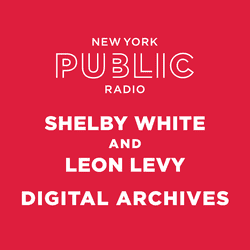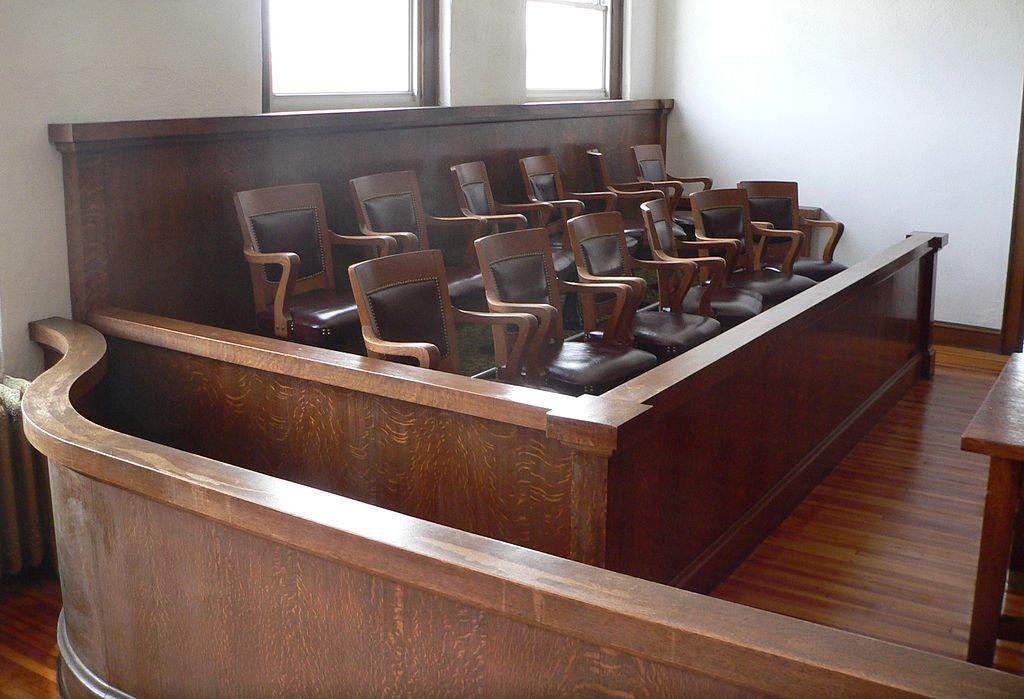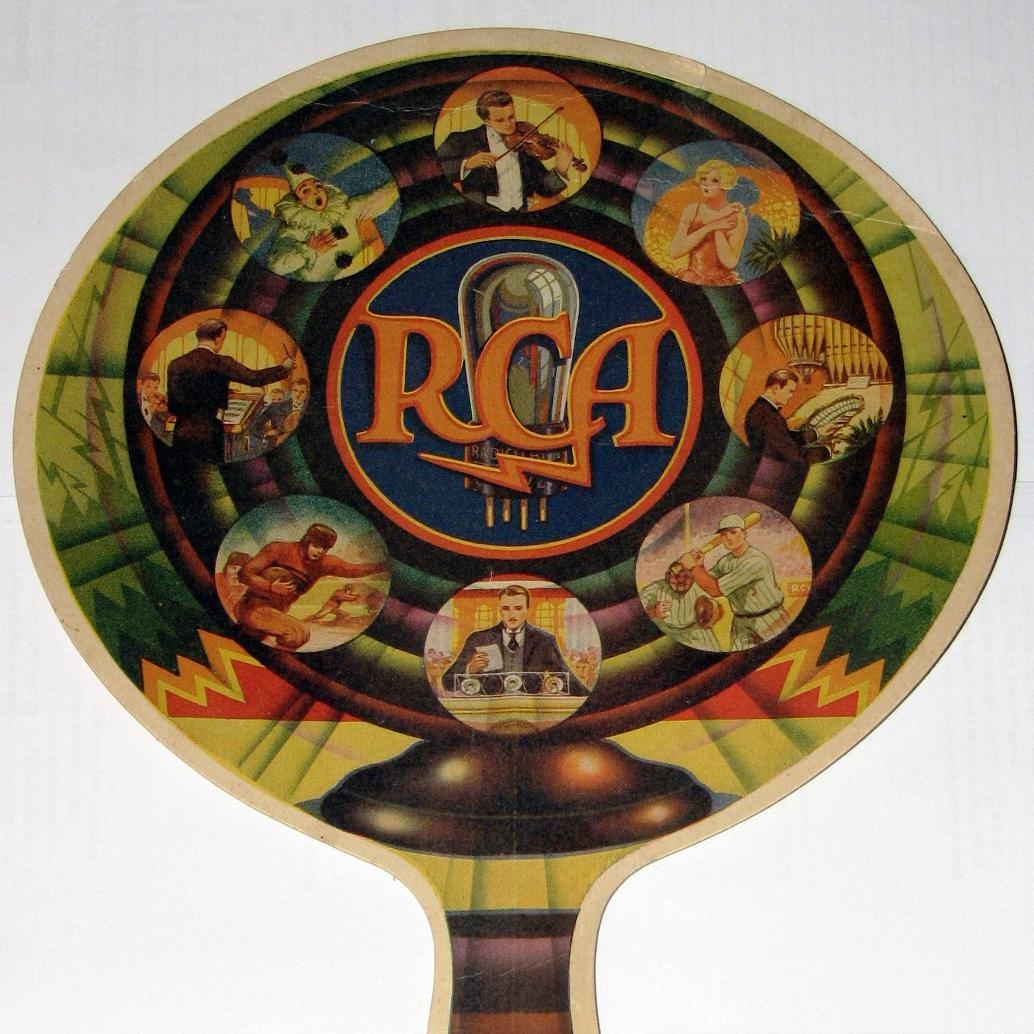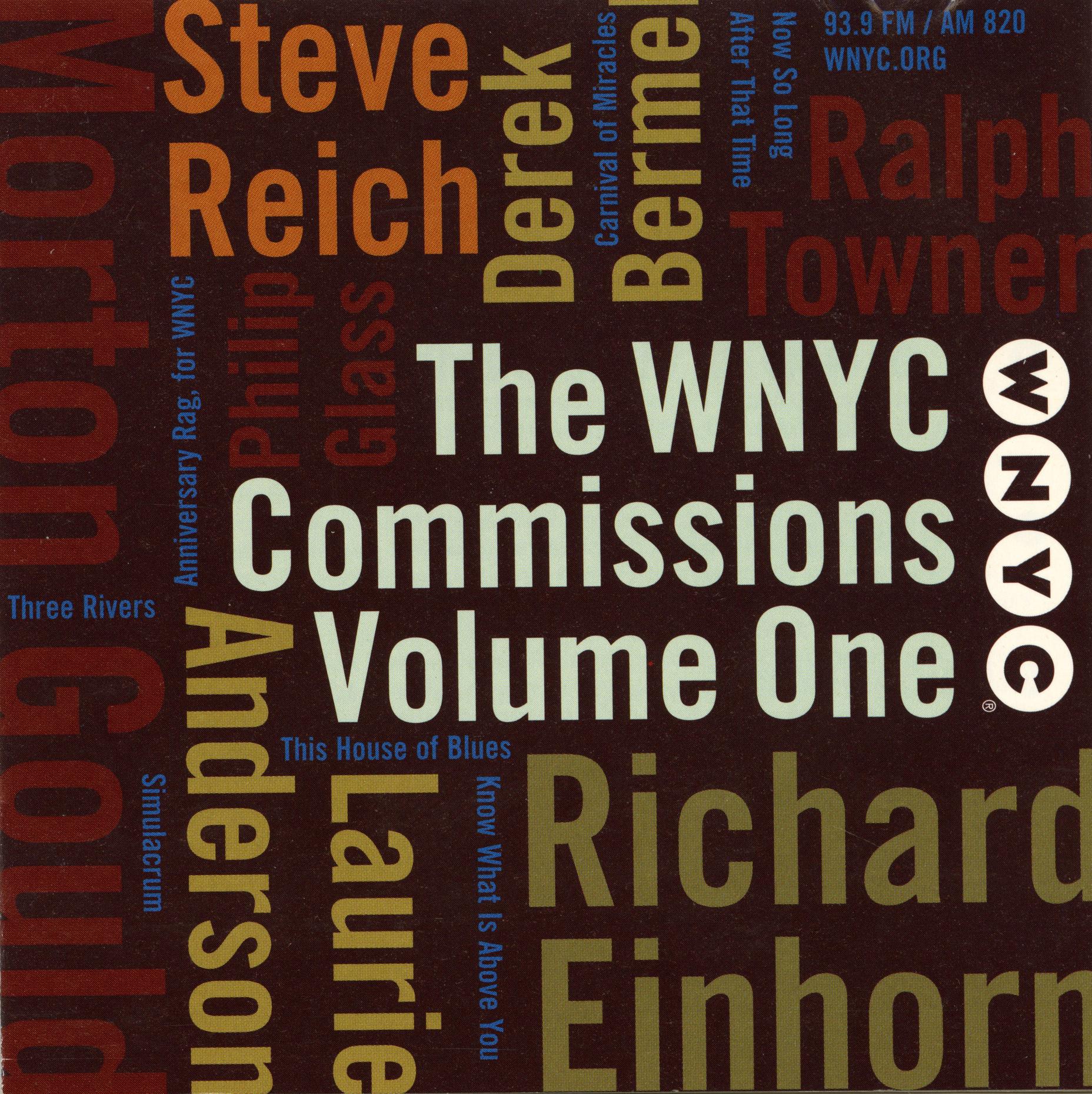New York Public Radio
Shelby White and Leon Levy
Digital Archives
Established in the year 2000, the New York Public Radio Archives are the station's physical link to its rich and storied past. Below you can check out WNYC's digitized radio legacy, selected from thousands of lacquer transcription discs and tapes in the Municipal Archives WNYC collection as well as thousands of recordings on every format (except cylinder and wire) we house on-site. These broadcasts feature arts programming, panel discussions, notable interviews, WWII coverage, and much more. Many WNYC broadcast recordings were digitized with generous support from the Leon Levy Foundation, the National Endowment for the Humanities, the Grammy Foundation, the New York State Department of Education, The National Recording Preservation Foundation, and the Metro New York Library Council. The NYPR Archives especially acknowledges the early support and encouragement we received from the late, great, Alexander (Lex) Kaplen and the Kaplen Foundation.
Learn more about the NEH Digitization project here. Learn more about the NYPR Archives Department here and the New York City Municipal Archives WNYC Collection here.
We hasten to add, you can find vintage WQXR program series on this page as well as at: WQXR Archives!
-
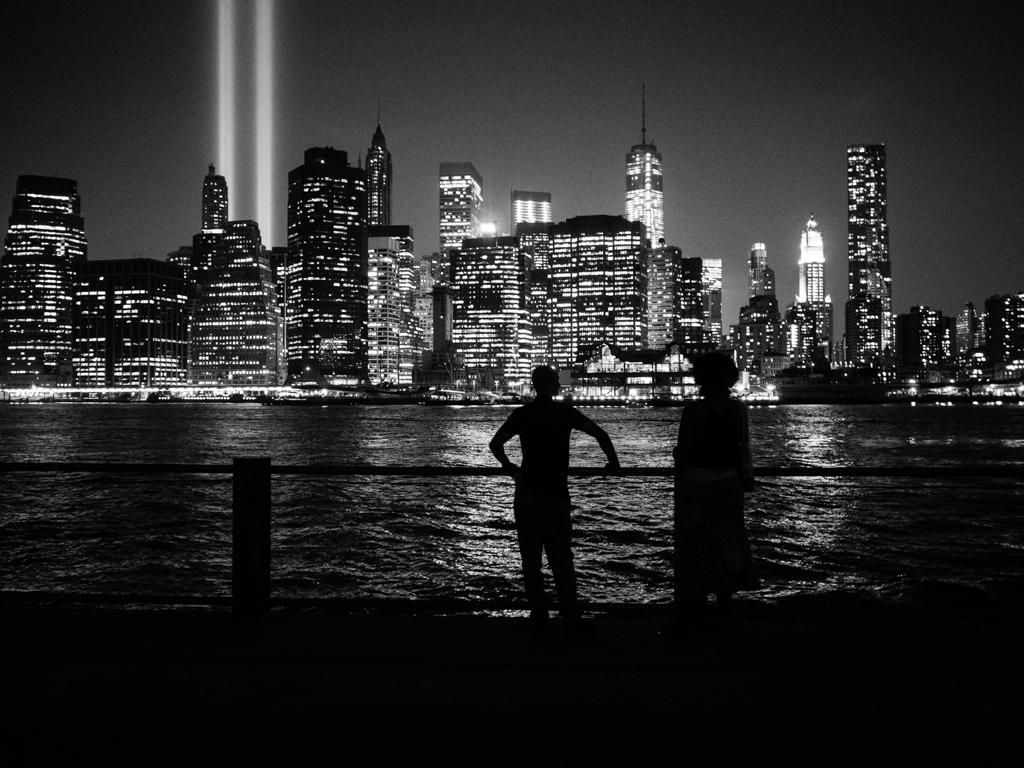
NYPR Archive Collections
9/11 Revisited
In the wake of the tragic events of 9/11 and its aftermath, WNYC produced a series of documentary, features, musical tributes and even diary entries. We've gathered some of them here.
-
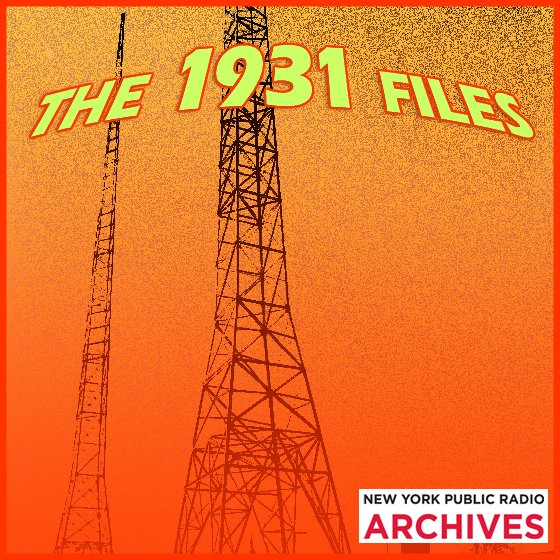
NYPR Archive Collections
The 1931 Files
Rare early WNYC recordings on uncoated aluminum discs found in the FCC collection at the National Archives
-

NYPR Archive Collections
The Absence of Silence
The Absence Of Silence was a half hour program that ran for most of the 1970s into the early 80s on WNYC. David Zimmer supplied its nihilistic title and was on hand to squire some of the shows. Mathew Paris conducted most of the interviews, occasionally working with others. The show featured some of the most interesting New Yorkers from Ned Rorem to Al Goldstein.
-
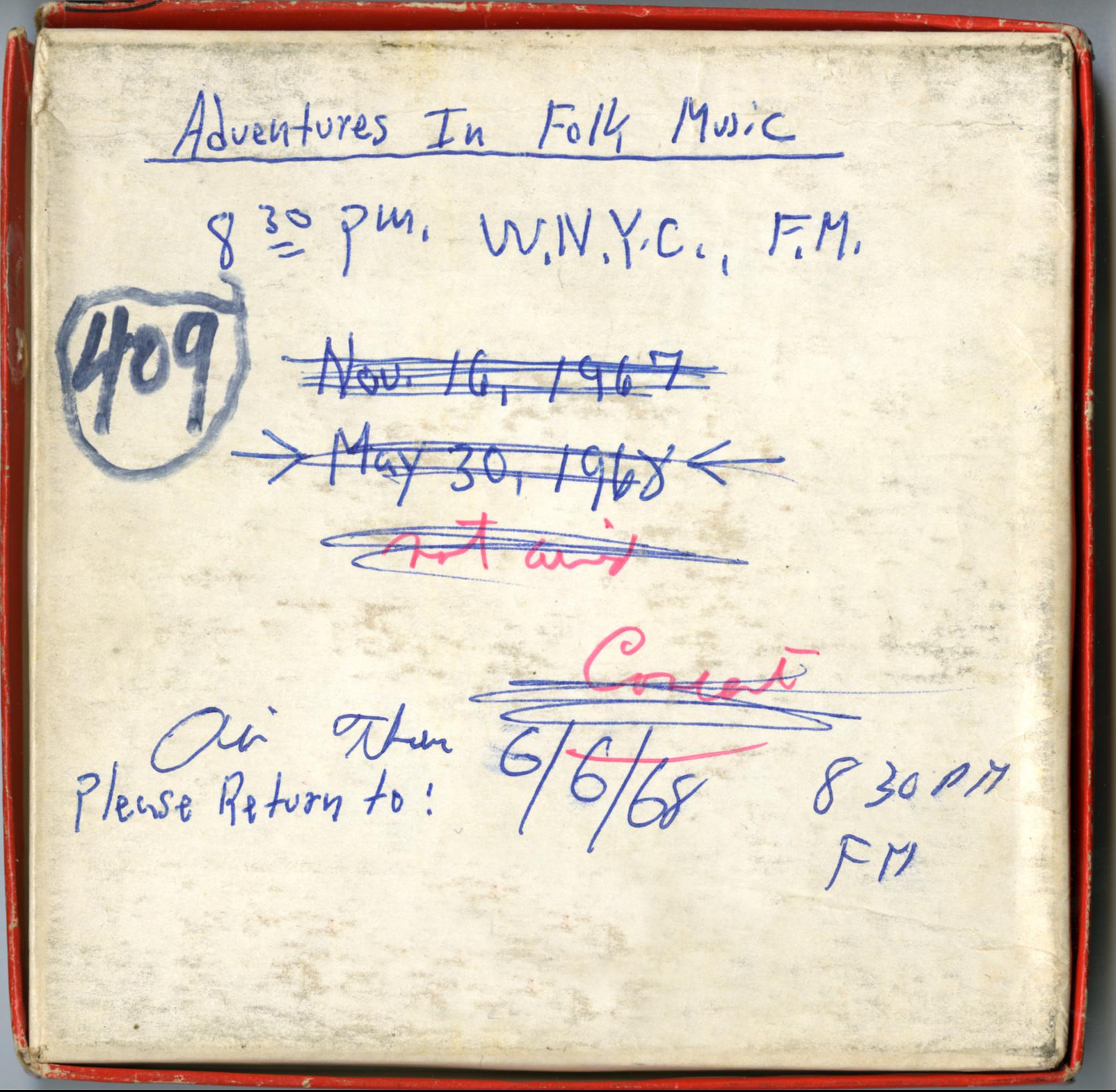
NYPR Archive Collections
Adventures in Folk Music (1960-1969)
Hosted by renowned ethnomusicologist Henrietta Yurchenco, the WNYC radio show Adventures in Folk Music ran from 1960-1969. Yurchenco's program featured interviews and live performances by some of the most interesting and important folk and blues musicians of the day.
-

NYPR Archive Collections
Airworks
Airworks presents new pieces by artists who work in different fields and styles. The one thing they have in common is that their work is meant to be listened to. The works are made for radio
-
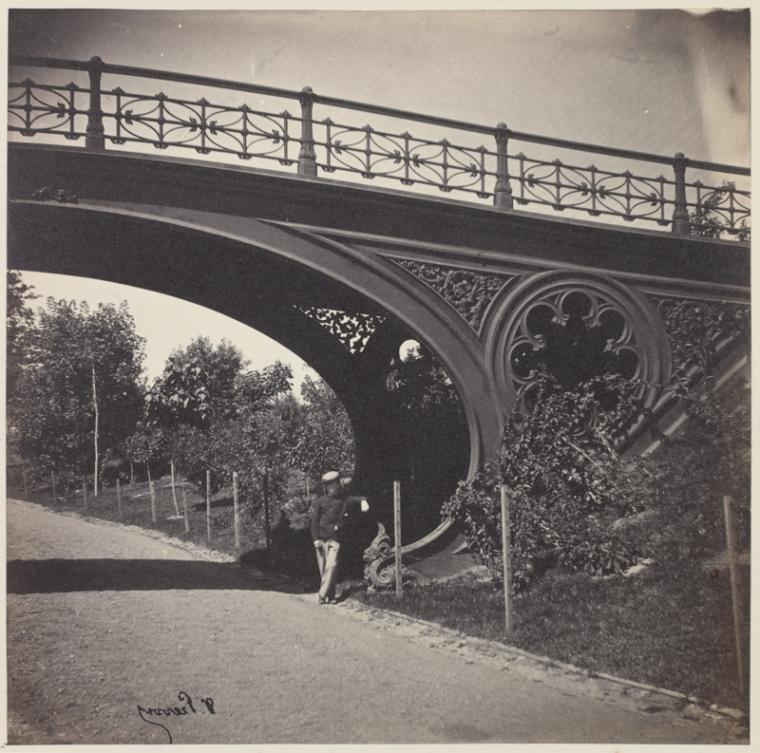
NYPR Archive Collections
All Around the Town (1940)
Warren Pack and Bill Dimorro of the WNYC publicity department pick a part of New York City each week and dramatize it for your education and amusement.
-
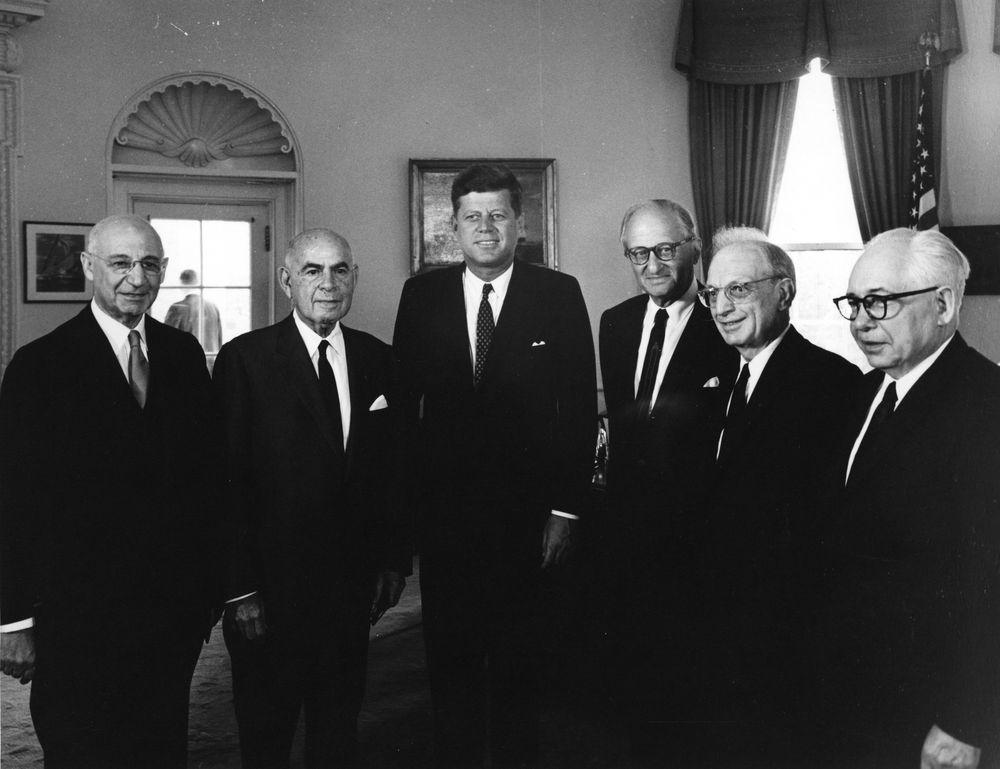
NYPR Archive Collections
American Jewish Committee (1965)
A series of programs organized by the American Jewish Committee.
-

NYPR Archive Collections
American Music Festival (1940- )
Conceived in 1939, the first WNYC American Music Festival hit the air in February 1940. For more than forty years, it was a station tradition, with live events and concerts, reflecting "the culture of a peaceful people, in a land where men and women of any race and creed were free to compose and perform music based on any and all themes."
-

NYPR Archive Collections
Americans All Immigrants All (1939)
This Federal Department of Education series highlighted the contributions of different ethnic groups to American society, focusing on their struggles and ultimate achievements within a fledgling, pluralistic society. WNYC would broadcast the series beginning in June 1939.
-

NYPR Archive Collections
The American Story (1954-1956)
Produced in association with WNYC and the New York Historical Society, The American Story traces the American experience from the early Dutch settlements in New York to the mid-twentieth century.
-
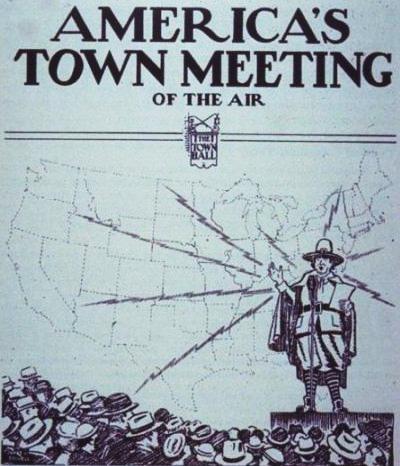
NYPR Archive Collections
America's Town Meeting of the Air (1935-1956)
America's Town Hall Meeting of the Air addressed American culture and concerns. "The major purposes of the Round-the-World Town Meeting are to enable Americans ... to understand world problems and to increase world understanding of this country." (The New York Times, 1949)
-
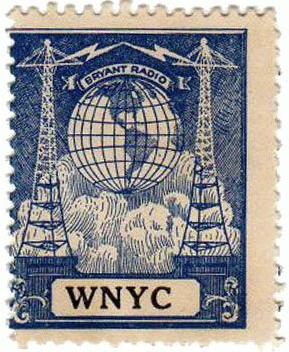
NYPR Archive Collections
Annotations
The National Endowment for the Humanities-funded preservation project blog series by Philip Quarles, Charis Conn, Marcos Sueiro Bal, Emily Vinson, Haley Richardson, John Passmore and Andy Lanset.
-

NYPR Archive Collections
The Anthology of Black Classical Music
A weekly program produced "by black musicians about black music, its history, its present and its future." Hosted by Bill Lowe, The Anthology of Black Classical Music provided a fascinating glimpse into New York City's Black Arts movement in the 1970s.
-
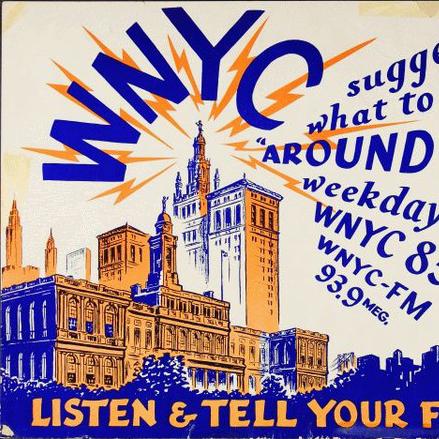
NYPR Archive Collections
Around New York (1939-1966)
An early adopter of the news magazine format, this program covers events around the city, from antiques shows to summer reading lists for out-of-school students. This collection of Around New York is a rich catalog of New York City events, exhibitions, services, and slice of life stories.
-
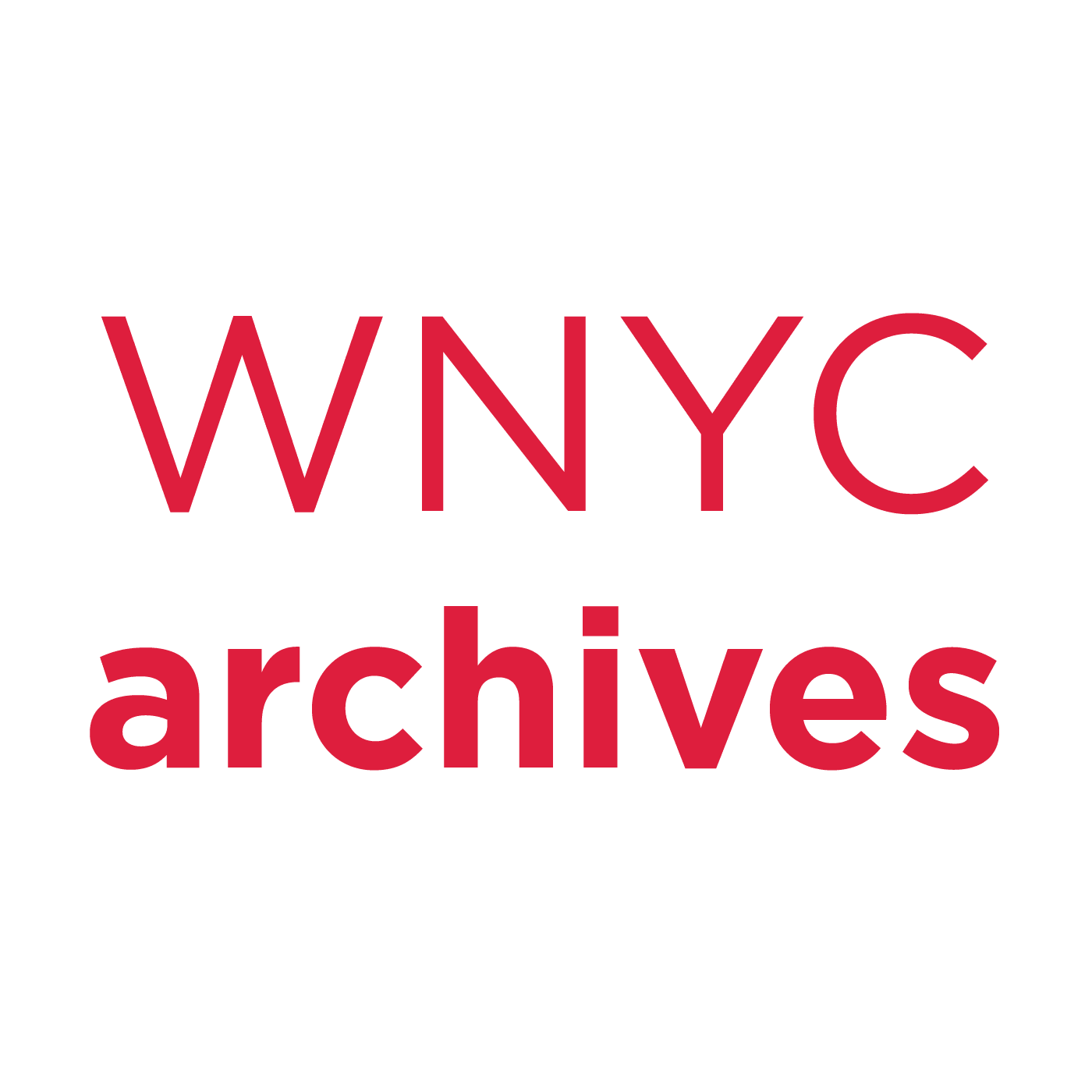
NYPR Archive Collections
Around New York (1991-1996)
Around New York was WNYC's live daily showcase for the city's varied music scene. Each show features musical performances from our studios by well-known and up-and-coming artists from around the world, encompassing the genres of chamber music, jazz, avant garde, and world music. Program hosts included Fred Child, John Schaefer and Steve Sullivan who conducted in-depth artist interviews providing insight into their creative process. (Under construction)
-

NYPR Archive Collections
Around New York with Robert C. Weinberg (1964-1968)
In the late 1960s, Robert C. Weinberg produced a series of short audio commentaries, critiques, and reports about architecture and urban planning in New York City and the surrounding metropolitan area.
-
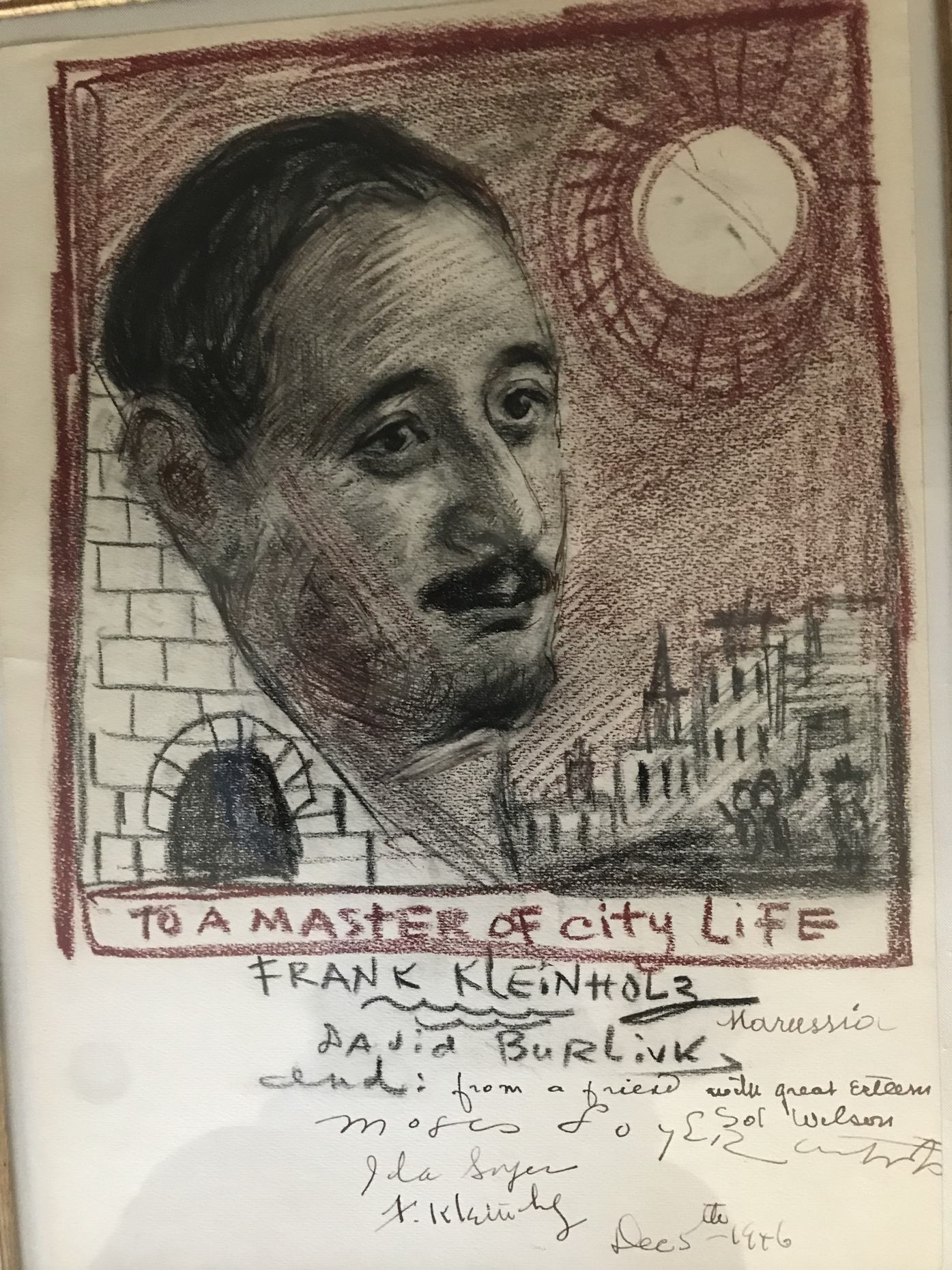
NYPR Archive Collections
Art in New York (1940s)
A weekly radio program aimed at making the people of New York City feel more at home with the work of their own contemporary artists.
-

NYPR Archive Collections
Artists in the City (1970-1985)
Presented each Sunday afternoon at 4:30 PM, Artists in the City, was "designed to introduce you to some of the professional artists who are doing exciting work in the communities and neighborhoods of New York." The show was hosted by Doris Freedman and Jenny Dixon.
-
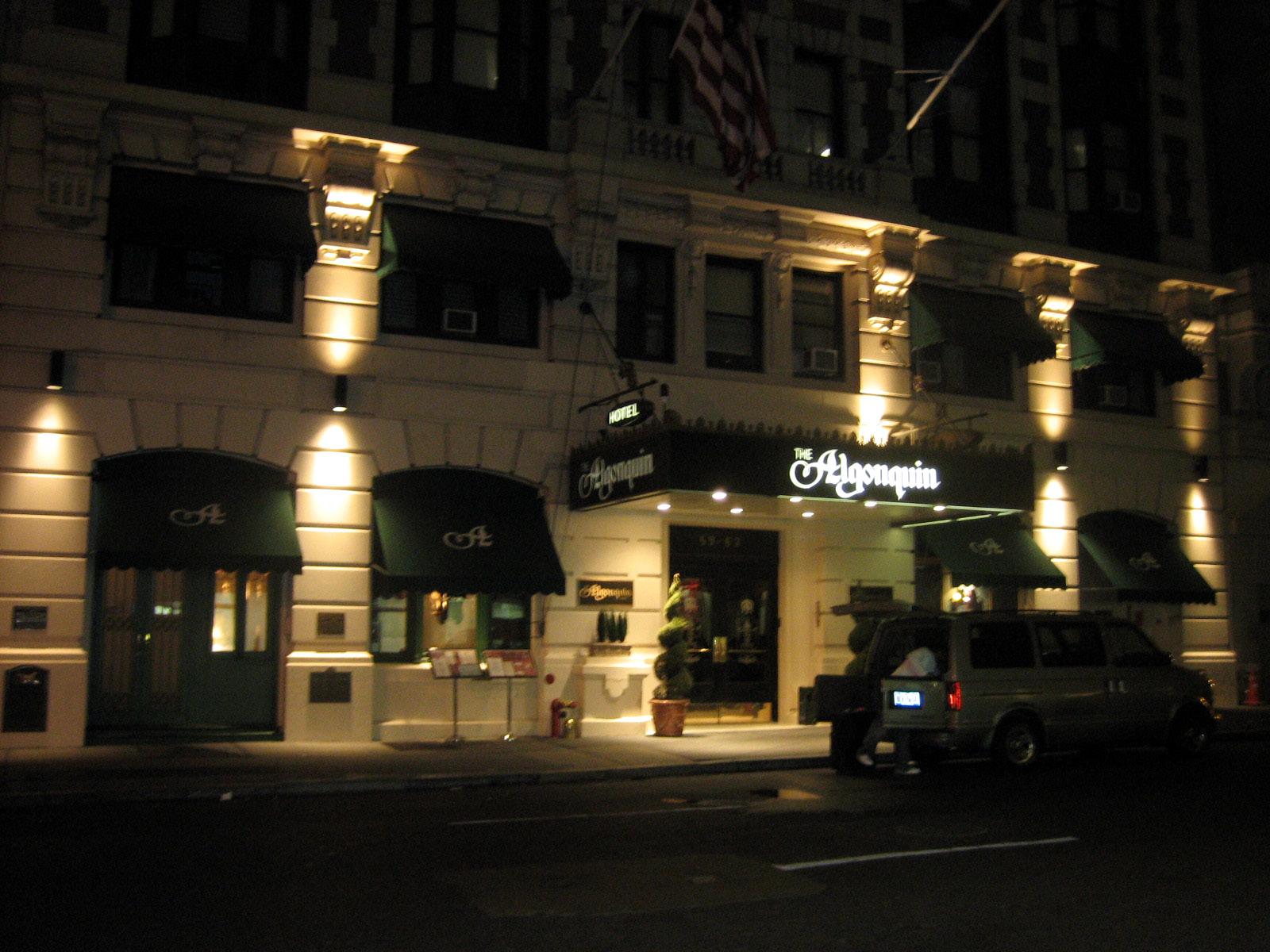
NYPR Archive Collections
Arts Alive From the Algonquin (1989-1990)
The series covered a broad spectrum of arts and cultural issues and included such guests and hosts as Wendy Wasserstein, Jules Feiffer, Larry McMurtry, Clive Barnes, Kitty Carlisle Hart, Edward Albee and Vartan Gregorian, to name a few.
-
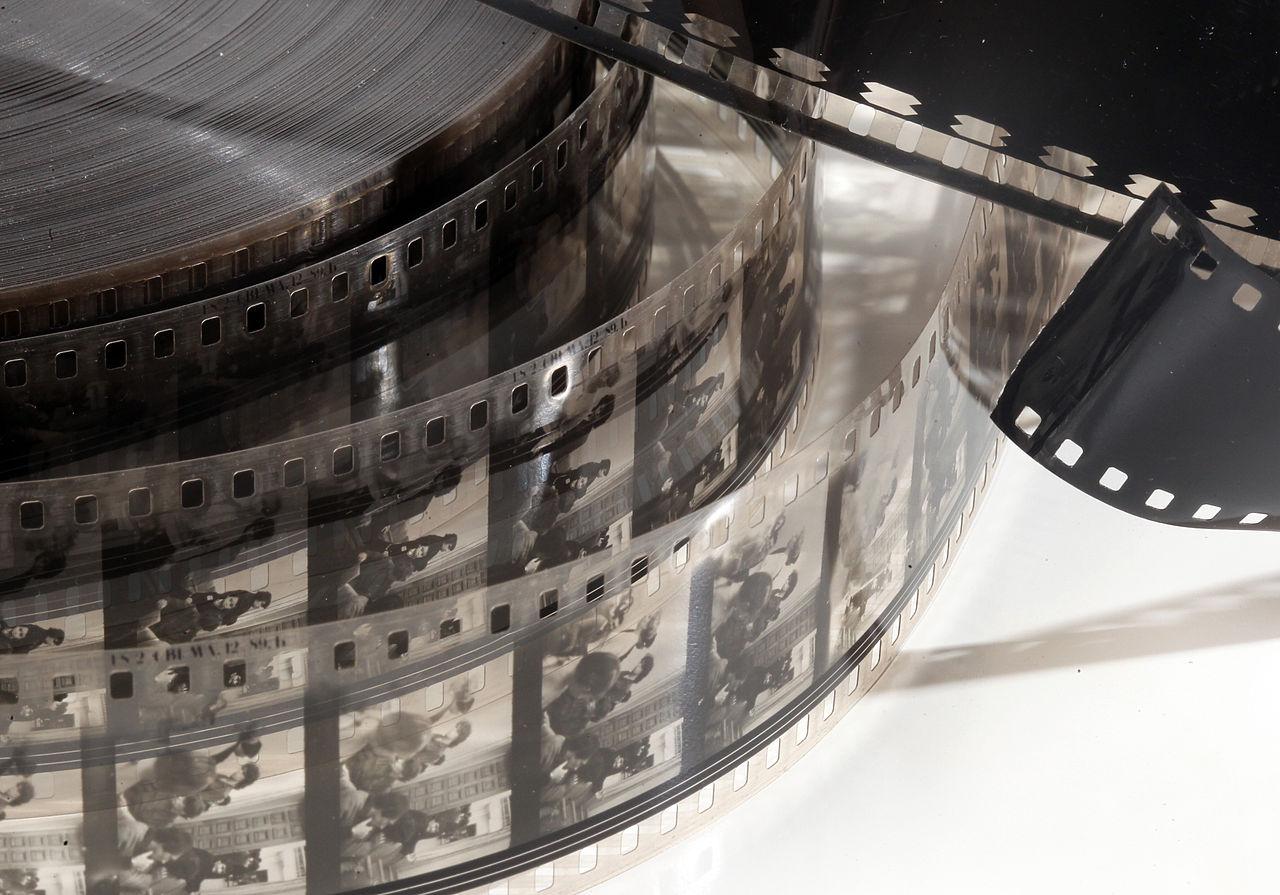
NYPR Archive Collections
Arts Forum (1970s)
A monthly discussion of the arts produced by the Anthology Film Archives hosted by filmmaker Jonas Mekas and film historian P. Adams Sitney.
-
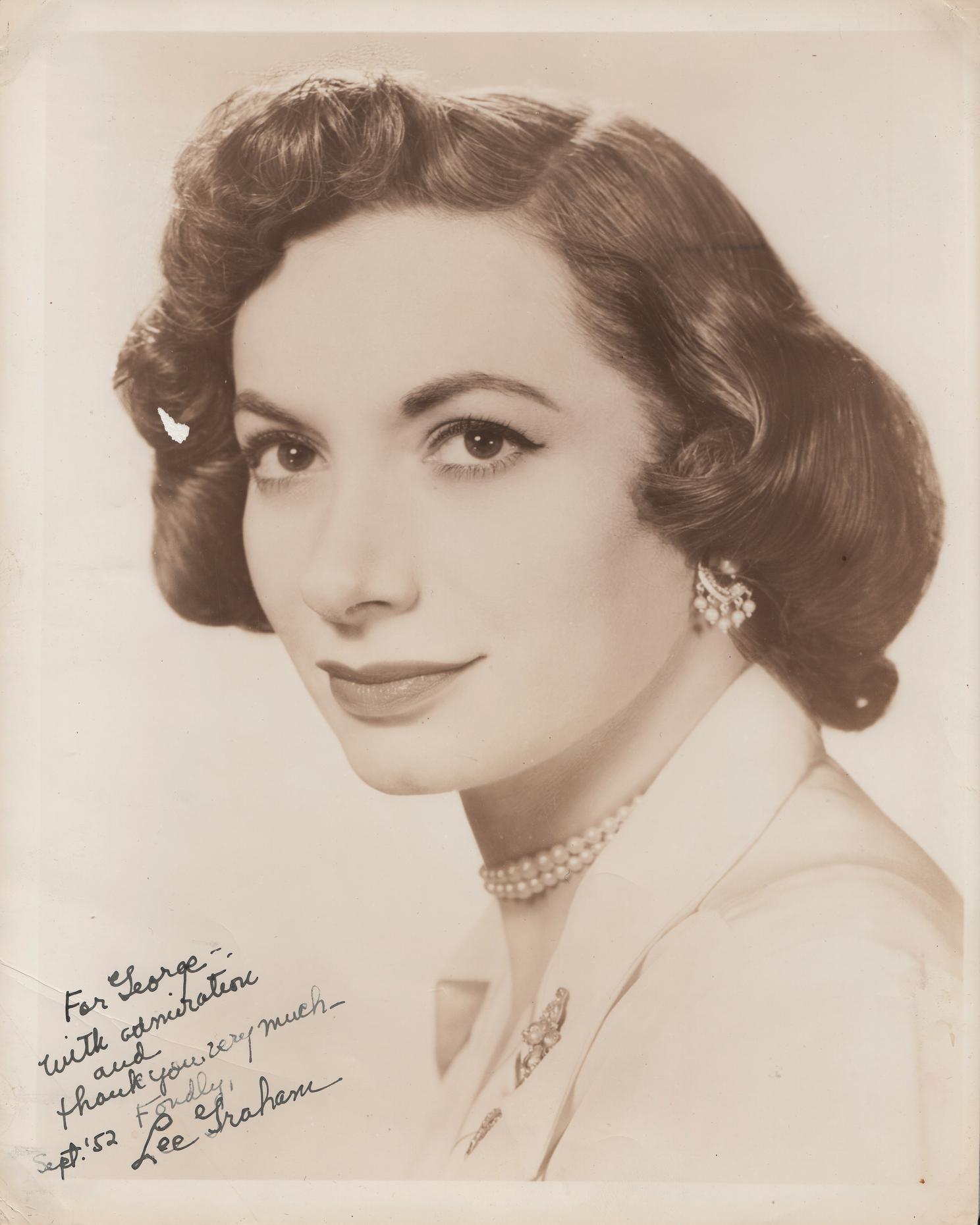
NYPR Archive Collections
The Asia Society Presents
The Asia Society Presents was a weekly 25 minute program designed to promote a better understanding by Americans of the Far East. Host Lee Graham interviewed a wide variety of experts on the region. The series began in November 1967.
-
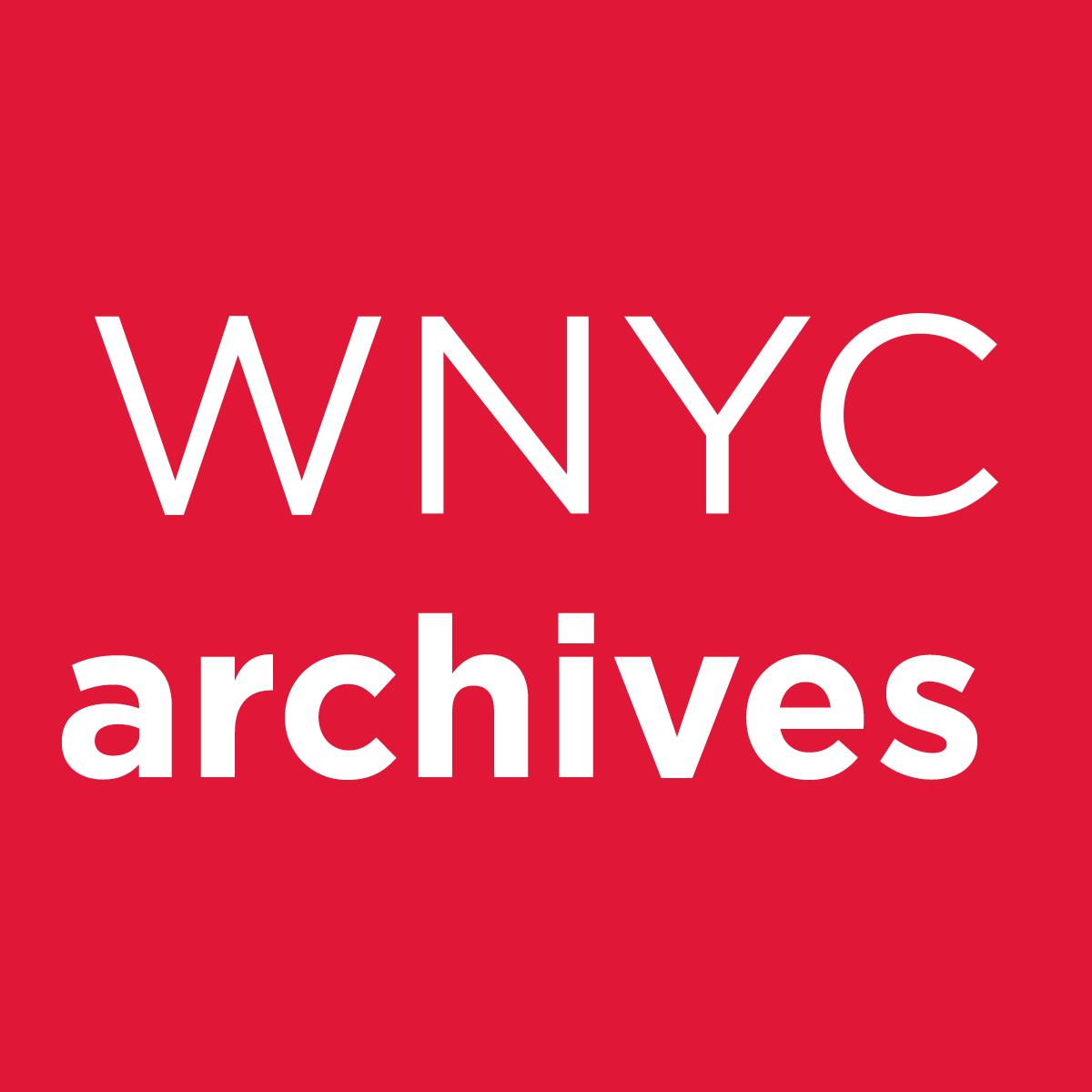
NYPR Archive Collections
At Your Service (1955)
Produced in cooperation with Greater New York American Hospital Association, At Your Service, aired on WNYC in 1955. Designed to create a greater understanding of hospitals and their services, the 13-week series aimed to give the public better knowledge of hospital services and functions in general, and the role of the city hospital in particular.
-
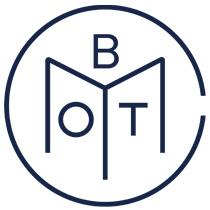
NYPR Archive Collections
The Author Meets the Critics (1946-1947)
The Author Meets the Critics had a relatively short tenure on WQXR. Sponsored by The Book of the Month Club the show first aired on WHN before moving to WQXR in May 1946. By June 1947 the program shifted to NBC. As its title suggests, book authors get the third degree from their critics and make for some lively radio.
-
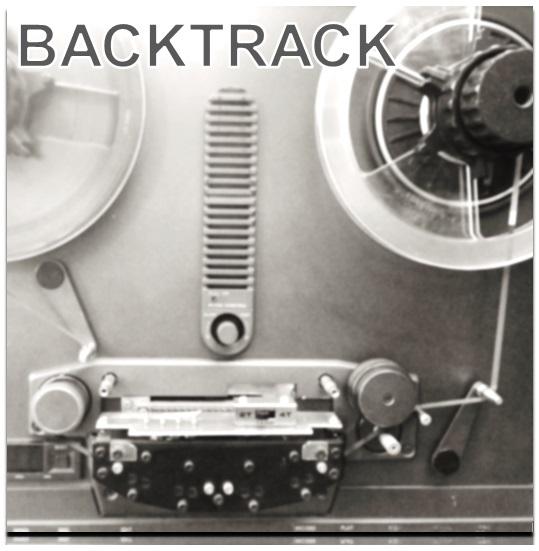
NYPR Archive Collections
Backtrack
There are lots of old docudramas in the WNYC Archives. On Backtrack, former archive intern Byrd Pinkerton went digging through some of them for interesting ideas and sounds.
-

NYPR Archive Collections
Ballad Hunter (1941)
In 1941, the Library of Congress presented a series of ten radio programs for "explaining and illustrating the folk songs of the American people as they are sung by the people themselves." Narrated by legendary folklorist John Lomax, the shows incorporated some of his experiences, from riding "night-herd with cowboys on the Western plains" to joining "farm hands at barn dances in many sections of the American countryside."
-
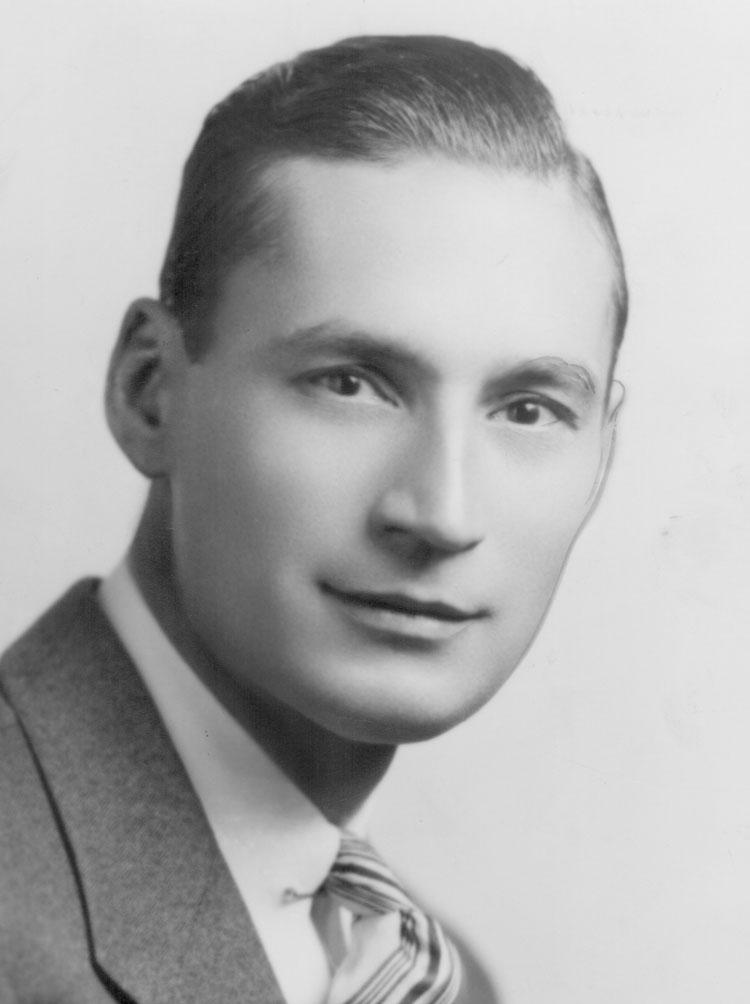
NYPR Archive Collections
Behind the Scenes in Music (1943-1955)
The training orchestra of the National Orchestral Association (NOA) rehearsed under the direction of Leon Barzin. Behind the Scenes in Music was produced by the association to enable the average person to hear orchestral rehearsals and to learn to understand the problems involved in the preparation of an orchestral work.
-

NYPR Archive Collections
Berlin Without Walls
A Station-wide, multi-platform, full body immersion into the Berlin Philharmonic and its extraordinary city.
-
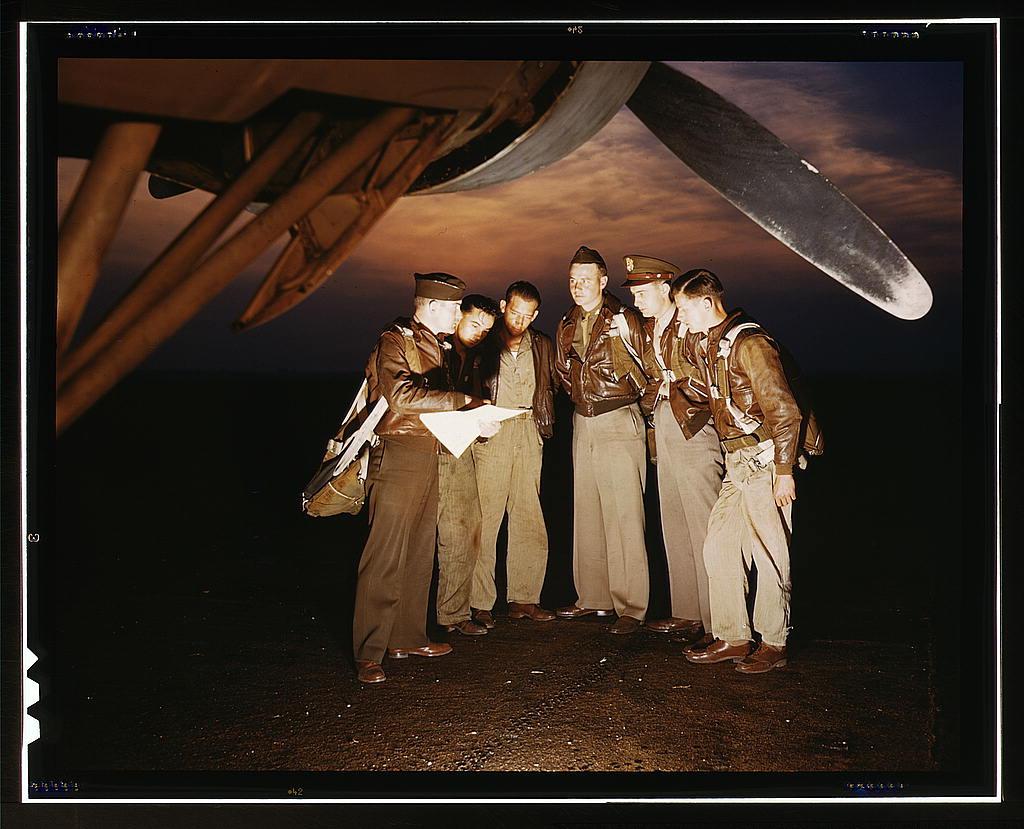
NYPR Archive Collections
Beyond Victory (1942-1947)
Post-war leaders rally Americans to sustaining peace and prosperity.
-
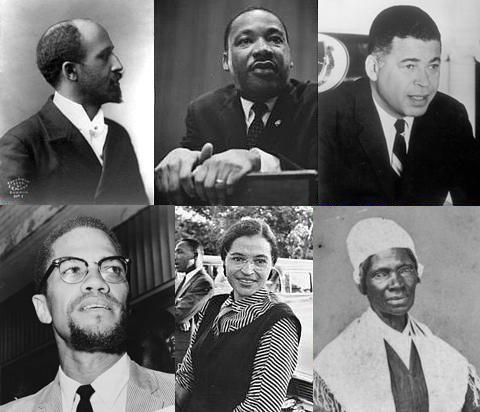
NYPR Archive Collections
Black History Month Collection
The New York Public Radio Archives has pulled together some of the department's leading preservation work, series and sonic artifacts concerning African-American history.
-

NYPR Archive Collections
Black Industrial Revolution (1968)
A series of programs committed to exploring and communicating the industrial needs of the black community. The intention of this program is to bring businessmen together with the youth in the black communities to discuss their problems. Raymond C. Turner moderates.
-

NYPR Archive Collections
Black Man in America (1968-1969)
This show is "devoted to the history and life of Afro-Americans and the contributions they have made and are making to the material, cultural, and spiritual wealth of this country. This includes ALL of living, not simply the Civil Rights issues we see in the headlines". The program was produced by WNYC and the City's Commission on Human Rights
-

NYPR Archive Collections
Book and Author Luncheon (1948-1974)
For more than thirty years, the The New York Herald Tribune Book and Author Luncheon provided a forum for authors famous and obscure in one of the largest markets for books in the world, New York City. During the luncheons, authors would provide short lectures and lessons from their lives and literature, while stroking their author egos by basking in the praise of the luncheon's ever-charming hosts. The luncheons began in 1938, and would air on WNYC from 1948 through 1974.
-
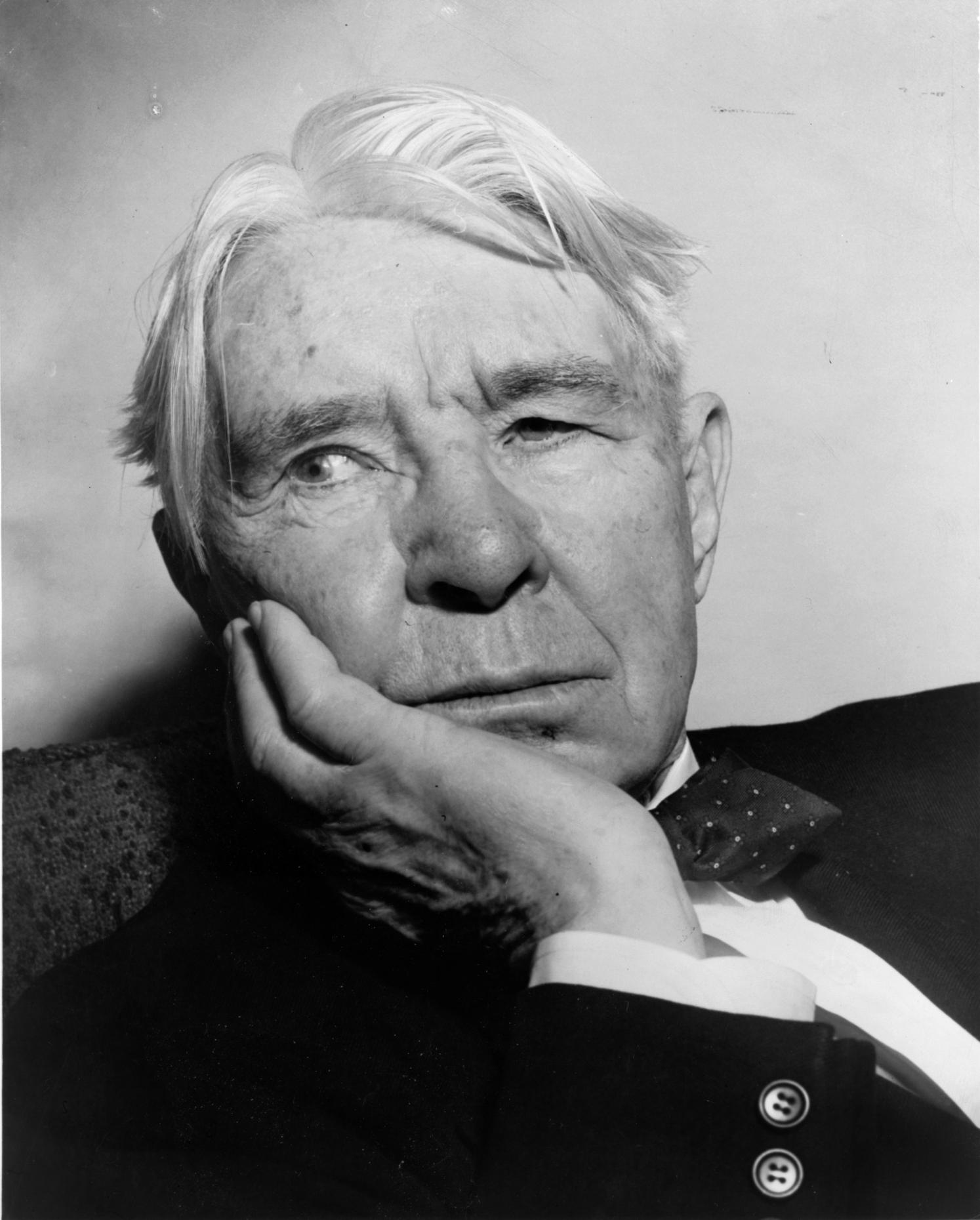
NYPR Archive Collections
Books in Profile (1955-1957)
Books in Profile is an interview show about American literature. Give a listen to Robert Frost, Robert Penn Warren and Marchett Chute.
-
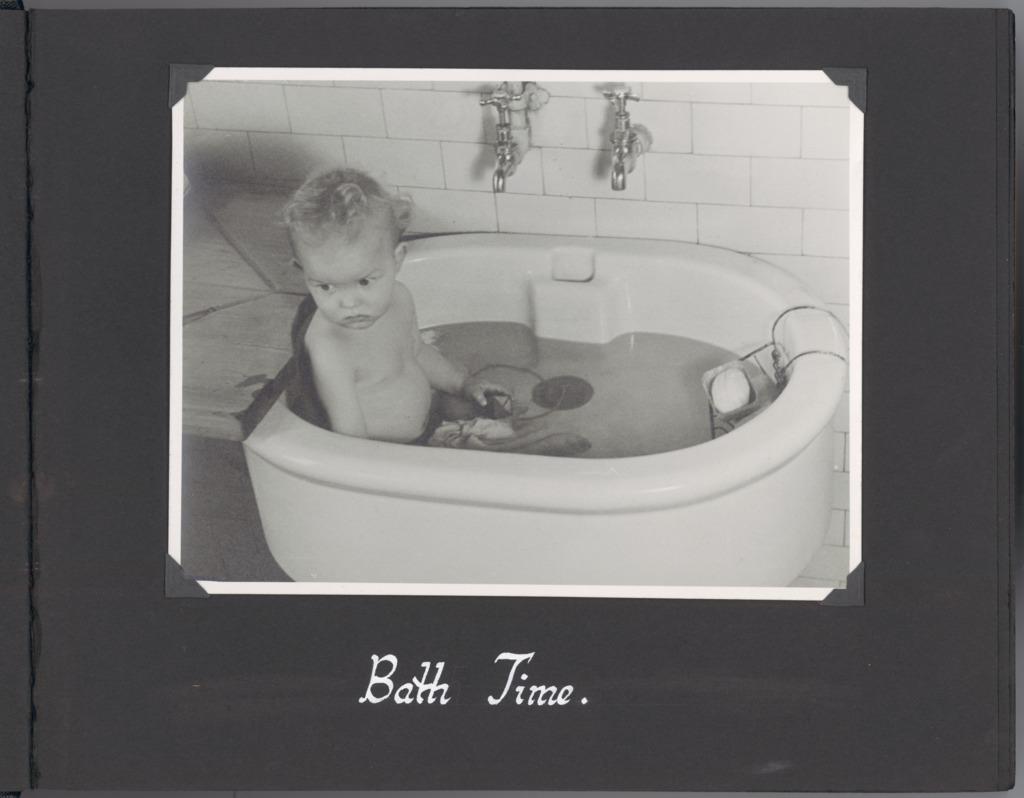
NYPR Archive Collections
Bringing Up Baby (1951)
Advice about child-rearing from the 1950s with Health Commissioner Leona Baumgartner.
-
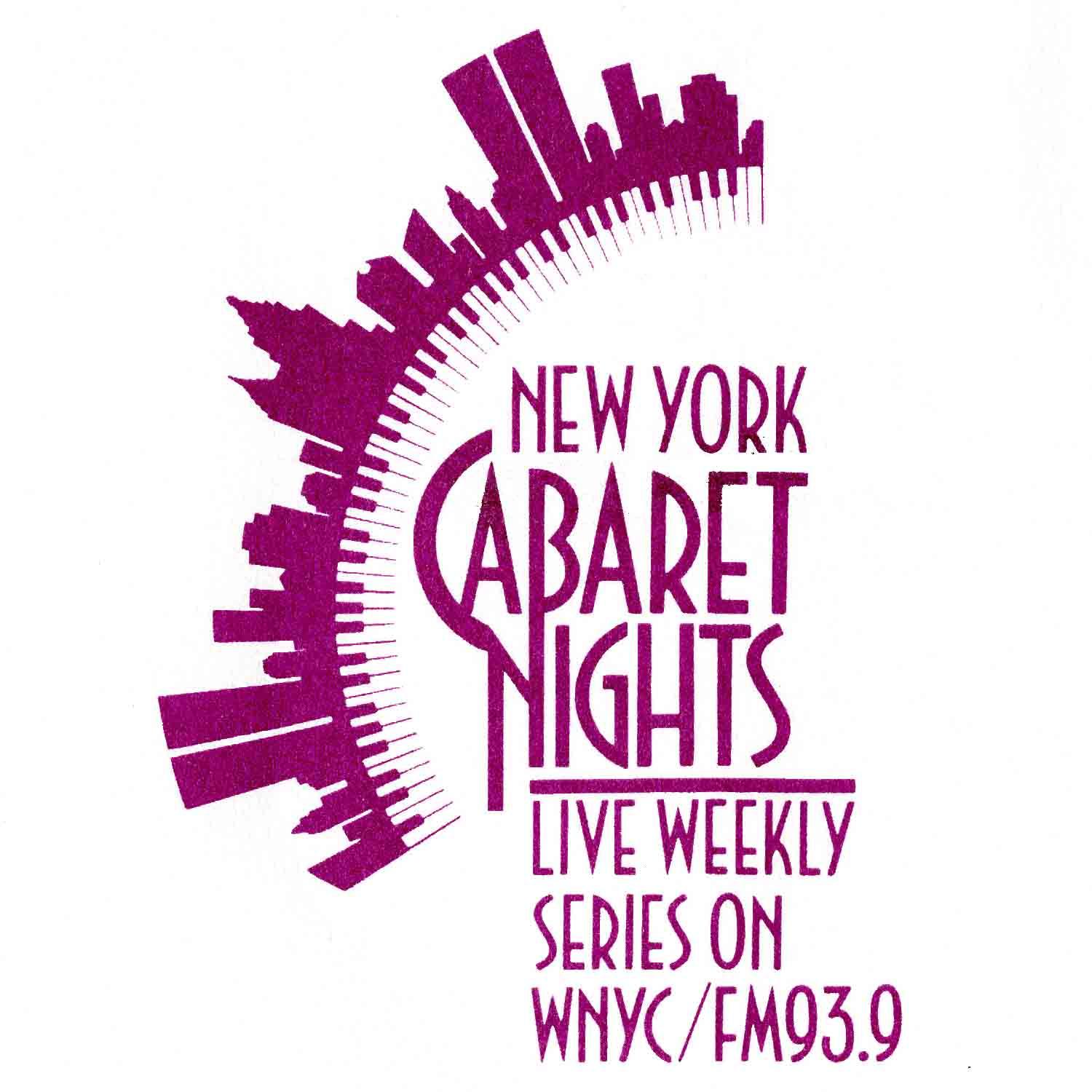
NYPR Archive Collections
A Cabaret Moment
A Cabaret Moment is a series of short performer profiles of legendary cabaret performers and composers that offer an introduction to the personalities of the past who embody the glamour and intimacy of the cabaret experience.
-

NYPR Archive Collections
Campus Press Conference (1951-1962)
"For the answers to these and other questions..." Each Campus Press Conference begins with a slew of questions from the student editors of New York City college newspapers, delivered with the controlled seriousness of a teenager on the radio for the first time. Despite their endearing greenness, the student editors pose sharp inquiries to guests from the fields of science, finance, culture, and politics.
-

NYPR Archive Collections
The Challenge of Spaceflight (1961-1962)
Leading scientists and engineers discuss aspects of the nation's space program in this series produced by Harold K. Halpern and Robinson "Bob" Costigan.
-
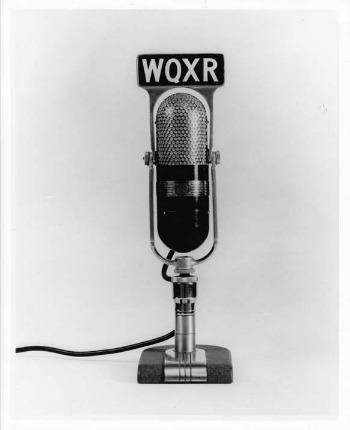
NYPR Archive Collections
Chamber Music Festival
Through the 1980s, the Chamber Music Festival program was heard from The WQXR auditorium. Guest ensembles performed before a live audience and included the Cleveland and Tokyo Quartets, the Beaux Arts Trio, the Emerson String Quartet, the Partita Chamber Ensemble and many others. The host was Robert Sherman and the sponsors were Chemical and Marine Midland banks.
-
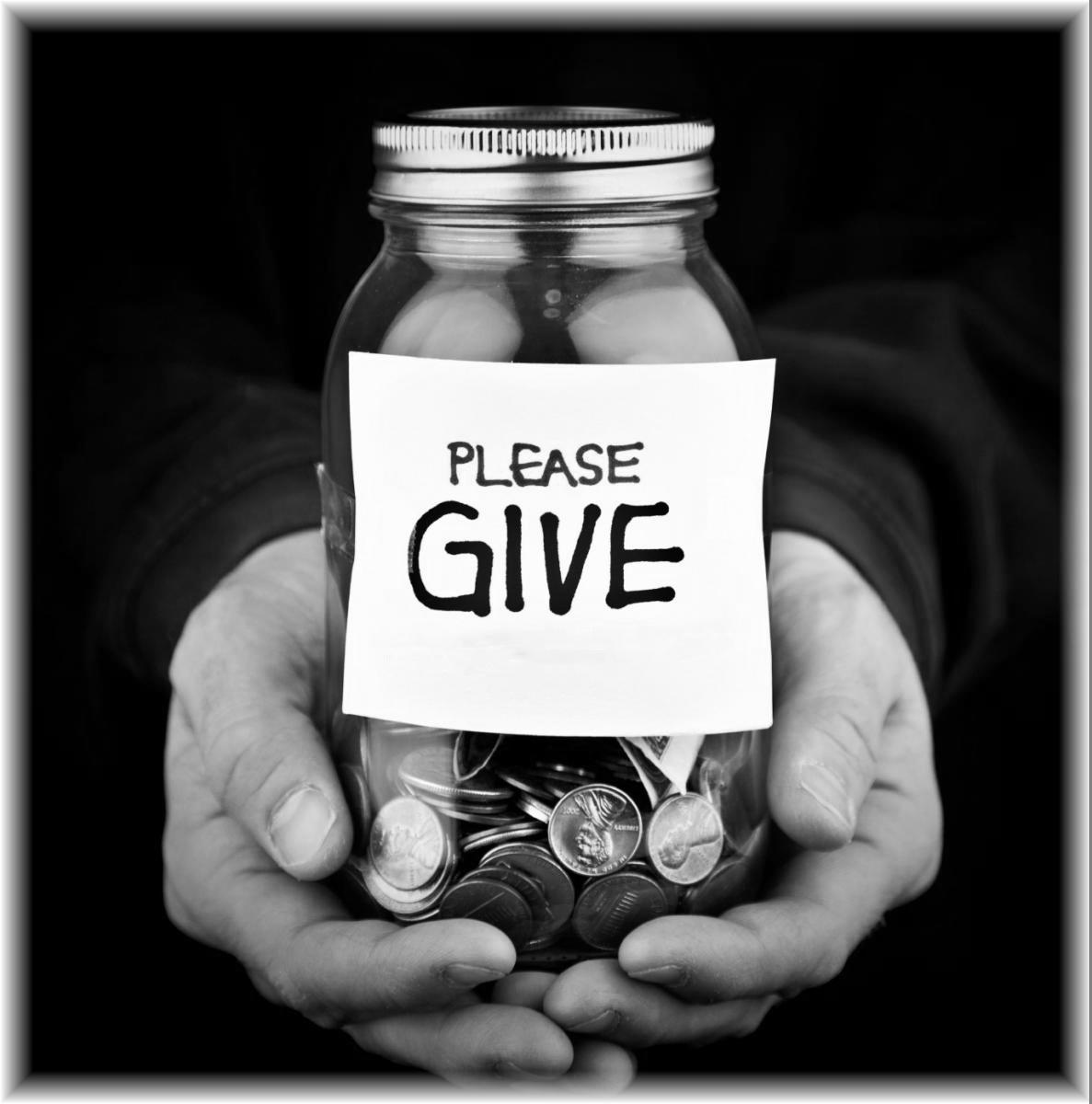
NYPR Archive Collections
Charity Appeals
In the past WNYC frequently aired public service announcements for a variety of mainstream charitable causes. These included appeals for those with disabilities as well as medical research.
-
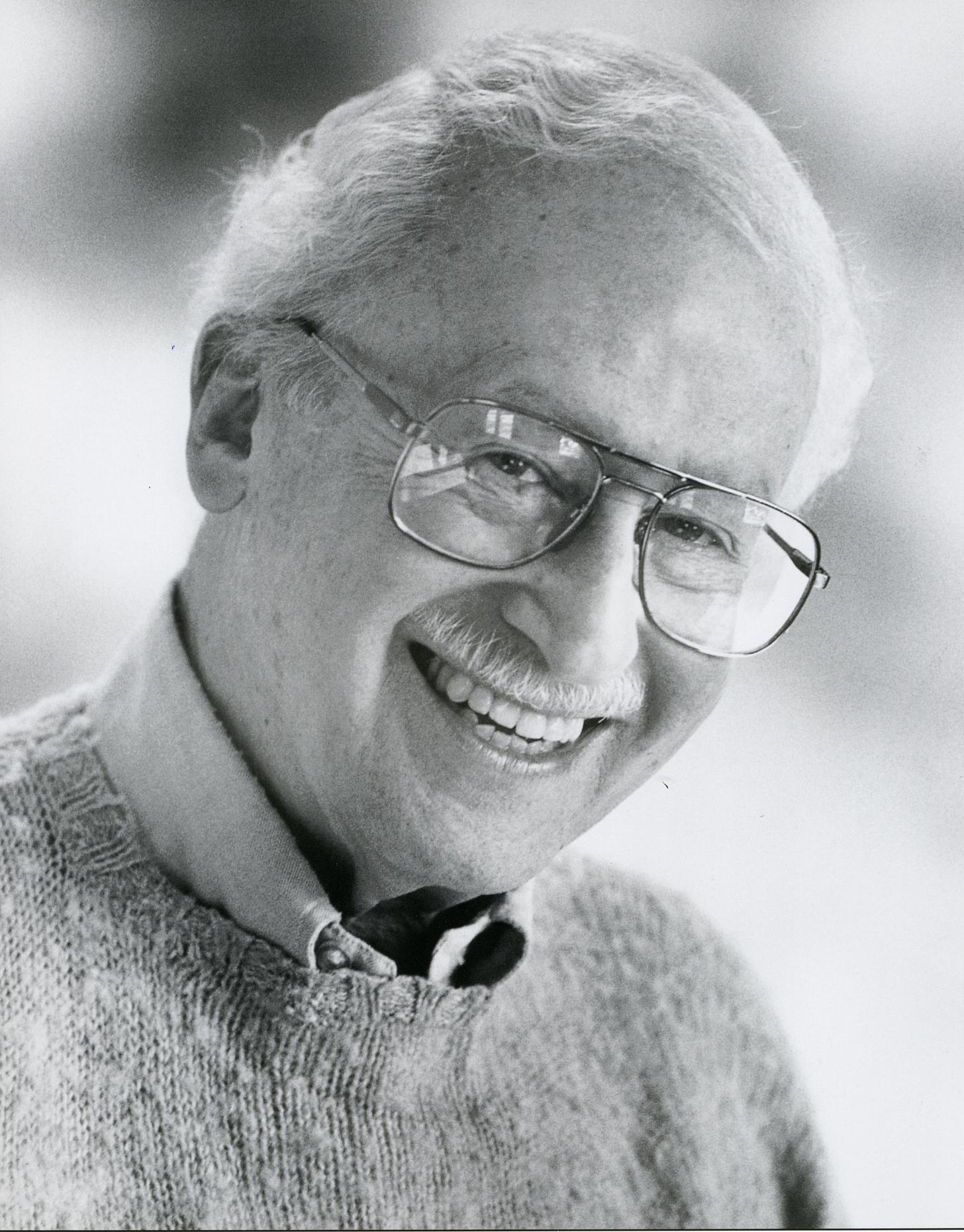
NYPR Archive Collections
Children Can't Wait
Host Robert Coffman discusses issues involved with social welfare, health and social services.
-
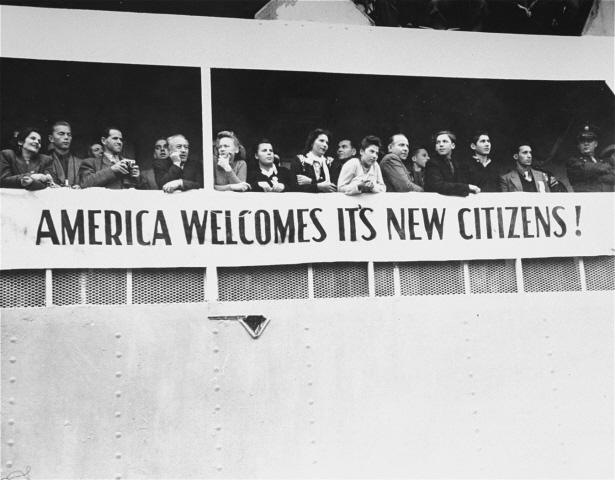
NYPR Archive Collections
Citizens Committee on Displaced Persons (1940-1949)
Dramatizations meant to sway public opinion in favor of 'displaced pilgrims;' European Jews seeking American citizenship after the Second World War.
-
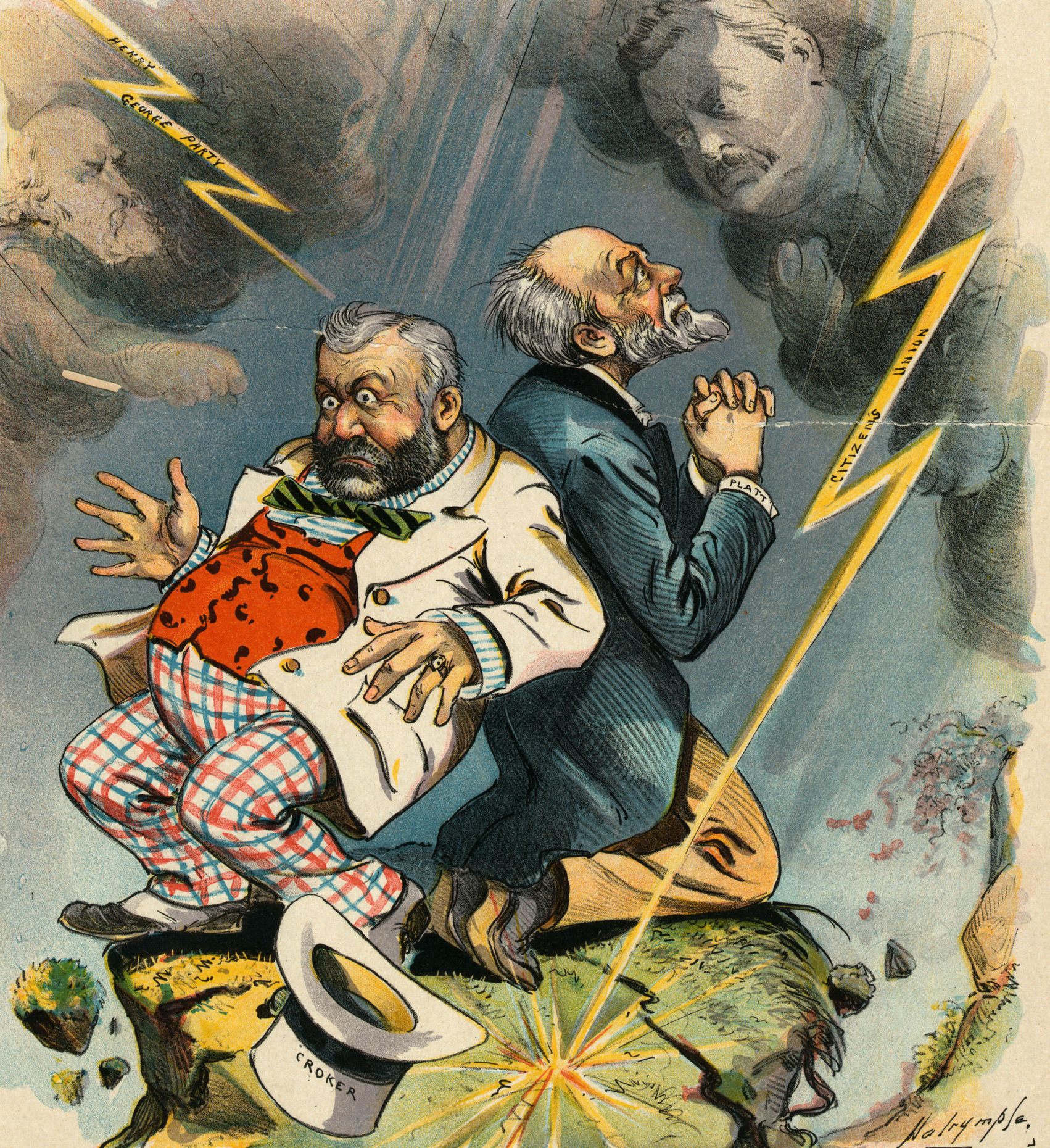
NYPR Archive Collections
Citizens' Searchlight (1967)
The Citizens Union hosts a show on city politics and social issues.
-
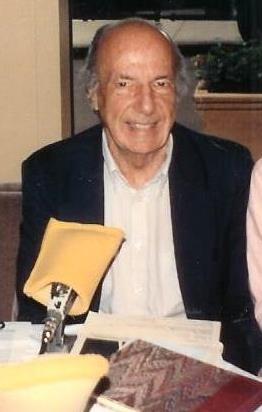
NYPR Archive Collections
Citron, Casper
For 15 of Casper Citron’s 43 years in broadcasting he interviewed people for WQXR. His studio, for a good part of that time, was the Algonquin Hotel where he spoke with people in the arts, politics and literature. Among the hundreds of interviews were Margot Fonteyn, Marcel Duchamp, Martin Luther King Jr., Robert F. Kennedy, Dwight Eisenhower and Alfred Eisenstadt. Citron (1919-2001 was also as a regular host of an interview program on WNYC-TV as well as WRFM and WOR.
-
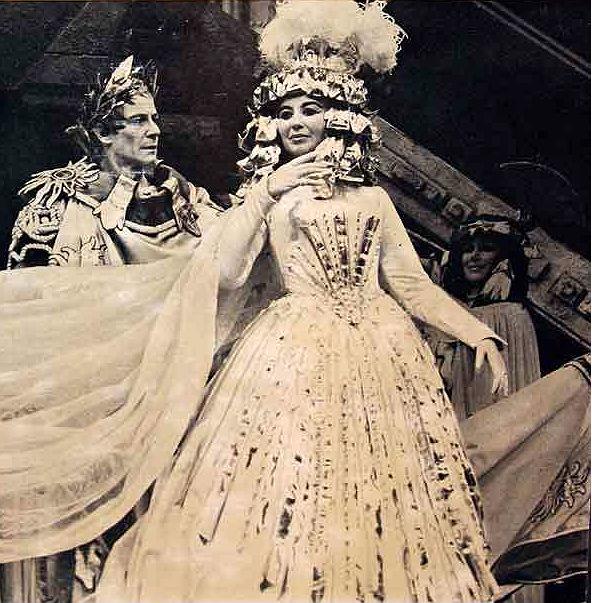
NYPR Archive Collections
City Center Interview (1950s)
A series of 1950s interviews, broadcast from the New York City Opera at City Center.
-

NYPR Archive Collections
City Close Up (1963-1964)
WNYC Director Seymour N. Siegel interviews New York City officials about municipal issues. City Close Up offers a more personal context for sweeping issues like urban planning, political campaigns, public safety, and civil rights. With a strong focus on the function of government, these citizen-centric interviews include both commentary and information.
-

NYPR Archive Collections
City Record (1950s)
City Record is a program designed to acquaint New Yorkers with the working of their city government. Hosted by Seymour Seigel, Director of Radio Communications for the city of New York.
-
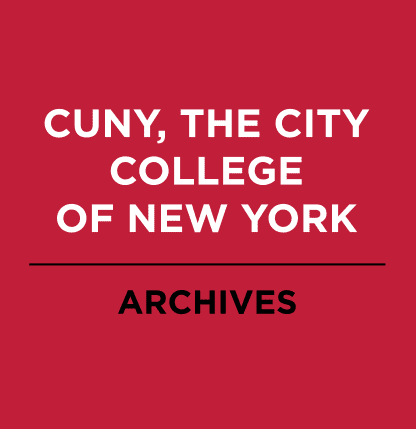
NYPR Archive Collections
City University of New York (1940-1942)
From the collection of the City College Civilian Defense Council Lectures broadcast over WNYC during World War II.
-
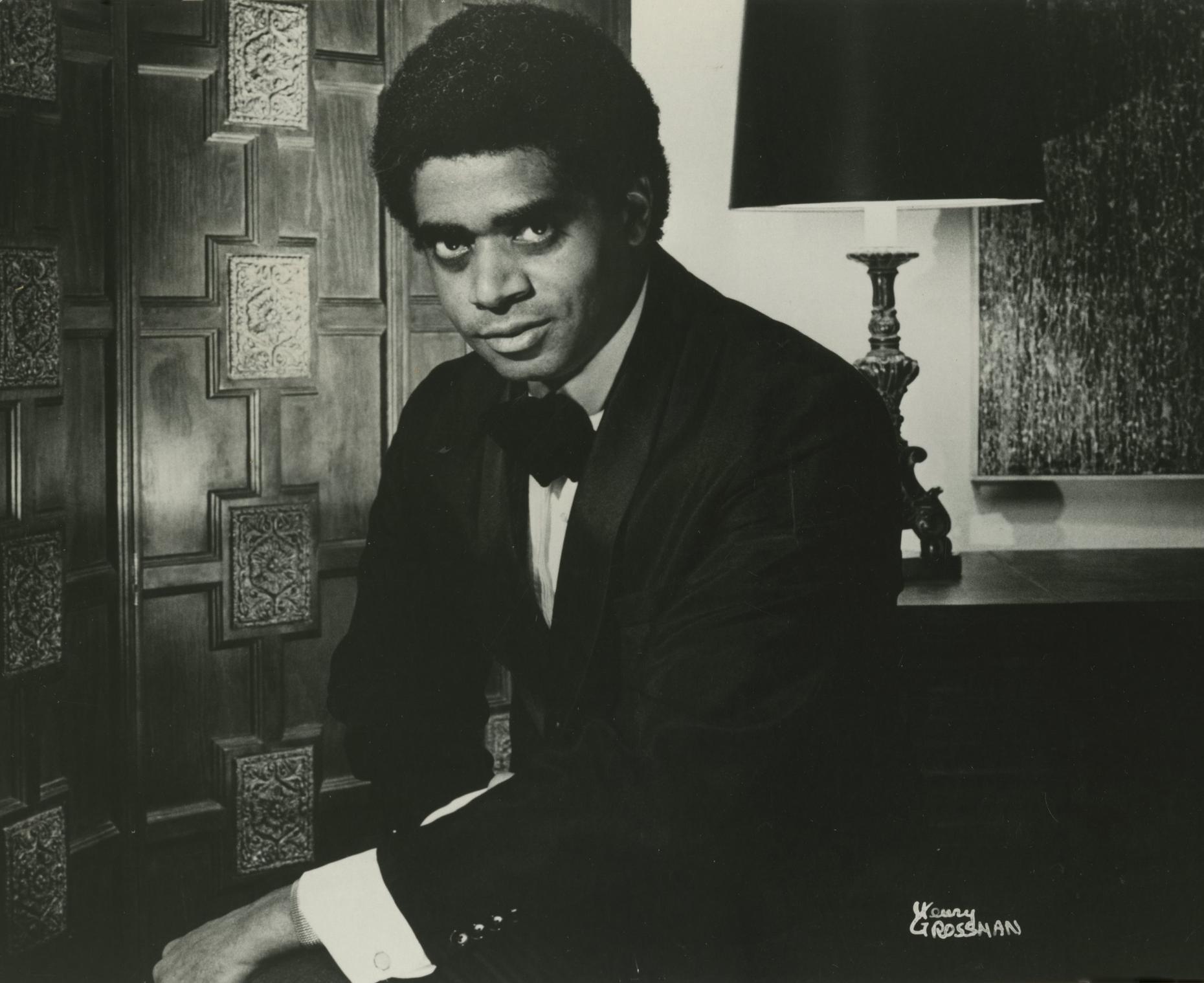
NYPR Archive Collections
Classical Music and the Afro-American (1974-1975)
A WQXR series of interviews from the 1970s hosted by George Shirley, the distinguished American tenor.
-

NYPR Archive Collections
Comic Parade (1945)
At the behest of Mayor Fiorello H. La Guardia, prominent funnymen read newspaper comic strips to the children of New York City during the 17-day newspaper deliverymen's strike in July 1945.
-
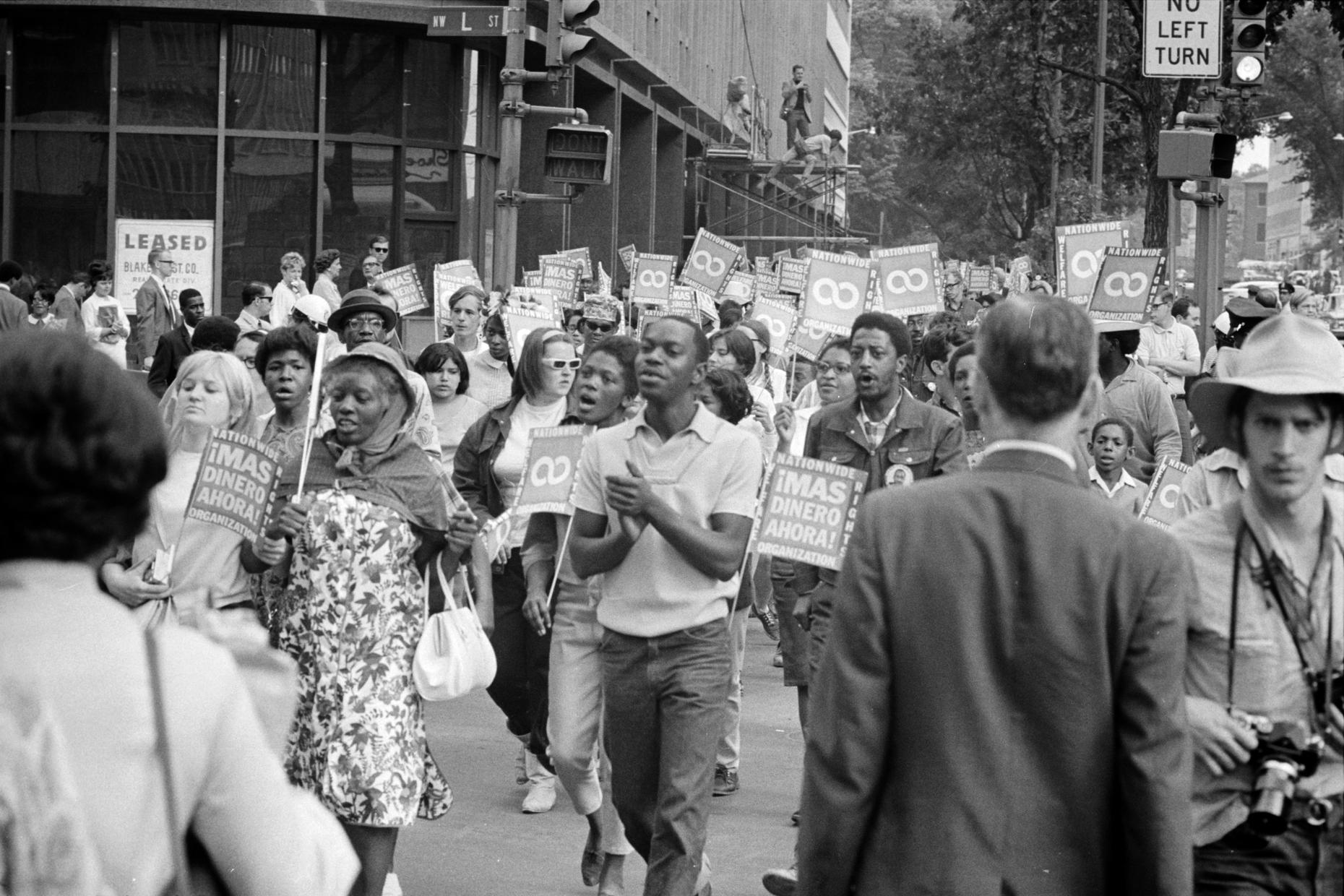
NYPR Archive Collections
Community Action (1960s)
The weekly report from the Community Council of Greater New York. The Community Council of Greater New York was a city-wide voluntary organization of public and private agencies that provided social services to New York City residents. This program aired on WNYC in the 1960s.
-
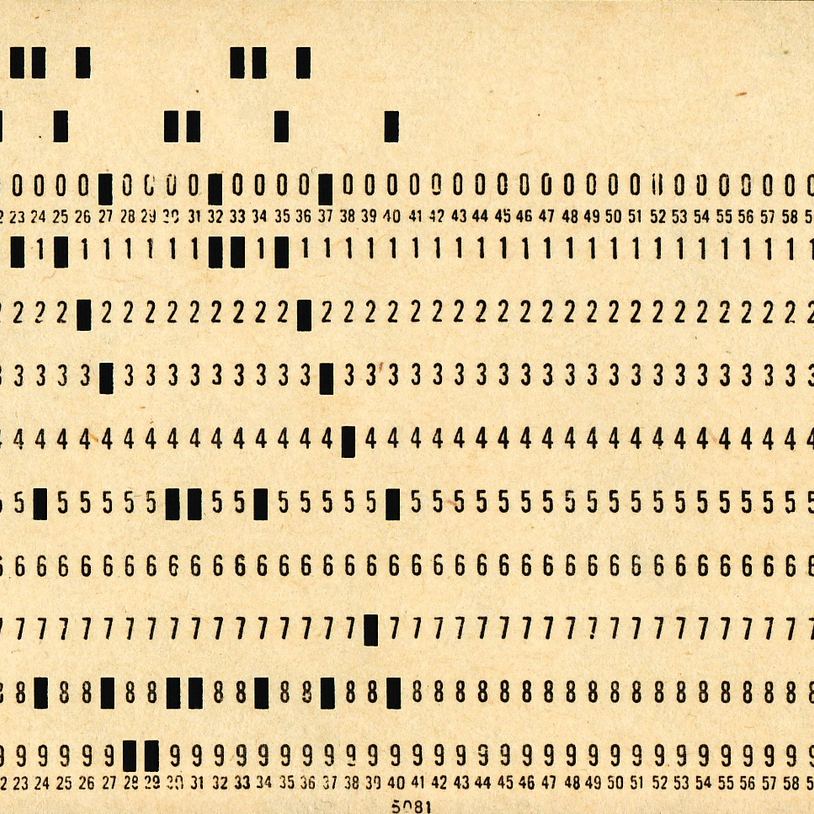
NYPR Archive Collections
Computers in Modern City Government (1969)
How computers are creating innovation and efficiencies in New York City government. Hosted by Dr. E.S. Savas.
-
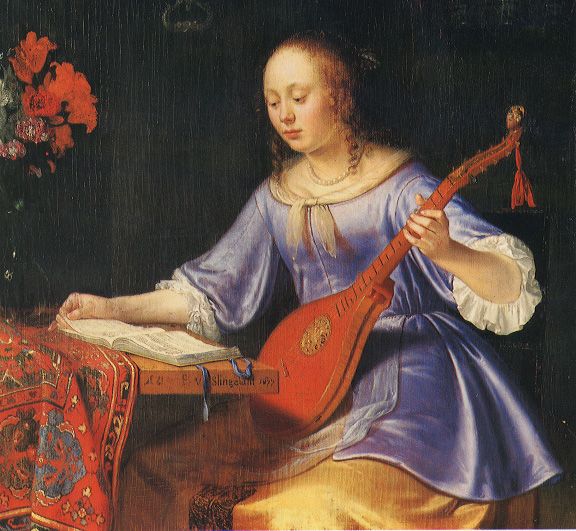
NYPR Archive Collections
Concerts for Members (1945-1952)
The Met Museum's long-running Concerts for Members series.
-
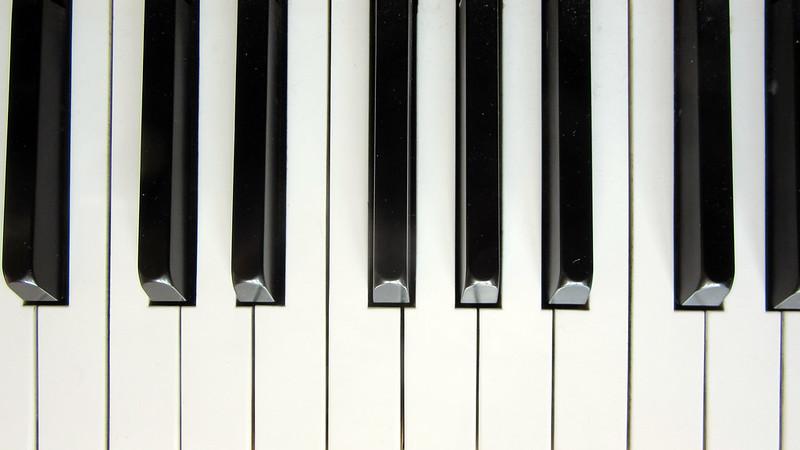
NYPR Archive Collections
Concerts Plus
Concerts Plus began as a recital series at New York’s Merkin Concert Hall on November 11th, 1982. In 1986, after four sold-out seasons, Concerts Plus moved its home from Merkin Concert Hall to the WQXR Concert Theater. With this new partnership with WQXR, the first hour of each monthly Concerts Plus program was produced for radio and broadcast live on WQXR. Robert Sherman became the show’s permanent host and Martin Bookspan presented a weekly intermission feature quiz. The series debuted on WQXR on September 18th, 1986 and concluded its run on May 19th, 1988.
-

NYPR Archive Collections
Conductors in Conversation (1994)
Conductors in Conversation is a series of 1994 interviews with contemporary conductors recorded live by WNYC at the Grace Rainey Rogers Auditorium at the Metropolitan Museum of Art. The hour-long programs feature some of today's most acclaimed conductors. The series is hosted by Matthew Gurewitsch.
-

NYPR Archive Collections
Consumer Report (1960s)
Helpful hints about being a smart consumer in New York City. Brought to you by Mayor John Lindsay's Office of Consumer Affairs.
-
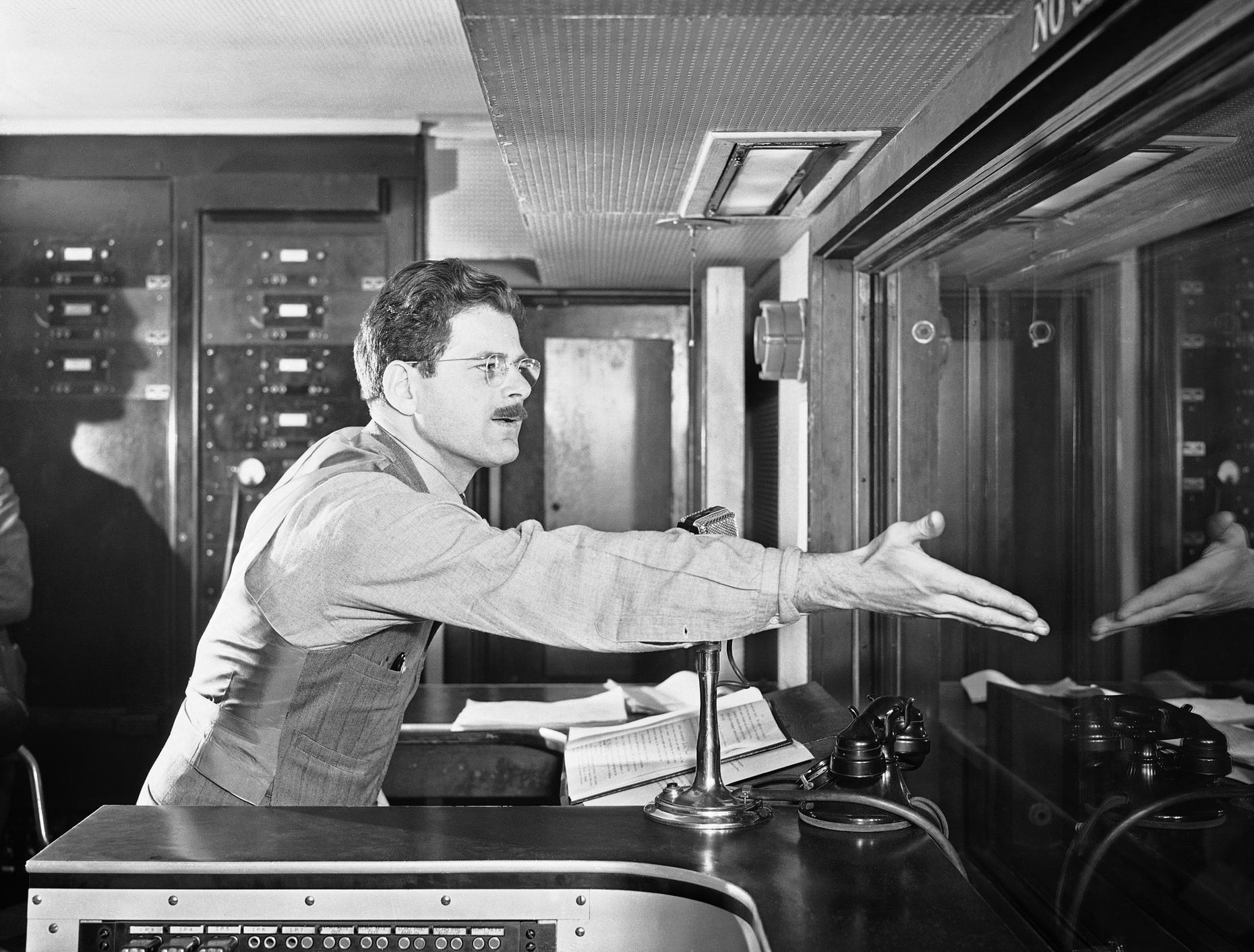
NYPR Archive Collections
Corwin Cycle (1942)
The Corwin Cycle aired over WNYC between May and September of 1942. The program marked the first time a station devoted a series entirely to a revival of the works of a single radio writer. The works were originally produced and broadcast the previous year for the CBS Series 26 By Corwin. On view here are what have survived and are listenable from a larger set.
-
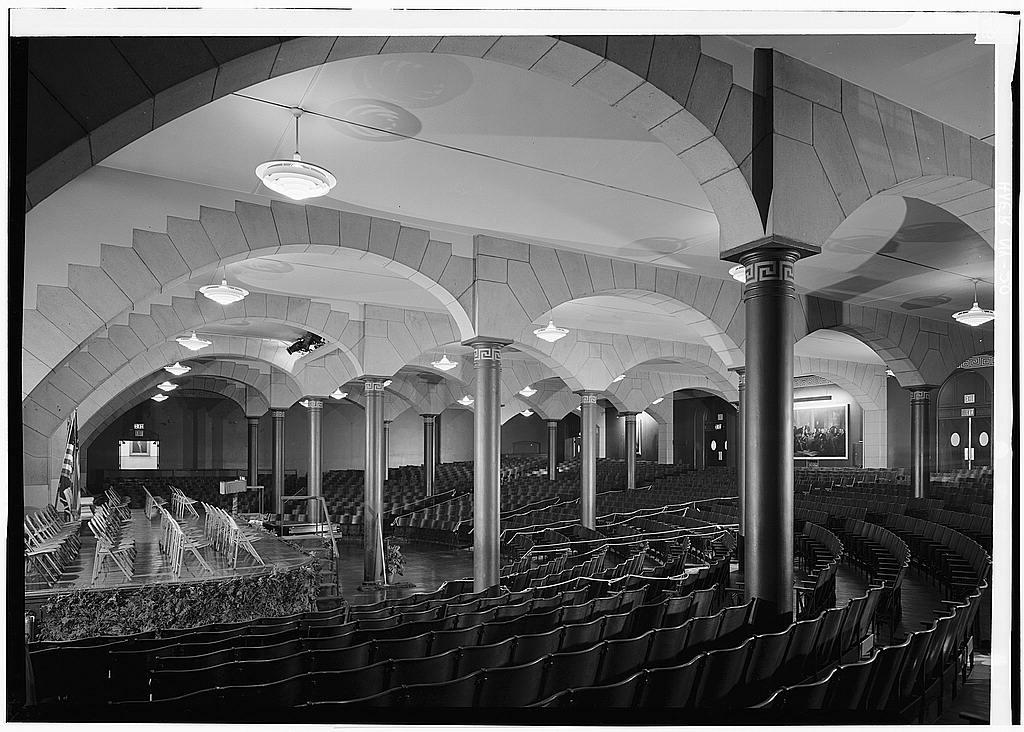
NYPR Archive Collections
Cooper Union Forum (1949-1970)
Straight from Cooper Union's Great Hall, some of the best minds speak.
-
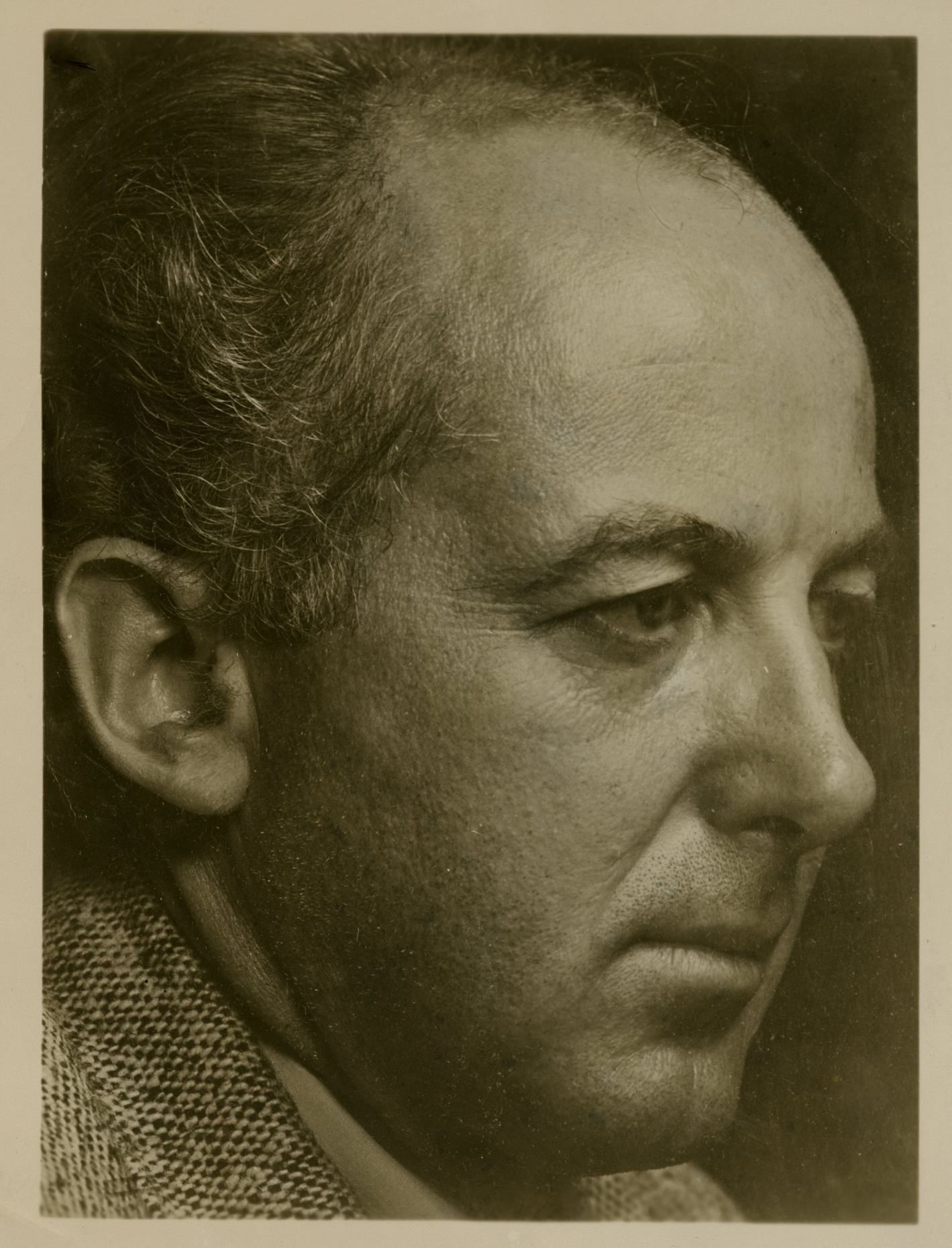
NYPR Archive Collections
Cowell, Henry Collection
Performance and interview material from the NYPR collections.
-
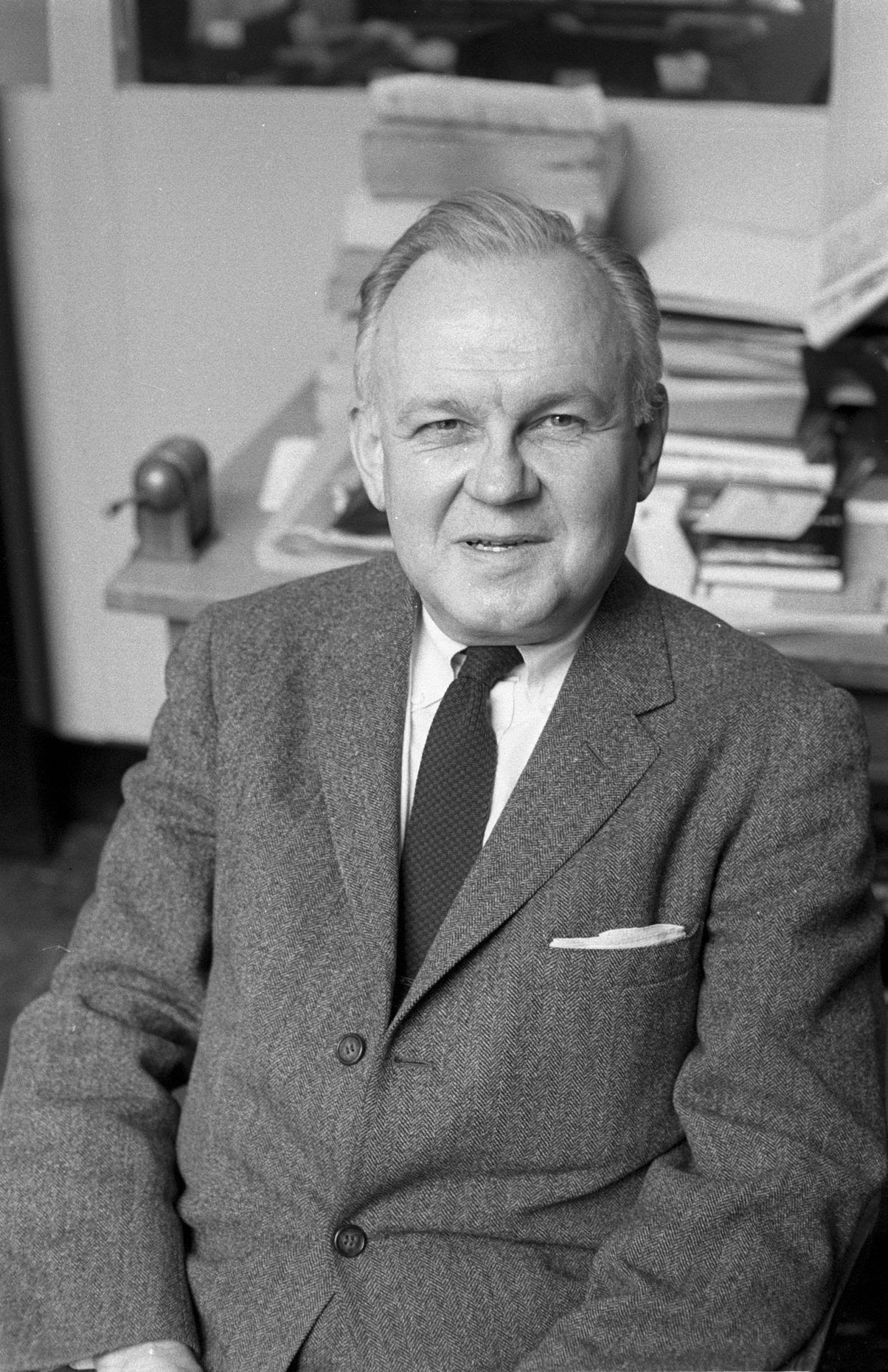
NYPR Archive Collections
Crowther, Bosley, Inteviews
Francis Bosley Crowther Jr. (1905-1981) was an American journalist, author, and film critic for The New York Times for 27 years. Crowther was a leading advocate of foreign-language films in the 1950s and 1960s. He hosted Music from the Movies, Musical Memories and The New York Times Views on the Arts on WQXR.
-

NYPR Archive Collections
Davis, Elmer: Progress Of War (1942-1943)
Presented by the Office of War Information, director Elmer Davis’s weekly report to Americans at home and abroad. A review of the progress of the war, issues of direct importance to the war. Many reports focus on events in Tunisia.
-
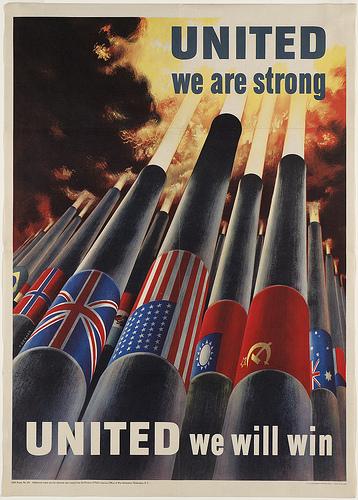
NYPR Archive Collections
Democracies Will Win (1940s)
Bringing New Yorkers expert information on many phases of our all-out victory effort.
-

NYPR Archive Collections
Disability
These broadcasts help to illustrate for us how the thinking about “disability” has evolved. Portrayals, news coverage, and attitudes towards people with disabilities have changed much over the years.
-

NYPR Archive Collections
Dish
A special series about food and life in New York City. Visit a different restaurant each week, for cuisine and casual conversation.
-
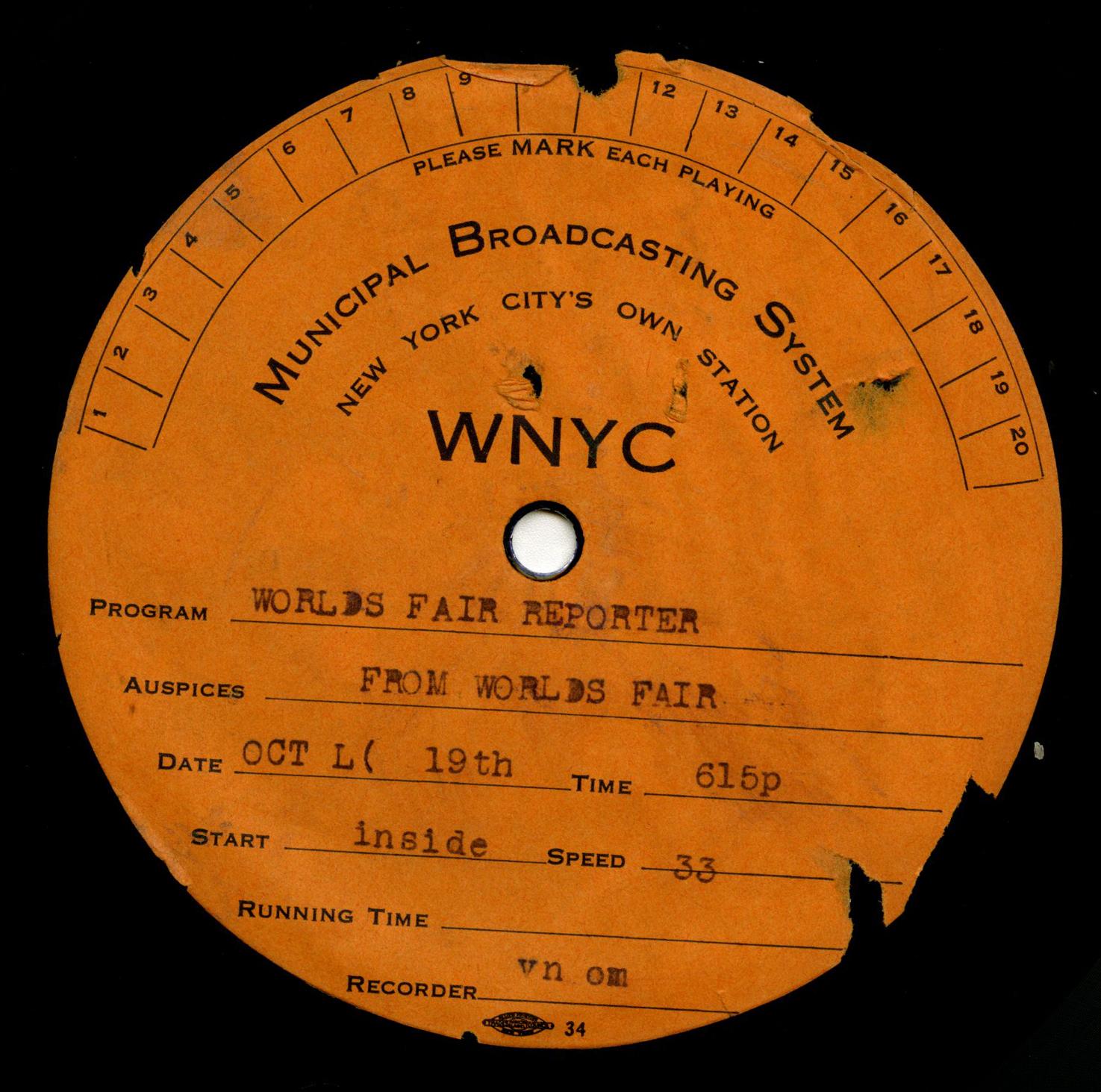
NYPR Archive Collections
Documentaries (1939-)
WNYC has been producing and airing long-form documentaries since 1939 when a news unit was set up for that purpose. Modeled after the BBC's approach, the station sought to introduce the genre to an American audience with programs explaining the function of key city operations. The scope has expanded greatly as the tradition continues to this day.
-
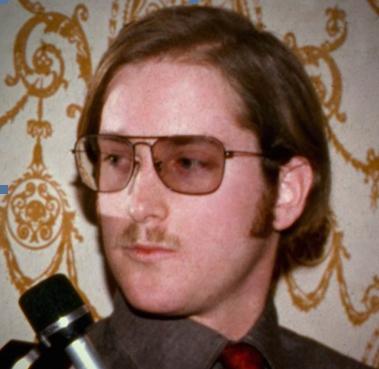
NYPR Archive Collections
The Douglas P. Cooper Distinguished Contemporaries Collection (1967-1974)
The Douglas P. Cooper Distinguished Contemporaries Collection features talks with accomplished people who have something to say and a track record to back it up.
-
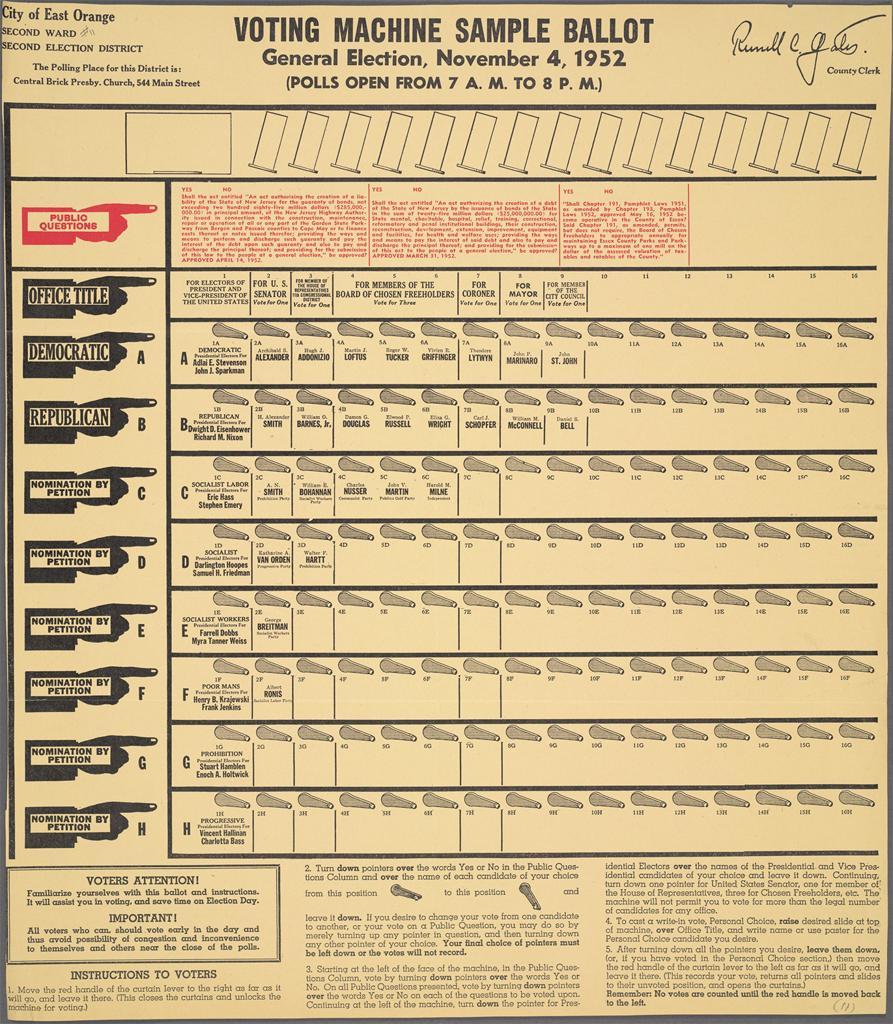
NYPR Archive Collections
Election Day
WNYC has consistently reported on national and local elections since going on the air. Here is some of earliest coverage we have found.
-
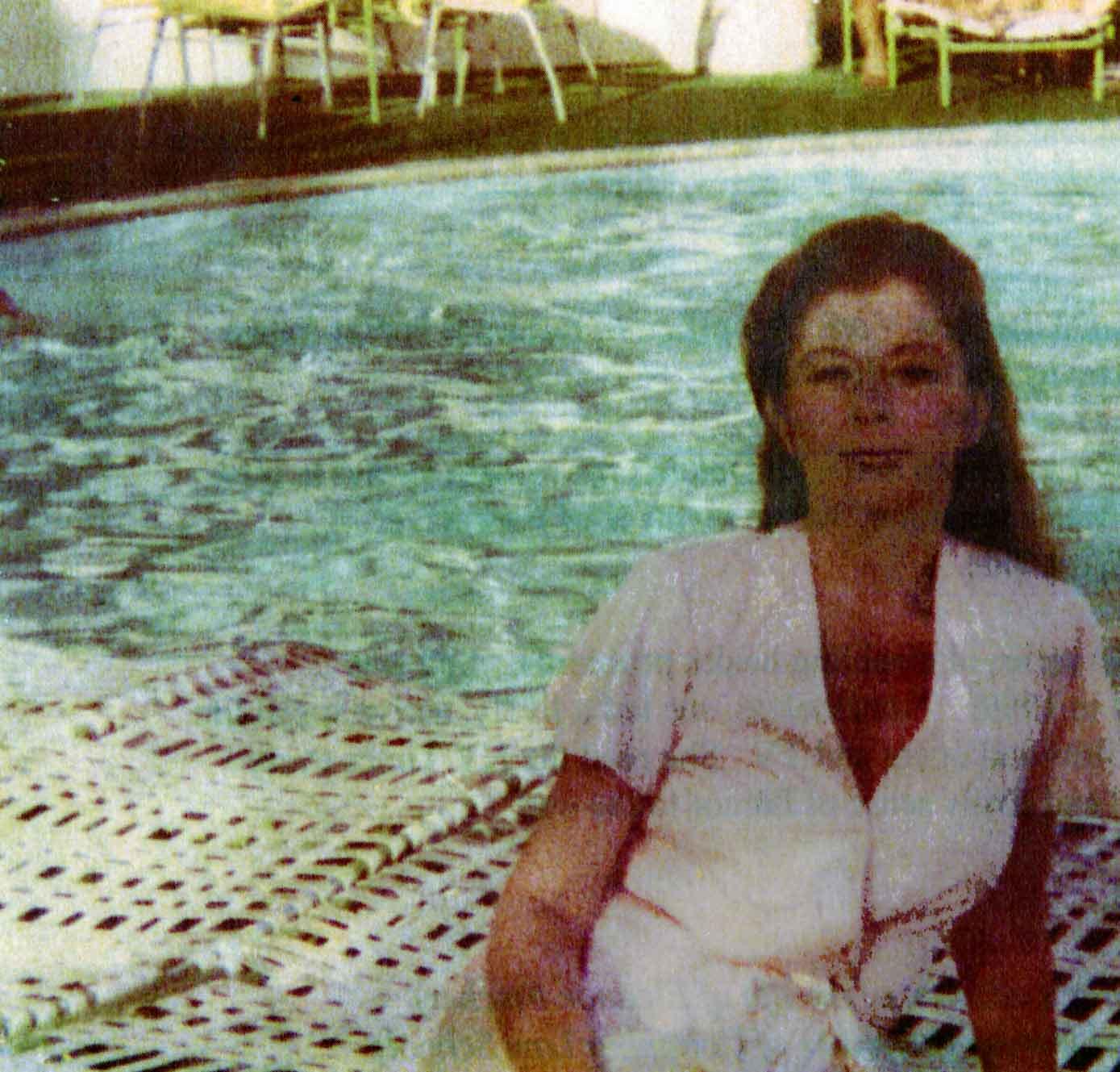
NYPR Archive Collections
The Eleanor Fischer Collection (1960s-1970s)
The Eleanor Fischer Collection features interviews and documentaries regarding race relations, women's liberation, and the social shifts that occurred in the sixties and seventies.
-
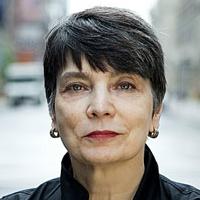
NYPR Archive Collections
Fishko Files (1998-2021)
More than two decades of Sara Fishko's sound-rich essays on art, culture, music and media - past and present. Sara has won multiple prizes from the National Headliner Awards, RTNDA (Edward R. Murrow Award), The Deadline Club, The Newswomen’s Club of New York (Front Page Award), The Associated Press and The New York Press Club.
-

NYPR Archive Collections
The Fishko Hours (2000s)
These are Sara Fishko's compelling hour-long programs and interviews.
-

NYPR Archive Collections
Folkwave (1988-1989)
A weekly folk music program hosted by recording engineer Ed Haber. The show focused on a wide range of folk music from different regions and countries, often featuring interviews and in-studio performances, and occasionally presenting live concert recordings
-
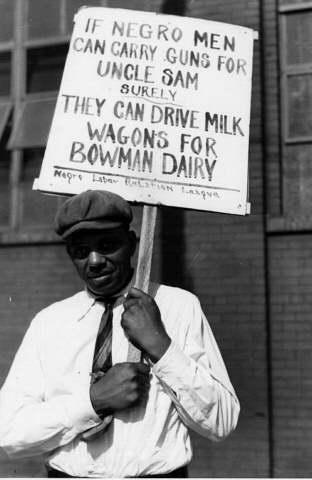
NYPR Archive Collections
Freedom's Ladder (1940s)
Explanations of the City's evolving civil rights issues in a dynamic format.
-

NYPR Archive Collections
From the Archives
For more than 90 years, WNYC has been a witness to the news, politics and cultural events of New York City. We've combed our archives to bring you some of the most notable highlights from our rich broadcast heritage.
-

NYPR Archive Collections
From the Archives: American Mavericks
American Mavericks on Q2 Music presents interviews with maverick luminaries such as Aaron Copland, Harry Partch, Henry Cowell, Lou Harrison, John Cage and many more.
-

NYPR Archive Collections
From the Field (2000-2008)
From the Field is a selection of WNYC news reporter field recordings made between 2000-2008. Typically, the NYPR Archives does not post raw, unedited, and unpublished materials like these. The items selected (with audio) for the first three pages of From the Field were chosen to highlight and help illustrate a more extensive collection of field recordings entries that follow (without audio). They were digitized and cataloged with the generous support of the Leon Levy Foundation and the NY Metro Library Council. The project includes 1,278 recordings, which focus primarily on diverse and underrepresented groups and subjects, more readily available to our producers and researchers. Again, the collection's complete listing may be found following the items with audio..
-
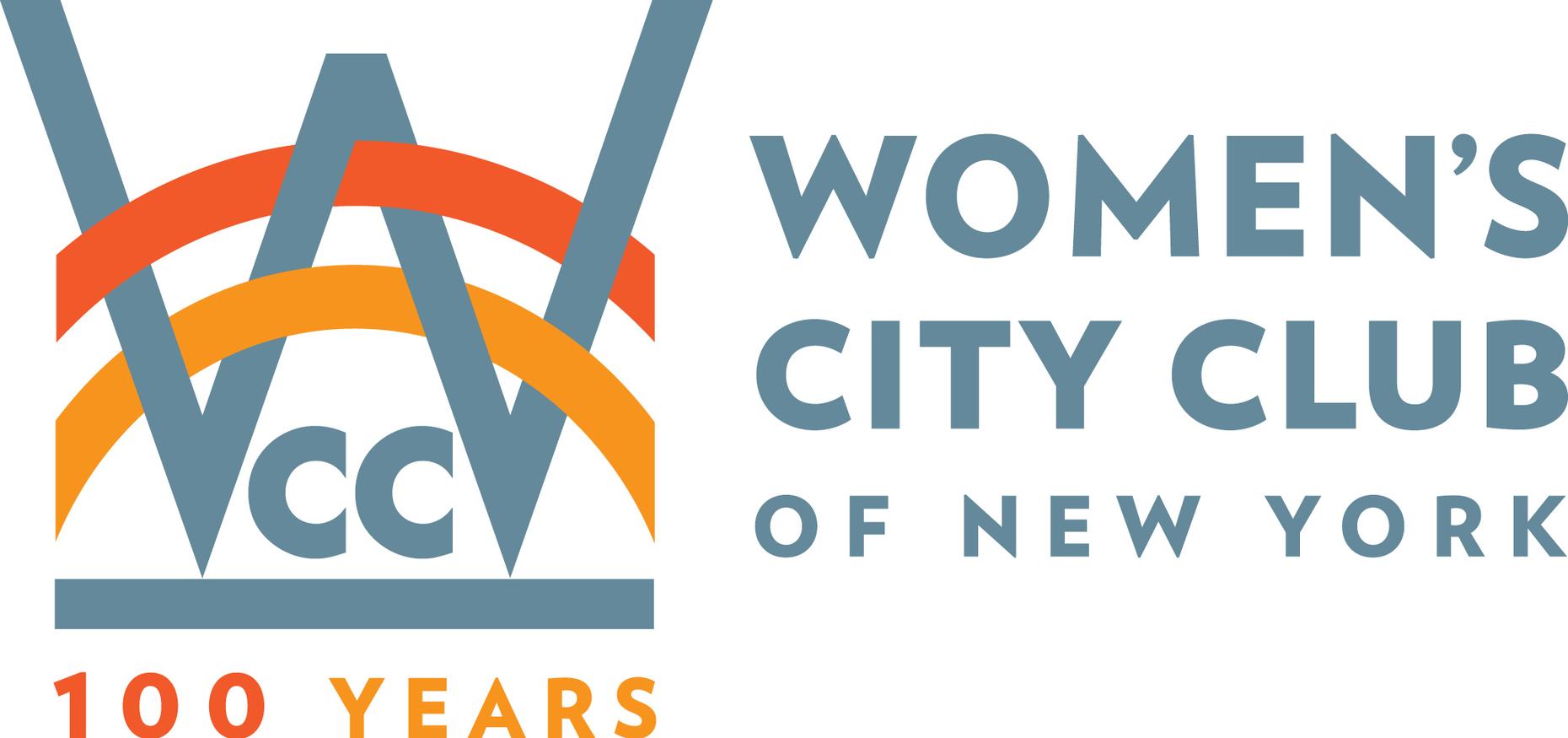
NYPR Archive Collections
Get Involved (1969-1970)
The Women’s City Club of New York presents "your forum on civic affairs."
-
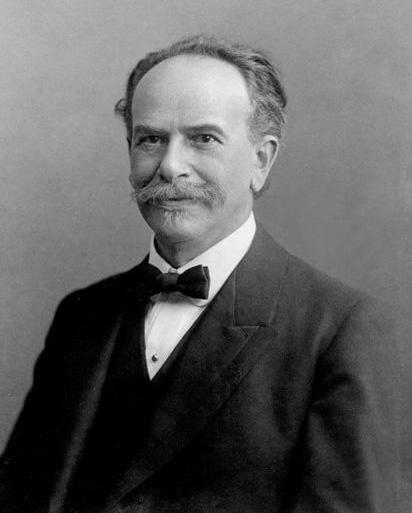
NYPR Archive Collections
Give Me Liberty (1939)
A special series sponsored by the American Committee for Democracy and Intellectual Freedom.
-

NYPR Archive Collections
The Golden Door (1947)
The Golden Door series aimed to tell "of the making of New Americans of all races and creeds." Employing writing and acting talents of the day, the show predicts a kind of social info-tainment by dramatizing political issues.
-
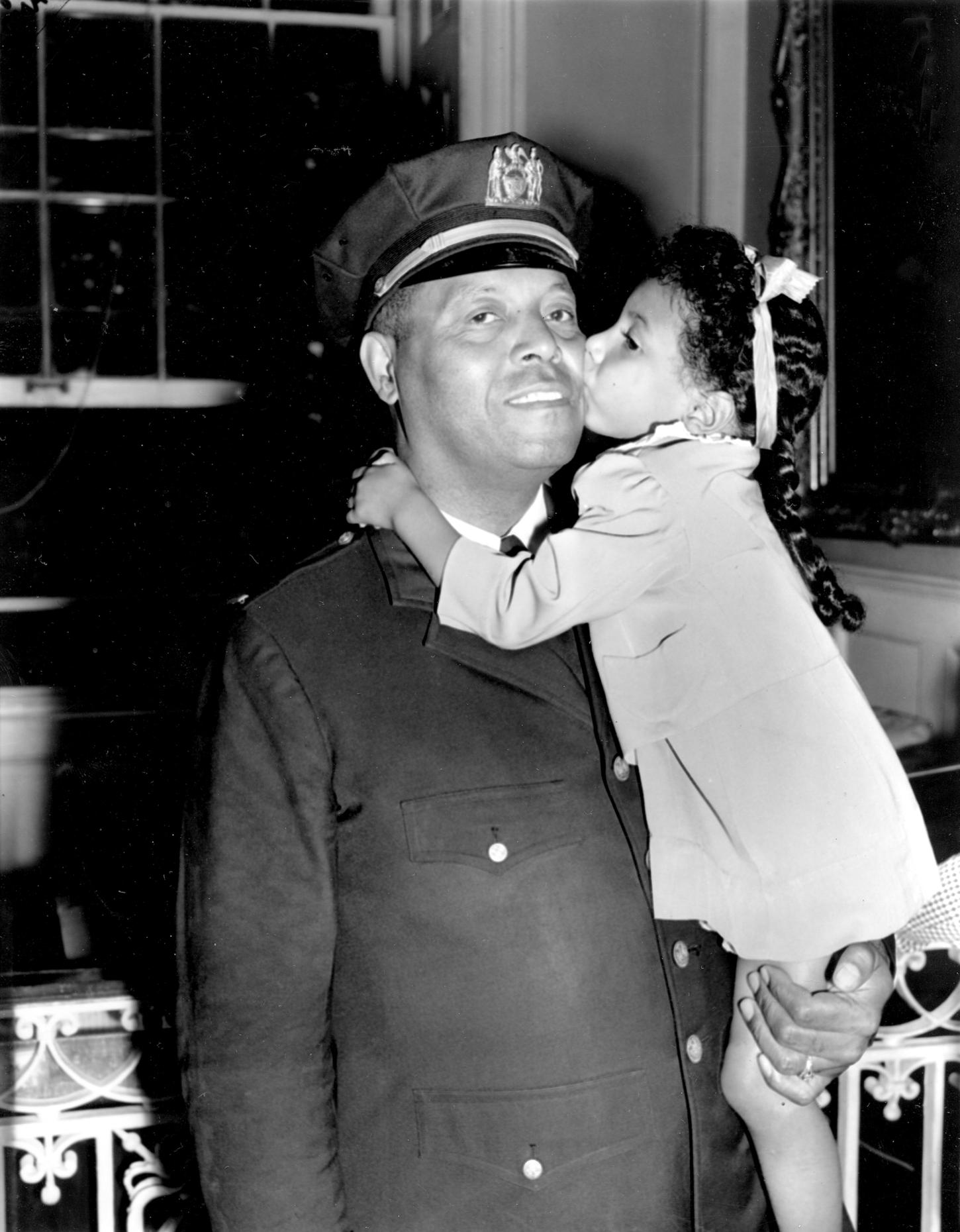
NYPR Archive Collections
Great Americans
Great Americans was a 1943 series biographical dramas about the lives of prominent African-Americans sponsored by the city's Juvenile Welfare Council. Featured profiles included prize fighter Joe Louis, contralto Marian Anderson, sculptor Richmond Barthes, ship captain Hugh Mulzac, police officer Samuel Battle and activist James Weldon Johnson.
-
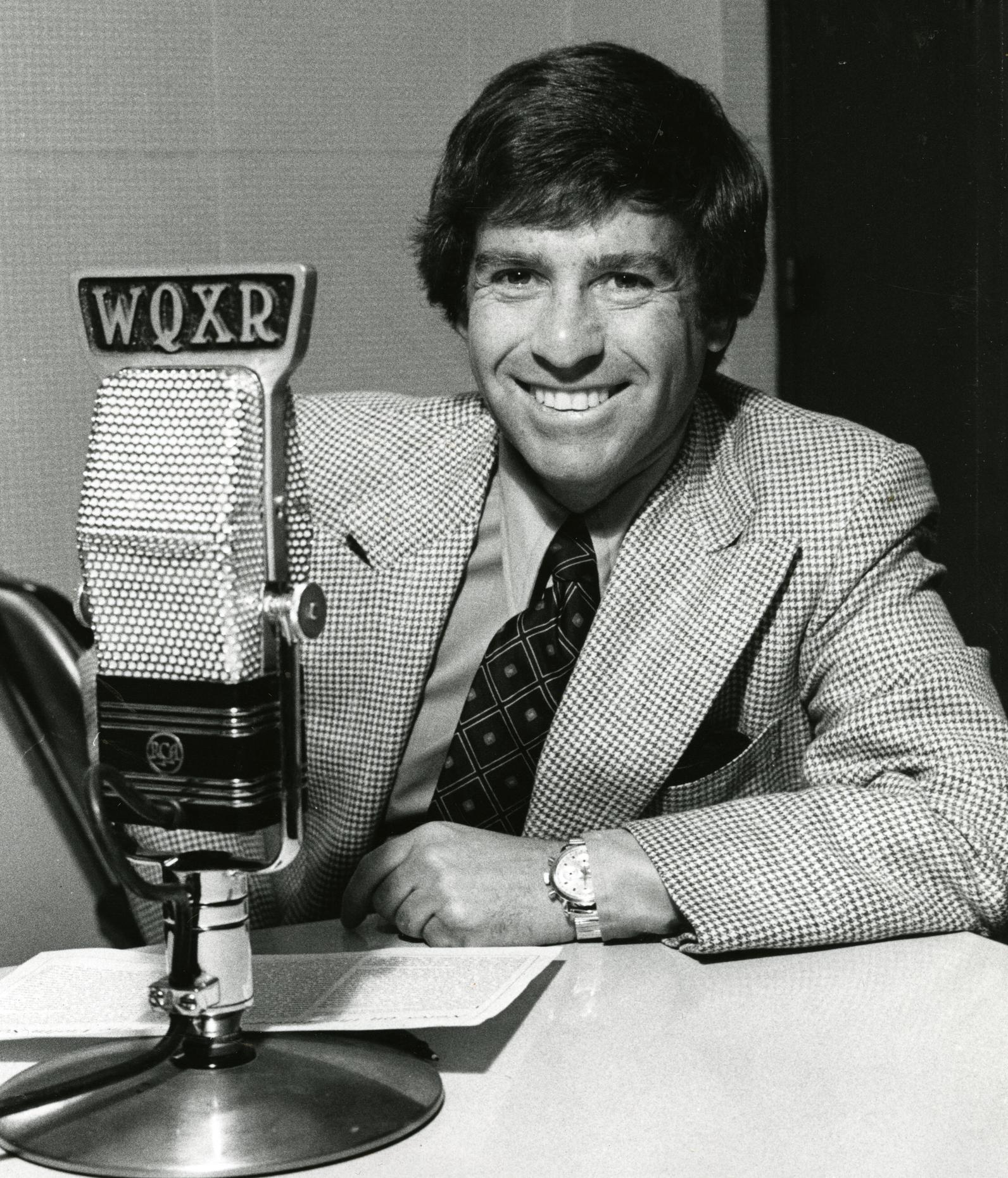
NYPR Archive Collections
Great Artists (1970s-1980s)
The WQXR Great Artists Series contains dozens of fascinating interviews leaders of their fields in music and the performing arts.
-

NYPR Archive Collections
Hadassah Speaks (1940s)
Serial drama produced by Hadassah, The Women’s Zionist Organization of America. Hadassah has been called the guardian of Israel's children, and this program focuses on the potential and good of Israel's youth. Using the dramatic radio play format, programs often gently solicit donations to support youth initiatives in Israel.
-
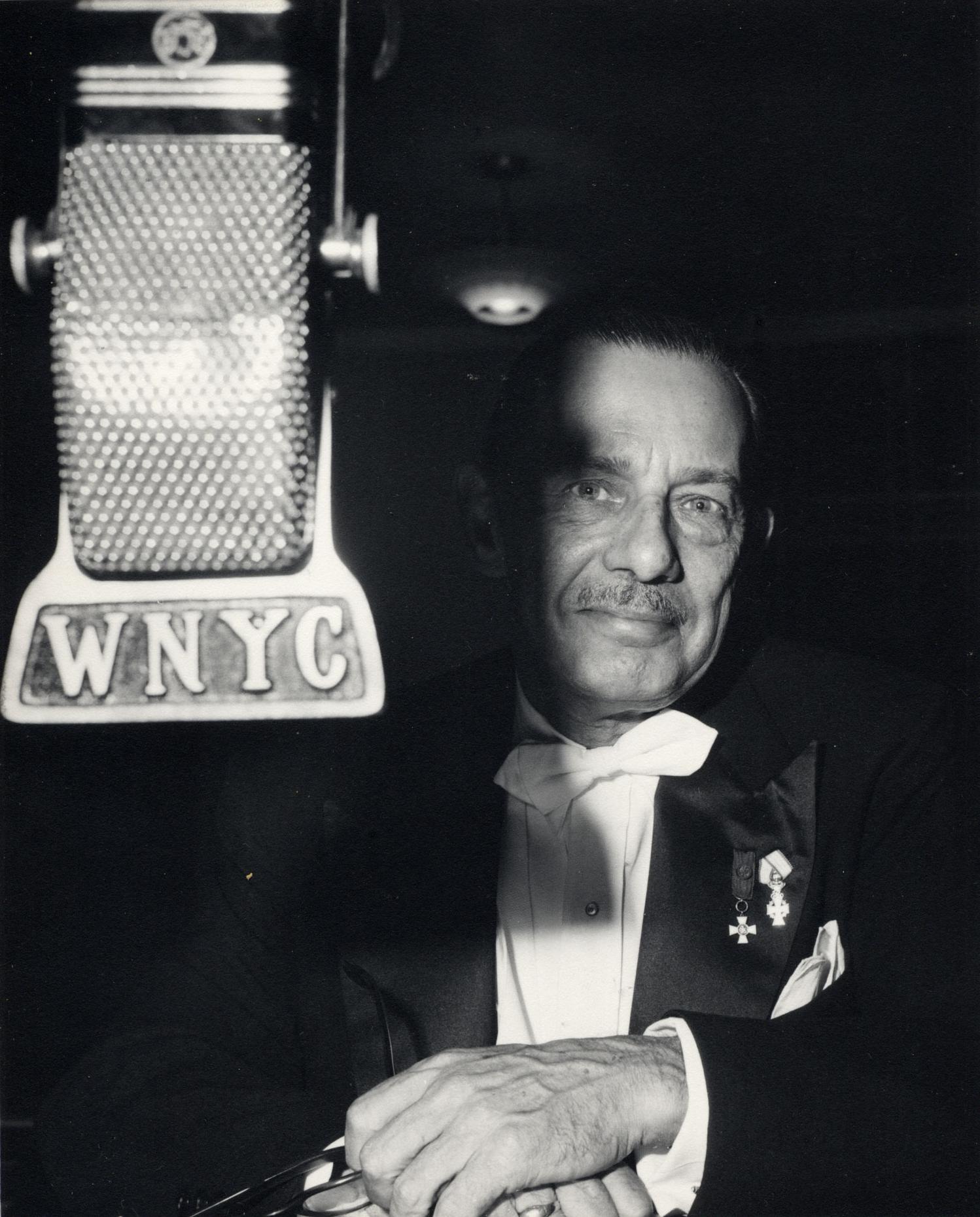
NYPR Archive Collections
Hands Across the Sea
A world music program hosted by WNYC's first Music Director Herman Neuman for more than forty years.
-
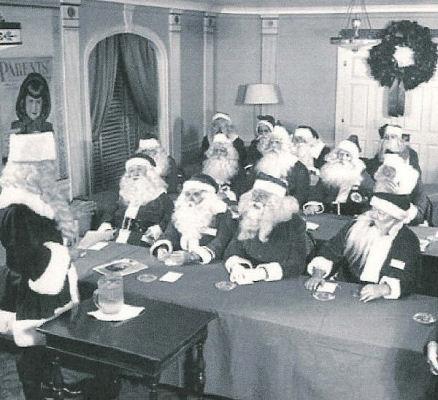
NYPR Archive Collections
Happy Holidays
Holiday traditions are a big part of what make these days cultural, spiritual and political markers. We decided to look into our older collections to see what voices and ghosts of Christmas past, year-end reviews and expectations for the New Year were resting peacefully on the shelf. Here's some of what we found.
-
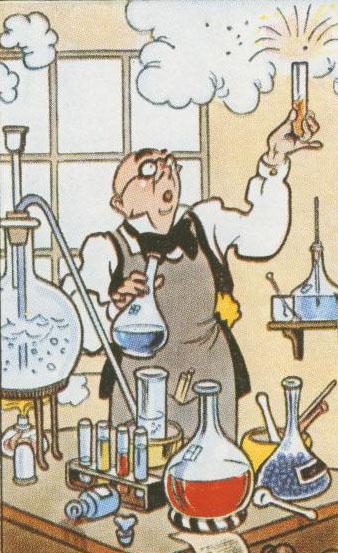
NYPR Archive Collections
Headlines in Chemistry (1947-1952)
Science news for every man and woman in New York!
-
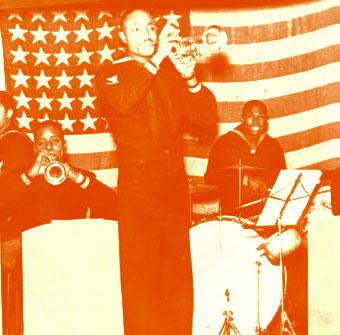
NYPR Archive Collections
Here's to Veterans (1946-1950)
The V.A. and the A.F. of M bring you "the best in music for all of you service men and women and folks everywhere."
-

NYPR Archive Collections
Historic Heritage of Old New York (1950s)
Dramatic episodes recreating the life of old New York.
-

NYPR Archive Collections
How to Have Fun With Your Children (1945-1948)
New York City is a modern Fairyland; offering you and your children something for every taste and fancy if you but know where to find it! Mrs. Becky Reyher interviews distinguished guests on How to Have Fun With Your Children in the city. The consensus? Fun is where you find it!
-
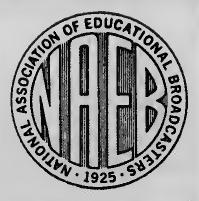
NYPR Archive Collections
The Human Adventure
The Human Adventure was a series produced by the University of Chicago dealing with human problems as found in history and literature and distributed nationally through the National Association of Educational Broadcasters. The program was the brainchild of University of Chicago president Robert Maynard Hutchins and university vice president William Benton. The show received a Peabody in 1945.
-
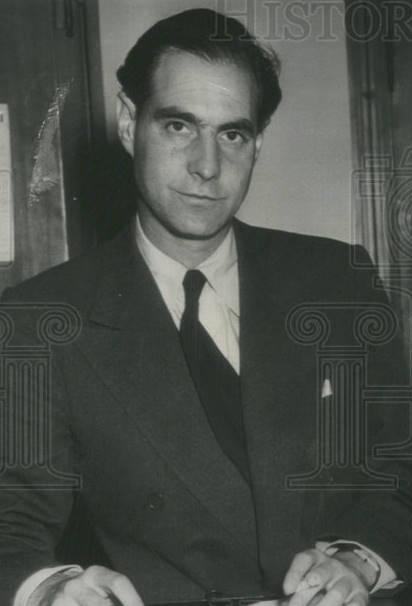
NYPR Archive Collections
Insight
Insight was a series of New York City-centric interviews conducted 1982-1983 by Stuart Scheftel, a Manhattan businessman, politically active civic leader, and one-time candidate for mayor. The broadcasts were produced by Marty Goldensohn.
-

NYPR Archive Collections
International Interview (1956-1959)
A progressive, yet evenhanded, presentation of international perspectives on politics and culture. Created in cooperation with the Foreign Press Association from 1956-1959, "this series is presented in an effort to help keep New Yorkers fully informed about changing trends in world opinion. Each week a panel of foreign correspondents representing the press of various countries interviews another distinguished guest."
-
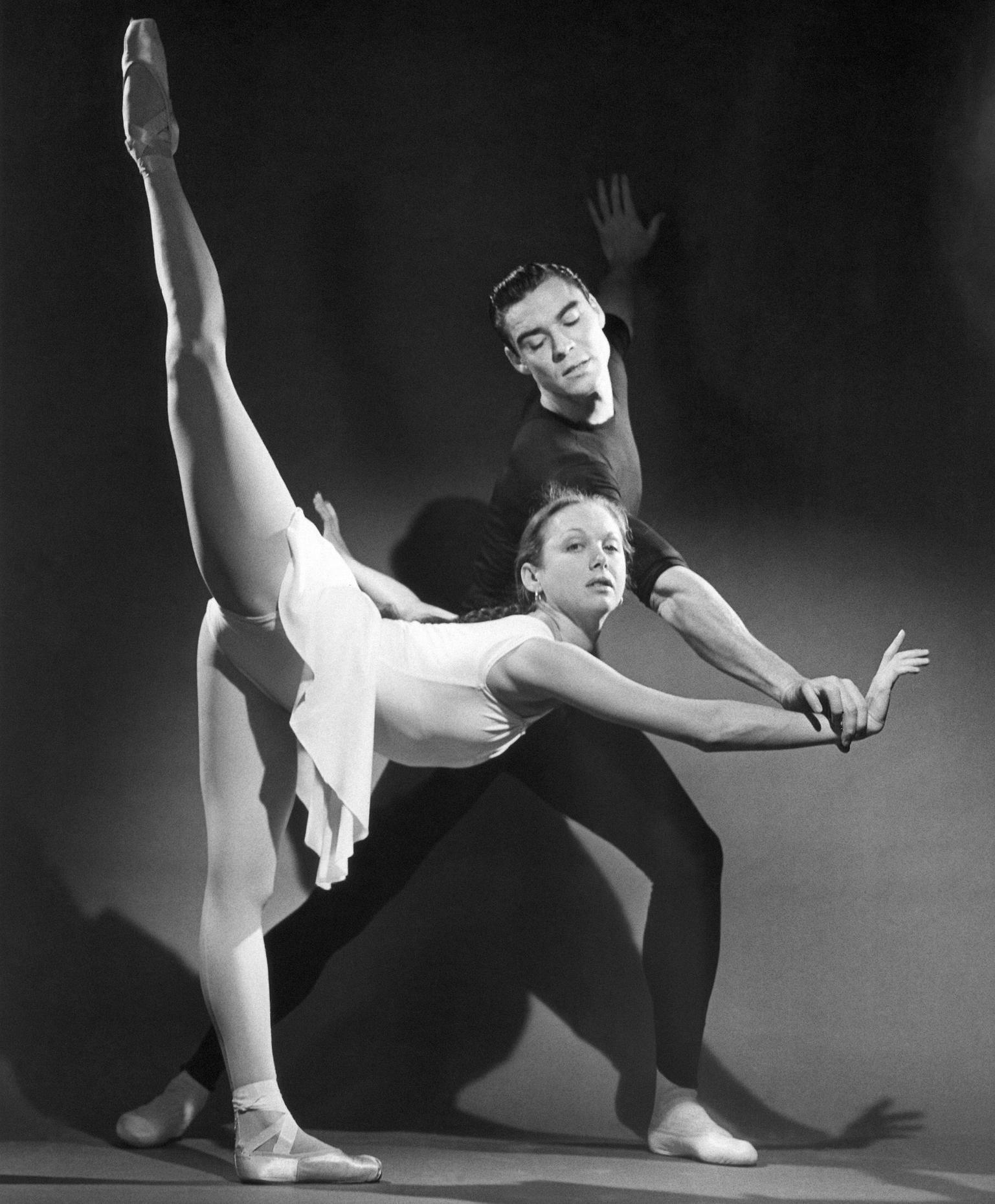
NYPR Archive Collections
Invitation to Dance (1960s)
Interview show hosted by Terry Walter, who was a dance historian and the dance critic for the New York Herald Tribune. He discusses issues and the work of his guests who are leading dancers and performing arts administrators. This series was originally presented in cooperation with the Rebekah Harkness Foundation.
-

NYPR Archive Collections
It's Your Life (1949)
A future Mr. Wizard Don Herbert aims to improve America's health in this 1949 documentary series.
-
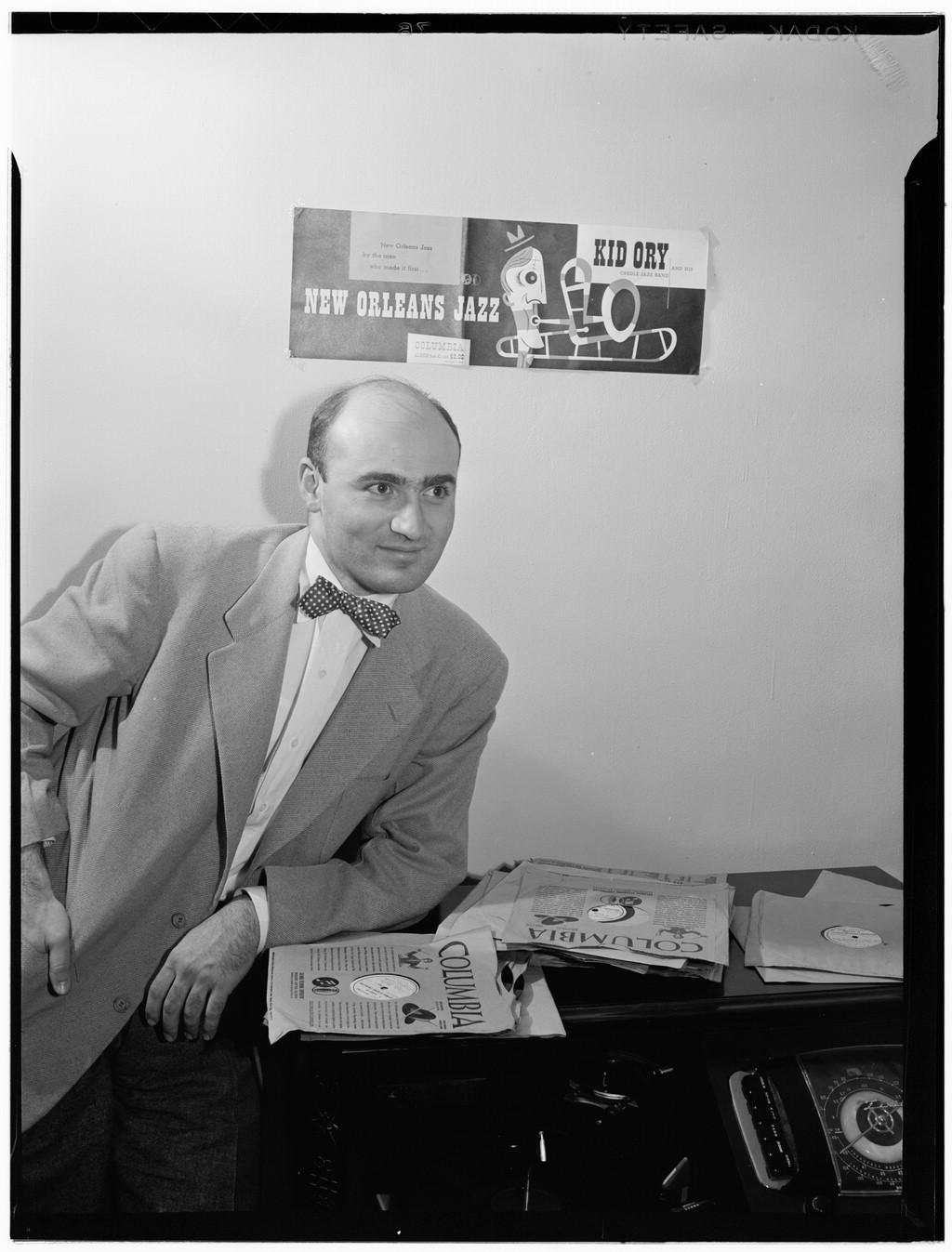
NYPR Archive Collections
Jazz Classroom of the Air (1948)
This program was the 'home work' for classes in NYU's basic jazz course taught weekly by record producers George Avakian and John Hammond who prepared the radio scripts. The series of programs and the course it illustrated jazz in an artistic and cultural light, with each program a separate musical and historical unit within itself.
-
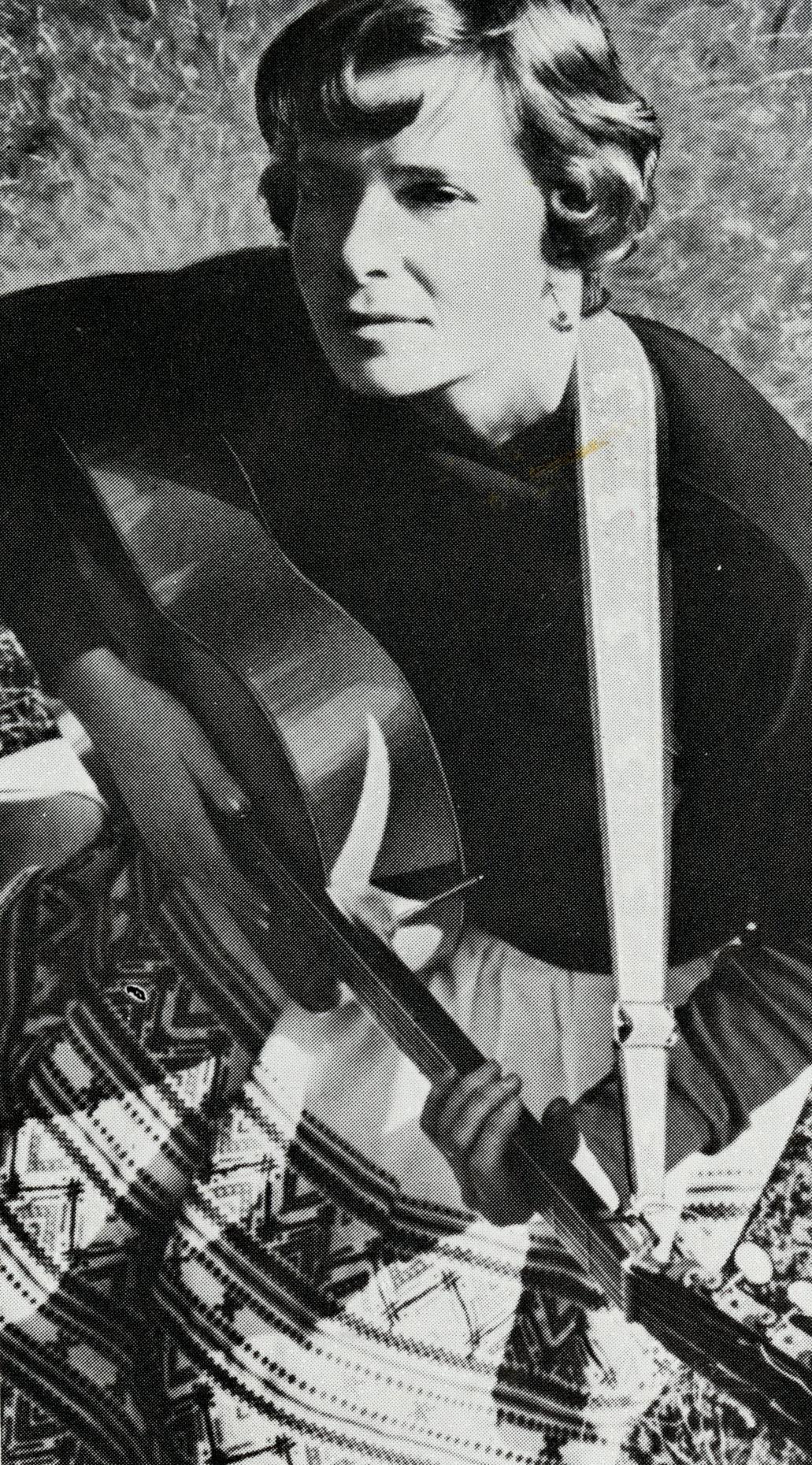
NYPR Archive Collections
Journey Into Folk Song
A short-lived folk music program hosted by Jacqueline Sharpe (now Stein). Sharpe was active in the folk music scene in the 1950s and studied with Max Margulis. She also performed at concerts in the Soviet Union in 1960-1961
-
NYPR Archive Collections
The Jury System
The Jury System, it's history and importance with an emphasis on the civic duty of jury service was a 1938 radio series arranged by New York County clerk Archibald R. Watson for the purpose of stimulating public interest in the jury system.
-
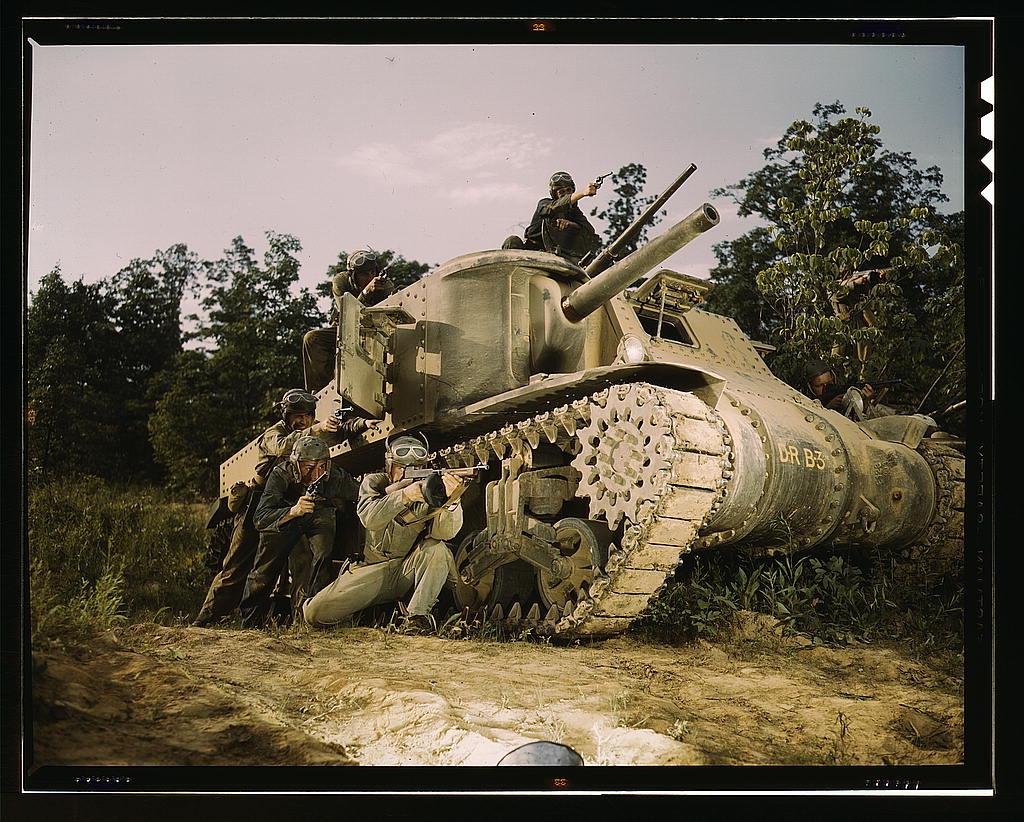
NYPR Archive Collections
Keep 'em Rolling (1942)
Office of Emergency Management-sponsored variety show to boost patriotism during the war.
-
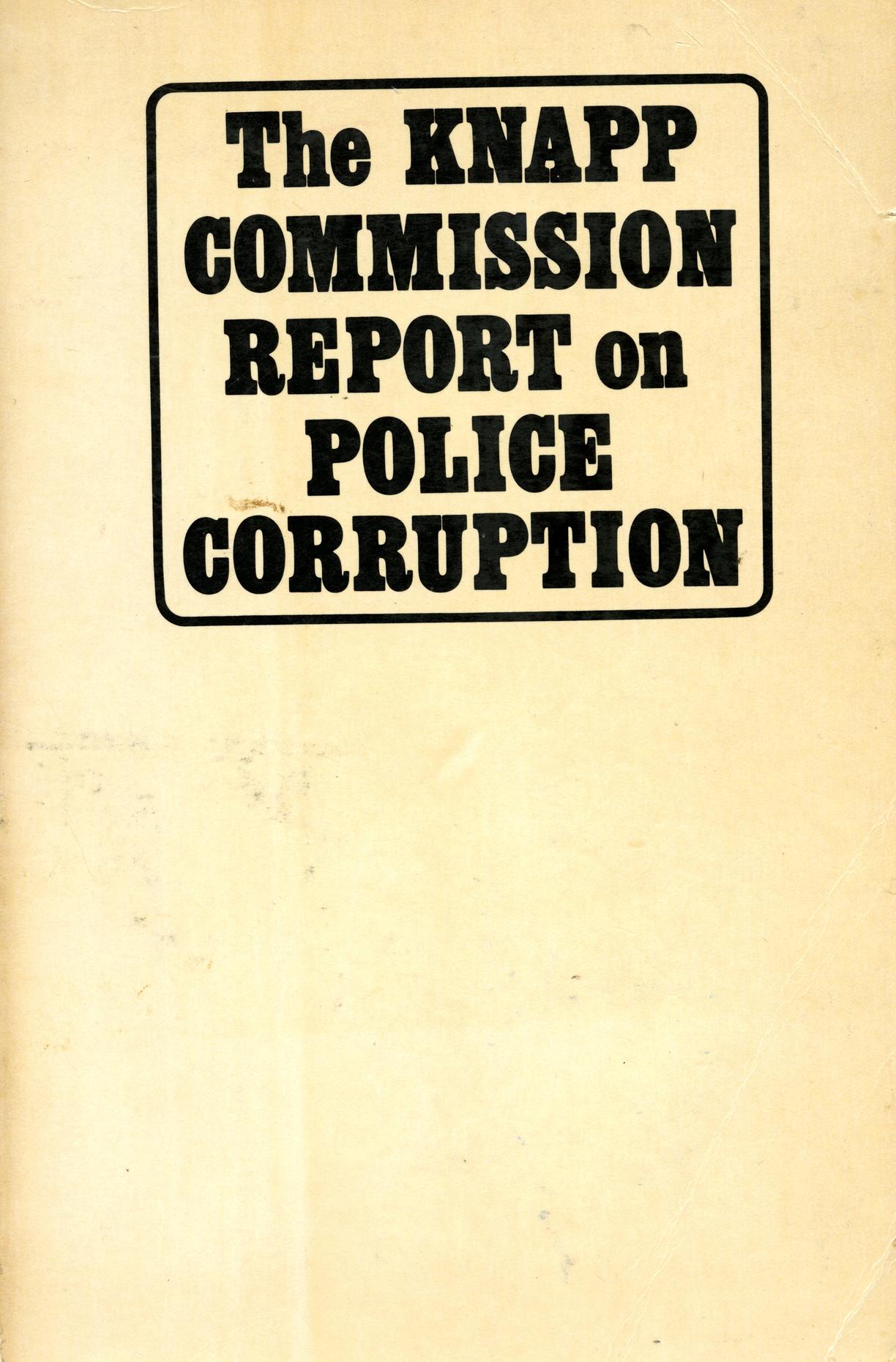
NYPR Archive Collections
Knapp Commission
The Knapp Commission was a five-member panel initially formed in April 1970 by Mayor John V. Lindsay to investigate corruption within the New York City Police Department. The commission was created largely as a result of the publicity generated by the public revelations of police corruption made by Patrolman Frank Serpico and Sergeant David Durk. The panel confirmed the existence of widespread corruption and made a number of recommendations. Most of the October 1971 hearing speakers are represented here. We're working on getting the December 1971 hearings.
-
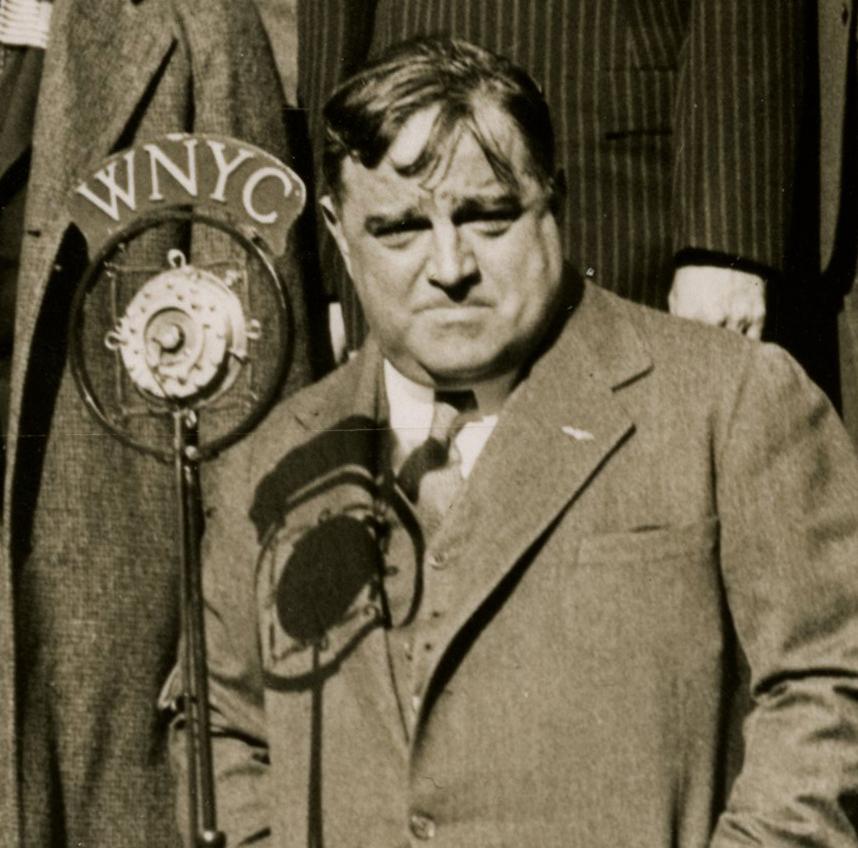
NYPR Archive Collections
La Guardia, Fiorello H. (1937-1945)
A collection of speeches from Fiorello H. La Guardia, the Mayor of New York City from 1937 to 1945.
-
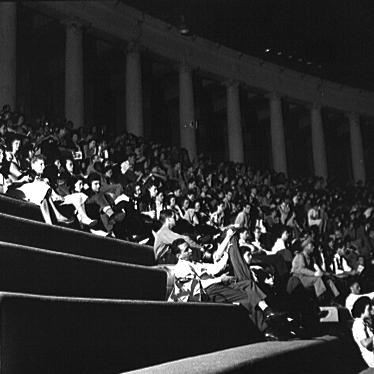
NYPR Archive Collections
Lewisohn Stadium Concerts
Summer concert series at City College's Lewisohn Stadium.
-

NYPR Archive Collections
Life and Works (1940)
Not quite a radio play, and not quite an audio book, Life and Works is a radio presentation of great works of literature. In association with New York Public Library, this program (1940) strives to share "a good story told admirably." Celebrating classic works by American authors, presenters also provide lively literary and biographical context.
-
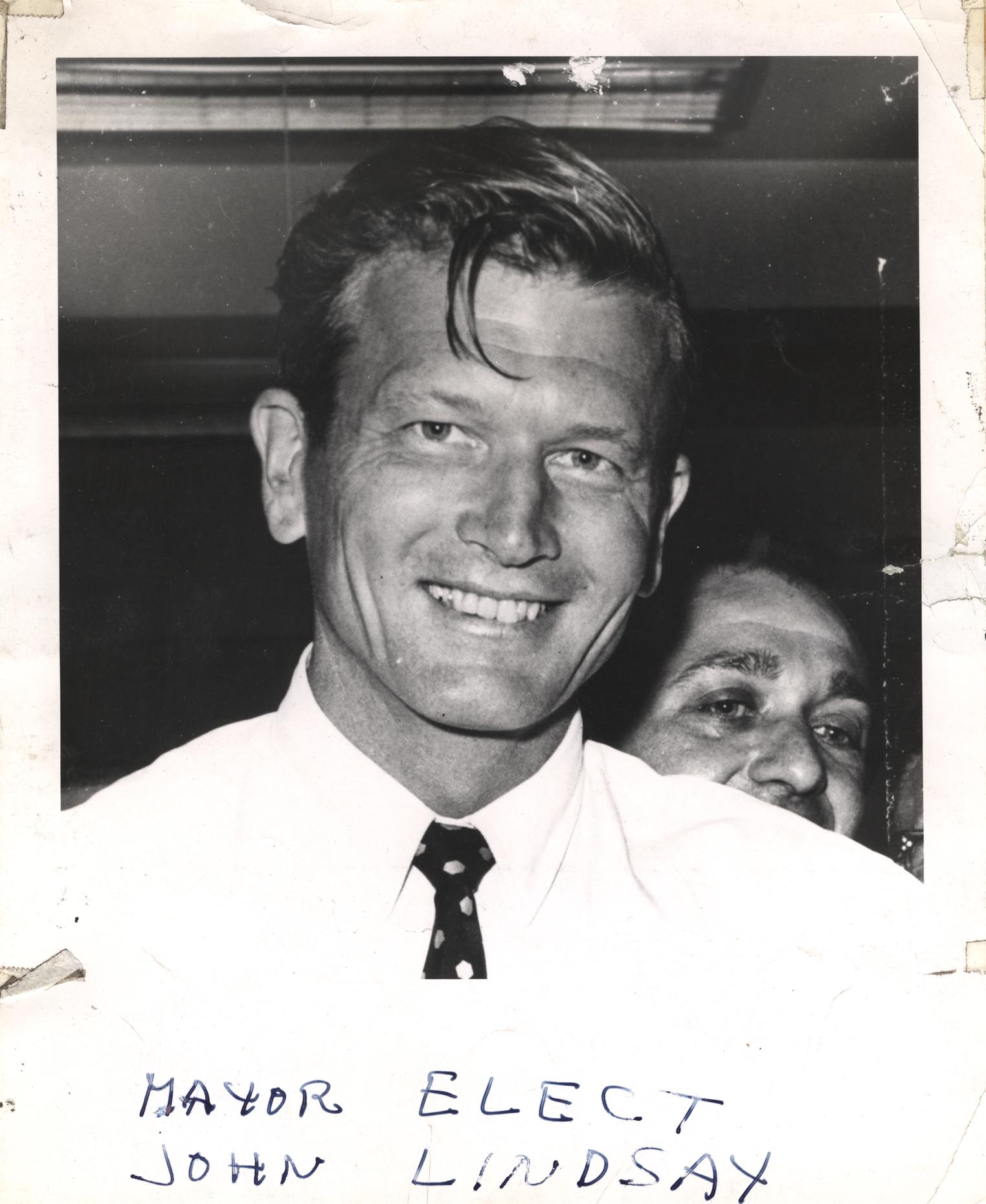
NYPR Archive Collections
Lindsay, John (1966-1973)
This collection features a selection of digitized WNYC audio tapes from New York City Mayor John Lindsay's press conferences, ceremonies, speeches, and addresses. Lindsay was the mayor of New York from 1966 to 1973.
-
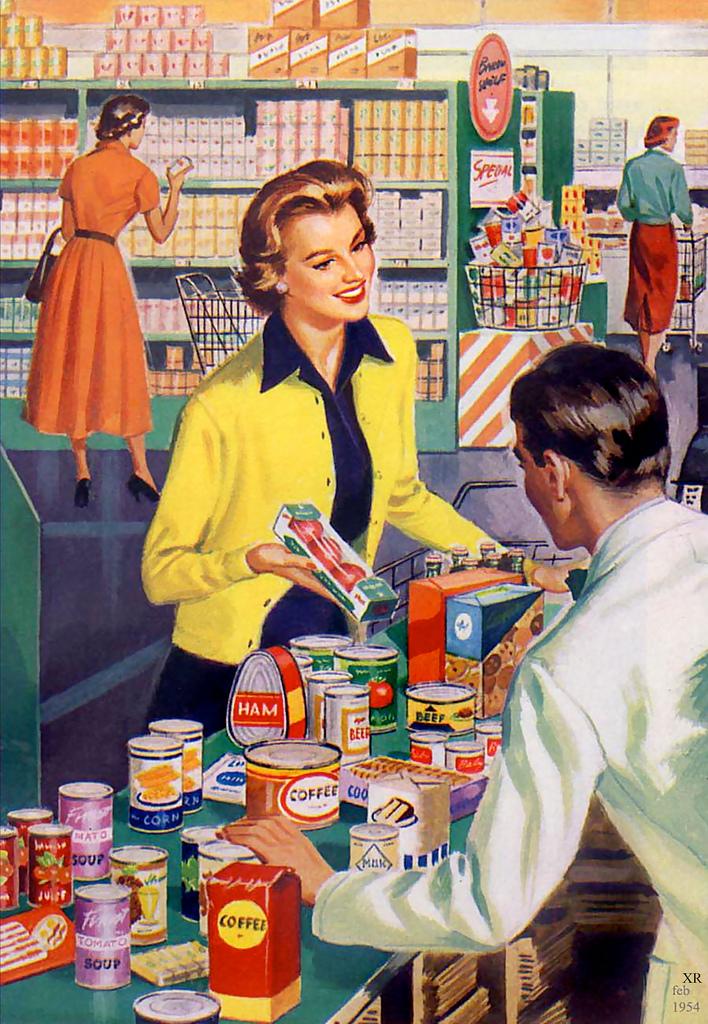
NYPR Archive Collections
Listen to Nutrition (1949-1967)
Long-running food and cooking show with information about the nutritional value of different foods and preparation ideas. Hosted by Ruth Carol, and later, Iva Bennett. At the end of each program, Bennett offers a free pamphlet about the topic of each recording, ordered through the mail.
-
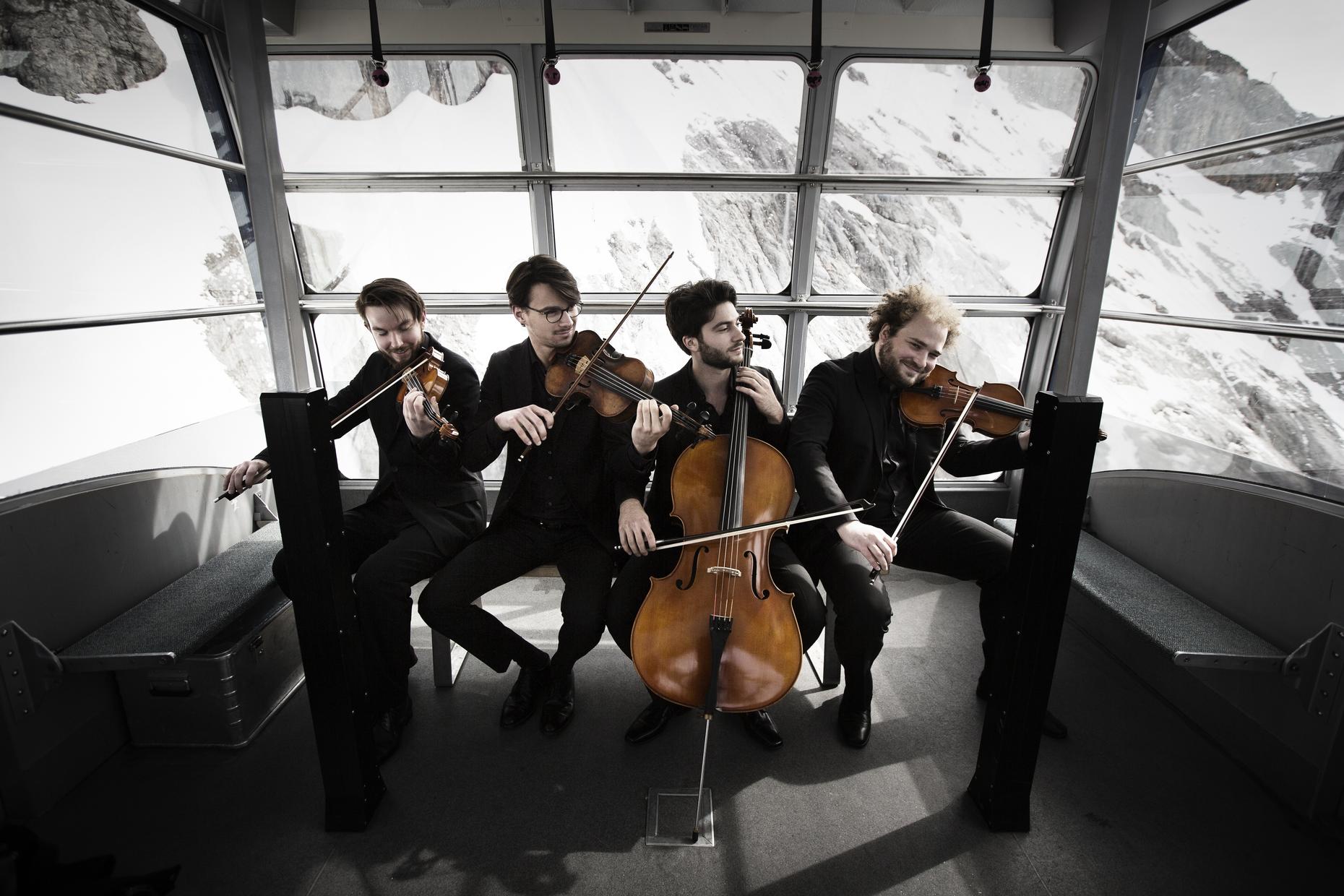
NYPR Archive Collections
The Listening Room
The Listening Room was WQXR's headquarters for provocative conversations in music with outstanding singers, instrumentalists, composers and other personalities in the arts, fused with appropriate recordings or ‘live’ studio performances. The informal, free-floating format permitted a remarkable diversity of broadcast patterns, from simple interviews to extended debates and round table panels.
-
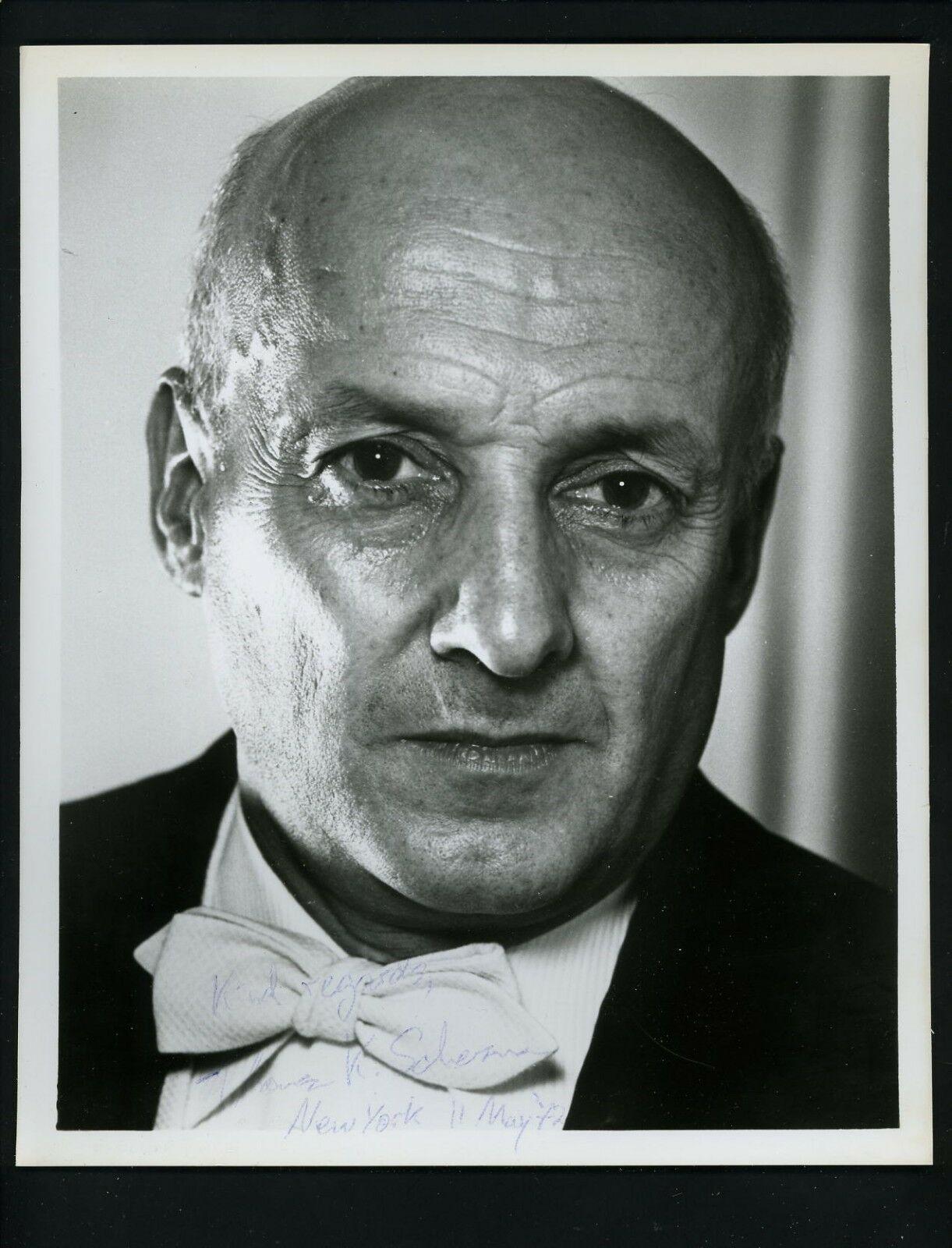
NYPR Archive Collections
Little Orchestra Society
The Little Orchestra Society was founded in 1947 by Thomas Scherman, who served as its conductor until his death in 1979. Scherman was followed by Dino Anagnost and now, David Allan Miller. The orchestra's name is borrowed from The Little Orchestra of London, which was formed by Felix Mendelssohn.
-
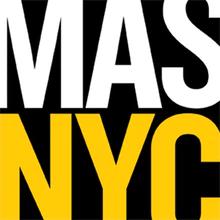
NYPR Archive Collections
The Livable City
The Livable City was regular program on WNYC in the 1970s looking at neighborhoods, development and the use of space in New York City produced and hosted by the Municipal Art Society.
-

NYPR Archive Collections
The Lively Arts
Legendary critic and author of The Seven Lively Arts Gilbert Seldes discusses big-thinking issues in art and life from his characteristically populist perspective. Simultaneously a timely and visionary program, Gilbert Seldes's The Lively Arts examines contemporary issues of 1950s television, radio, and theater, as well as current events and the intellectual arts.
-
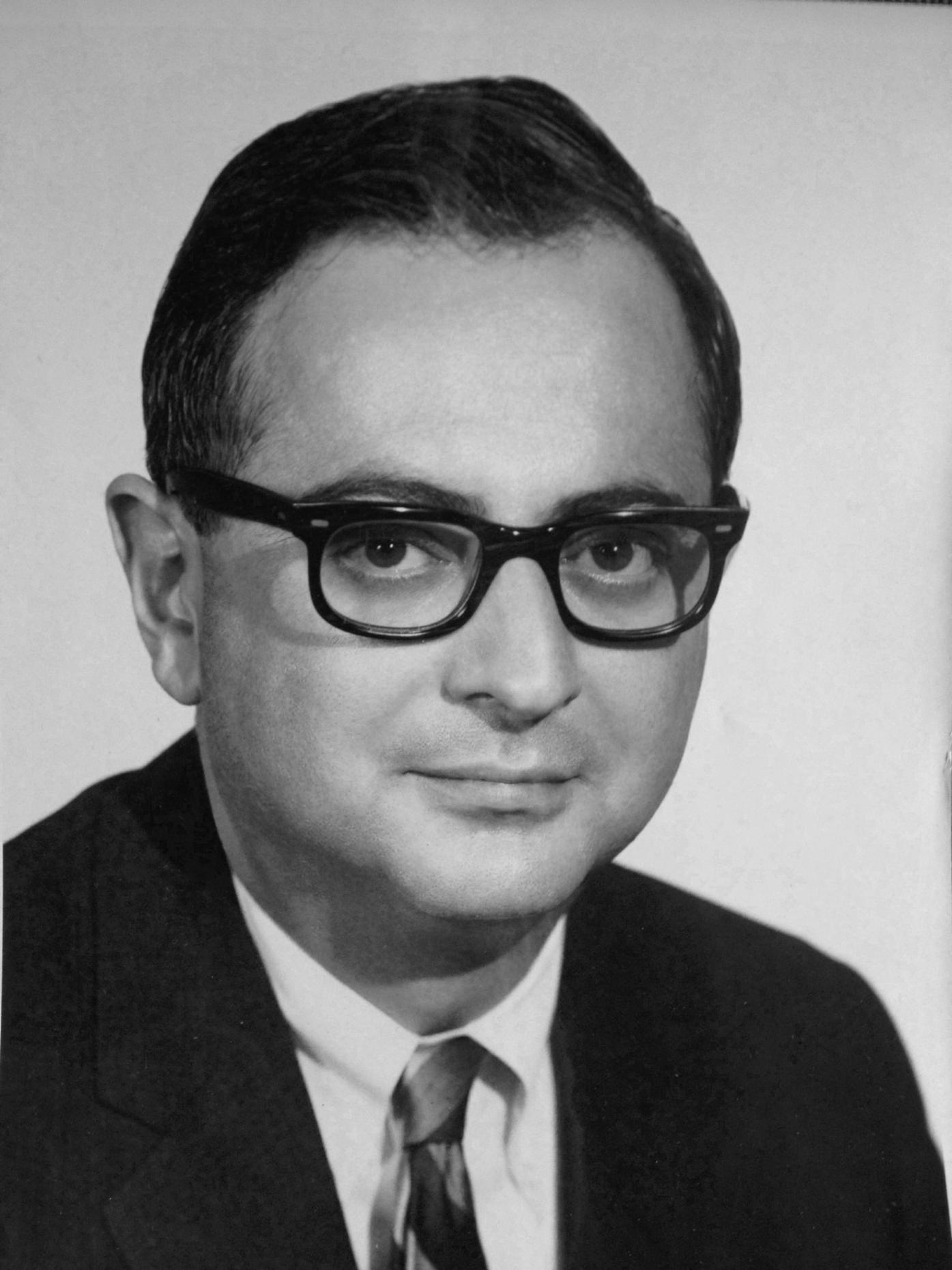
NYPR Archive Collections
The Living Opera (1958-1968)
A decade of opera greats interviewed from 1958-1968 with host Alan Wagner.
-
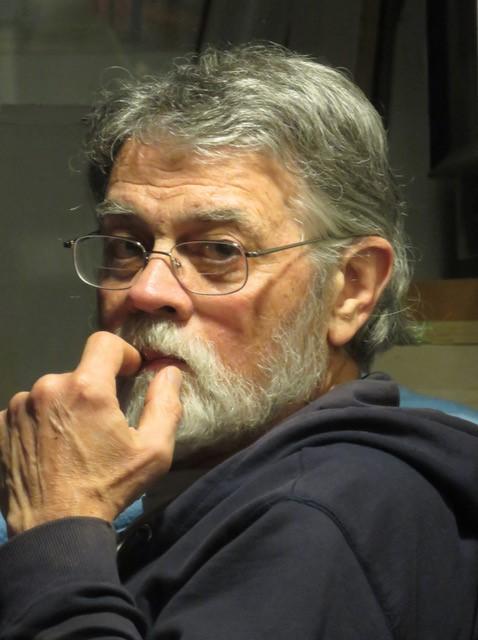
NYPR Archive Collections
The Logic of Poetry
Poetry is a universal, living language. Poetic insight is common to everyone--and has been throughout history. A poem is a creative experience and discovery. Still, many people (in school or elsewhere) have been frightened or bored by poetry -- put off by critics, theories, academic dogmas or just the strange look of the poem on the printed page. But once the superficial peculiarities of the poetic speech are understood, the insight, wonder and beauty of the poetic state of mind can be experienced by anyone.
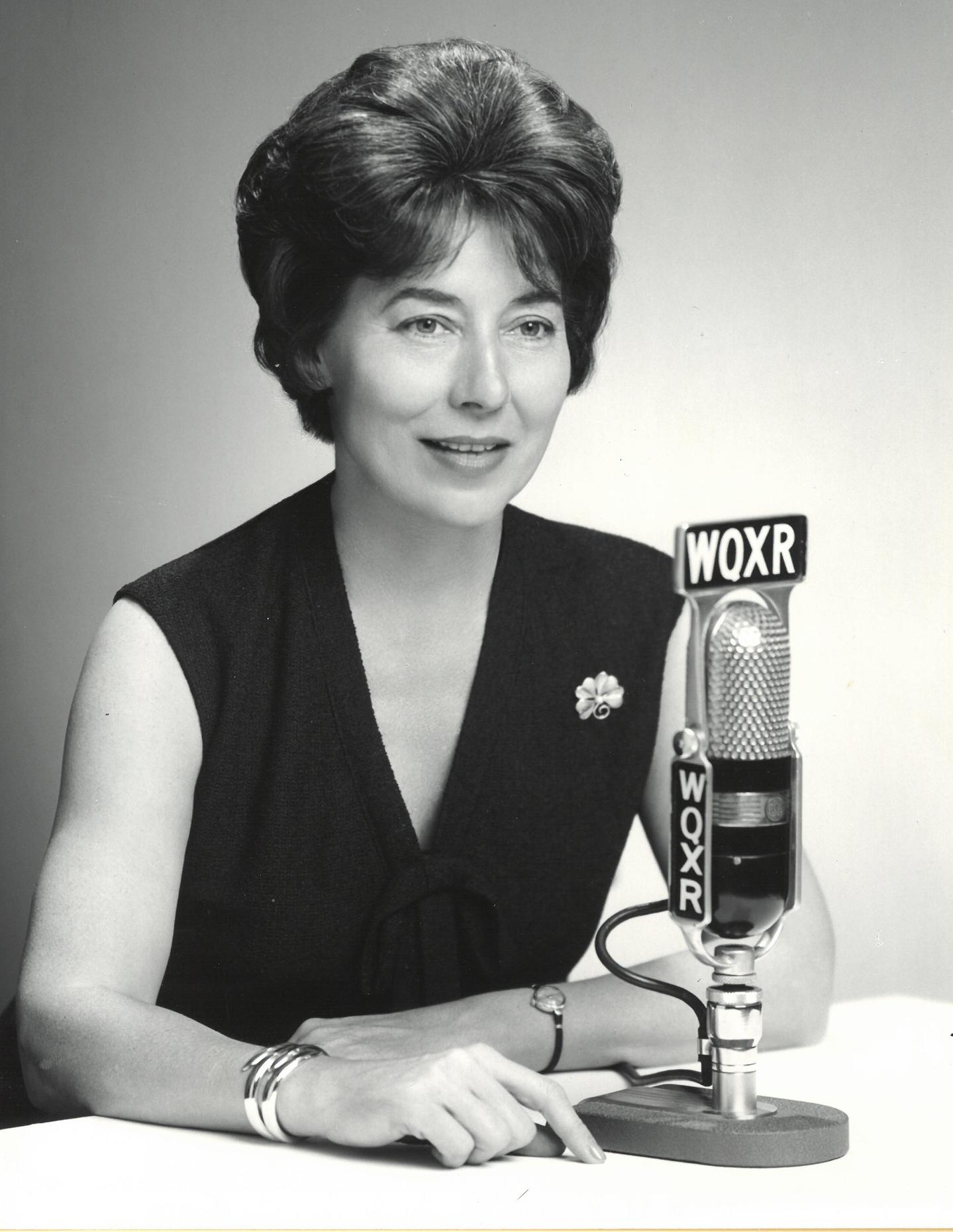
NYPR Archive Collections
MacDonald, Duncan
Hosted by Duncan MacDonald, Observation Point picked up where Alma Dettinger and Other People's Business left off in the early 1960s with interviews on books, the arts, food and culture.
-

NYPR Archive Collections
Maincurrents (1964-1966)
1960's panel discussion show with experts discussing major social issues of the day, hosted by Lee Graham
-
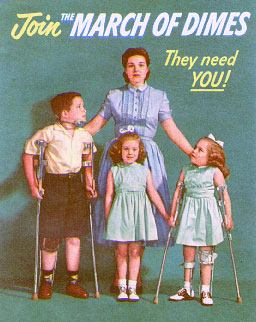
NYPR Archive Collections
March of Dimes (1940s-1950s)
In the 1940s and 1950s, WNYC regularly aired programs and public service announcements urging the public to donate to the March of Dimes. This collection also includes reports on the development of the Salk Vaccine.
-
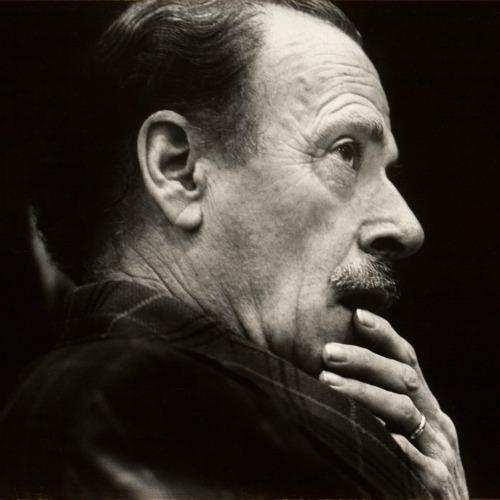
NYPR Archive Collections
The Marshall McLuhan Tapes
In the 1960s and 70s Canadian media theorist Marshall McLuhan had a lot to say about radio, television, and what was then, an information revolution-in-progress. His friend and fellow cybernetic guru, Tony Schwartz liked what McLuhan had to say and used him often in his WNYC series Adventures in Sound and Communications Journal. Give a listen to him now and see just how prophetic he was.
-
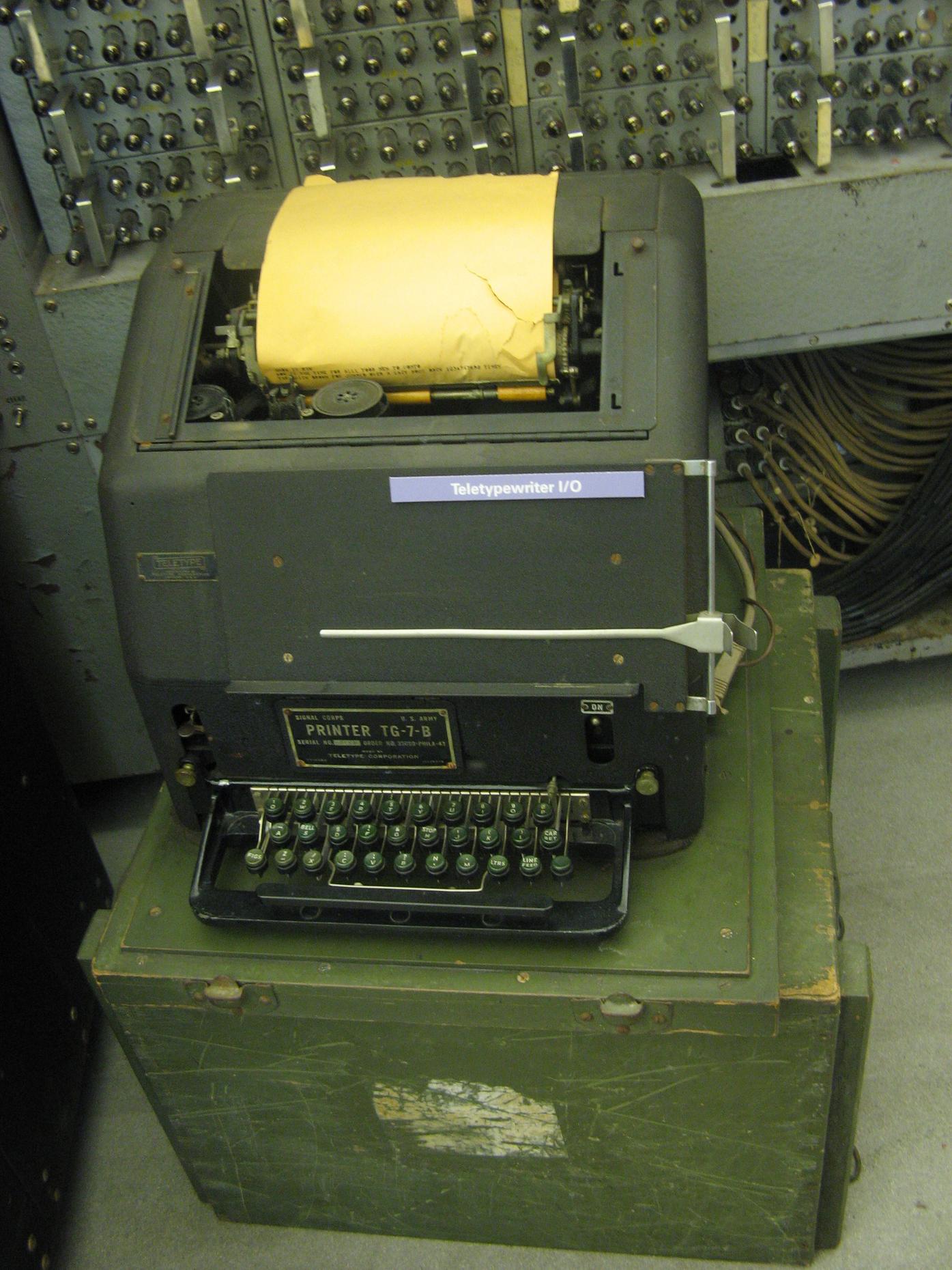
NYPR Archive Collections
Media Matters
Over the years WNYC has aired the proceedings of many conferences, discussions and performances about the radio, television, communications and journalism.
-
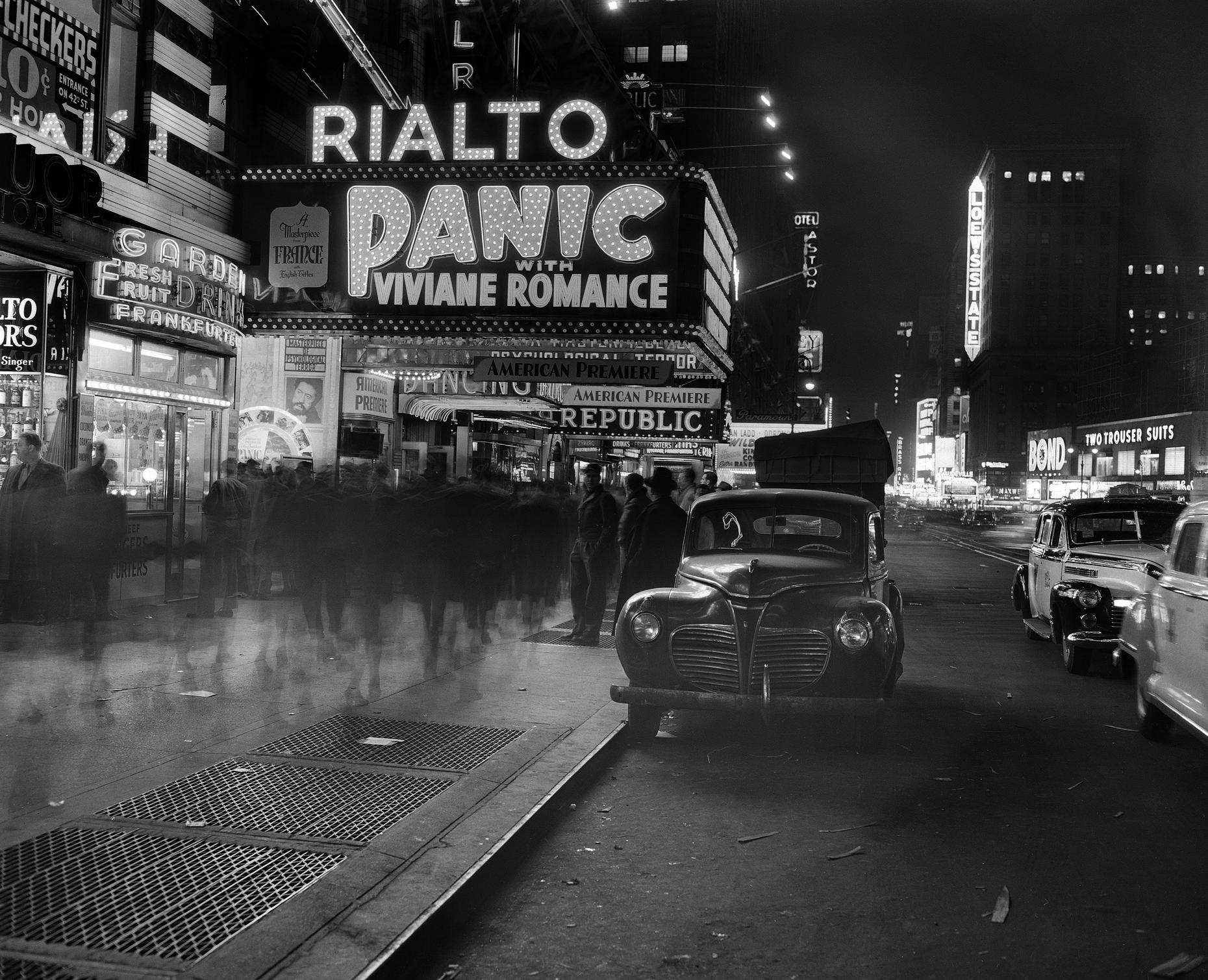
NYPR Archive Collections
Memoirs of the Movies
The series was originally produced by Joan and Bob Franklin of Cinema Sound for Westinghouse and other stations in cooperation with the Columbia Center for Oral History. The programs aired on WNYC in 1961.
-
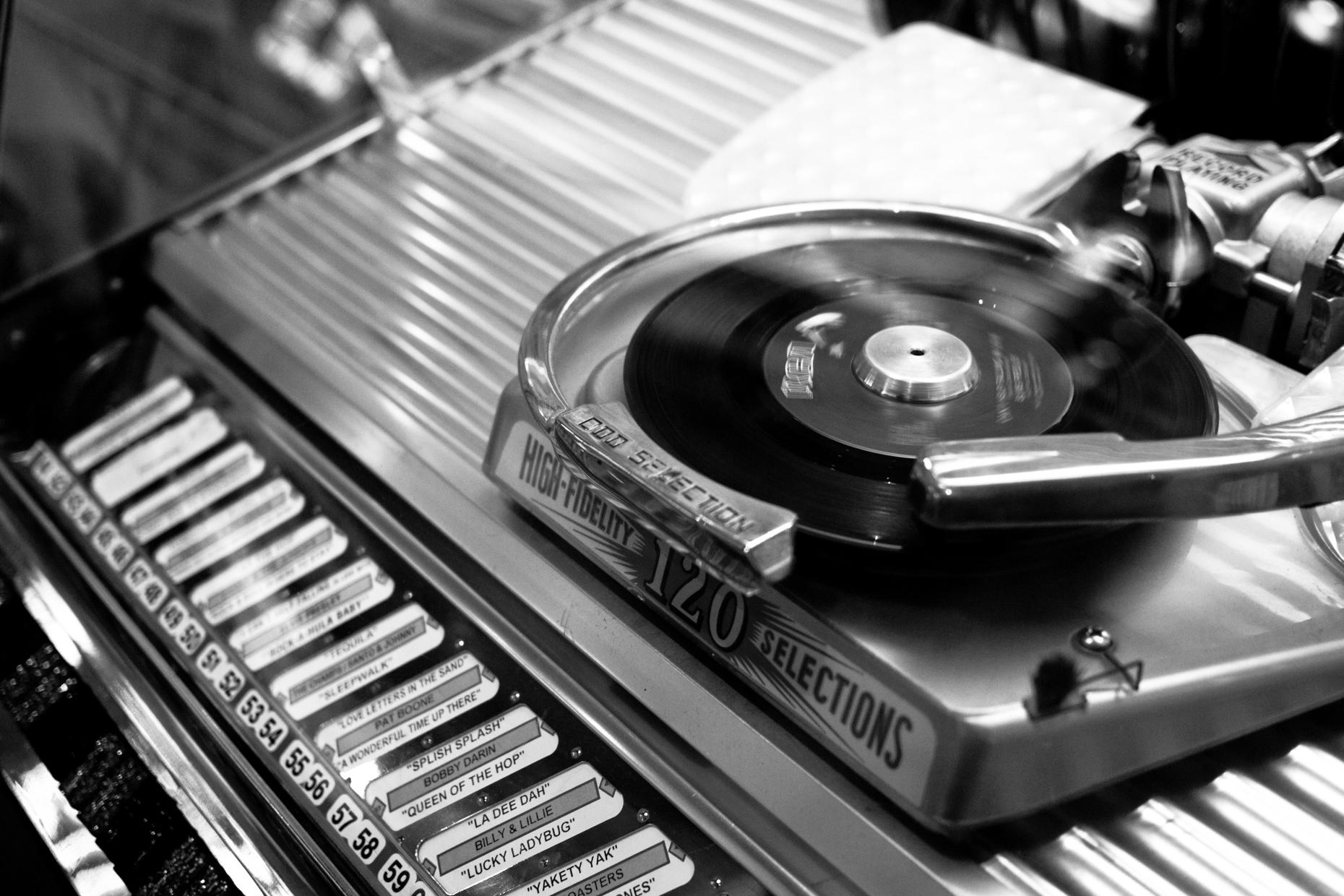
NYPR Archive Collections
Men of Hi-Fi (1960s-1970s)
Harry Maynard hosts this "discussion-demonstration" radio show featuring the "latest developments in the field of sound with the experts."
-
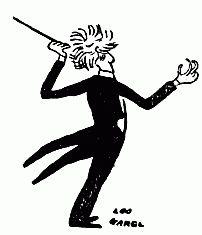
NYPR Archive Collections
Mind Over Music (1940s)
Weekly music quiz show, "a combination of fun and musical facts" where music experts try to answer questions from host John Savage. Variety wrote: "John Savage was good introducing the queries and got off a few bright ad-libs. Guests were likeable and the broad gamut of music covered didn't permit any one panel member to walk away with the show. At the same time, inclusion of Broadway and folk tunes gave less classical-minded listeners a chance to match wits on an equal footing with the musicologists."
-

NYPR Archive Collections
Miscellaneous (1930s-1970s)
Programs ranging from the 1930s to the 1970s covering a variety of cultural and political topics.
-
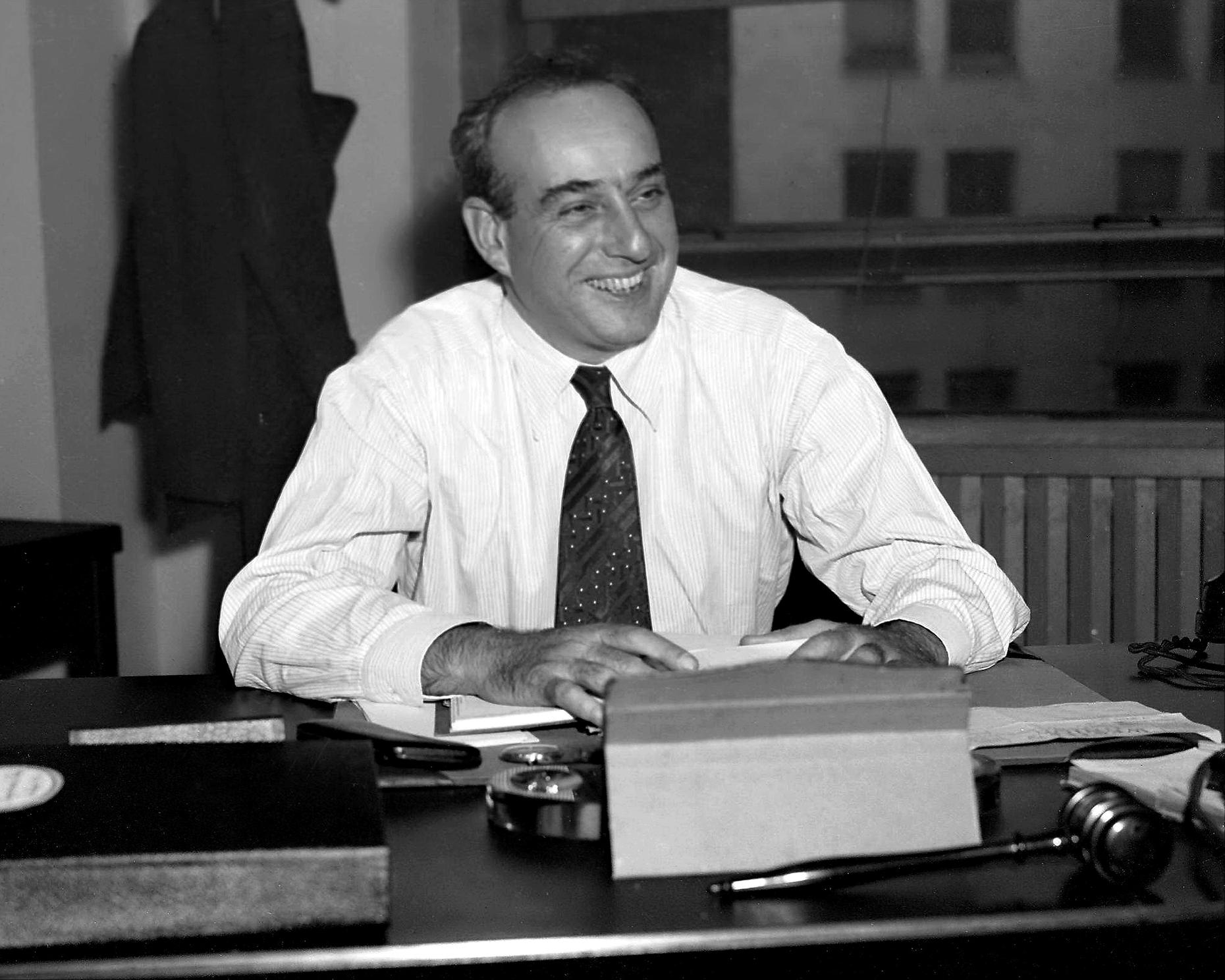
NYPR Archive Collections
Moses, Robert (1949-1965)
This collection features a selection of digitized archival recordings of Robert Moses' many speeches and ceremonies broadcast on WNYC. Moses was a major figure in New York politics, holding numerous public offices in the city and state from 1924 to 1981. Audio is courtesy of the New York City Municipal Archives.
-
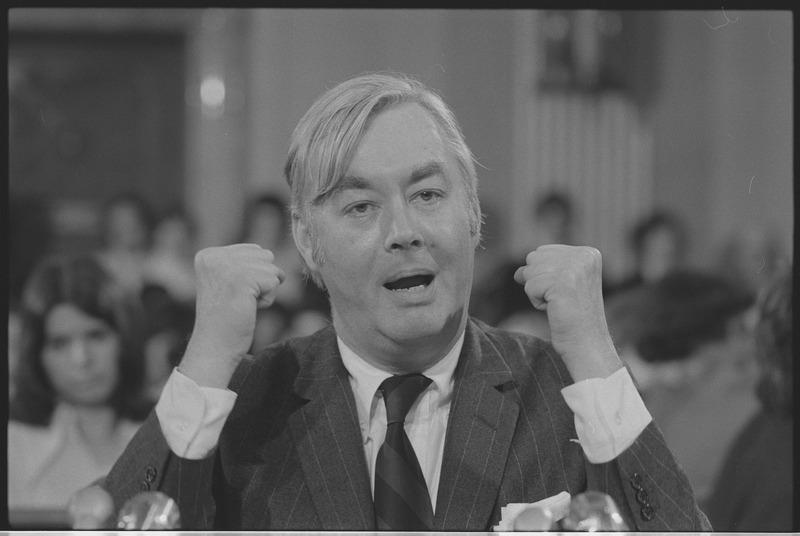
NYPR Archive Collections
Moynihan, Daniel P., Collection
A compilation of broadcast materials relating to the late Senator Daniel Patrick Moynihan of New York.
-

NYPR Archive Collections
Museum Week (1968)
This short series from 1968 provided the listener with, "a concentrated group of interviews, discussions and special programs devoted to the many museums in New York City.
-
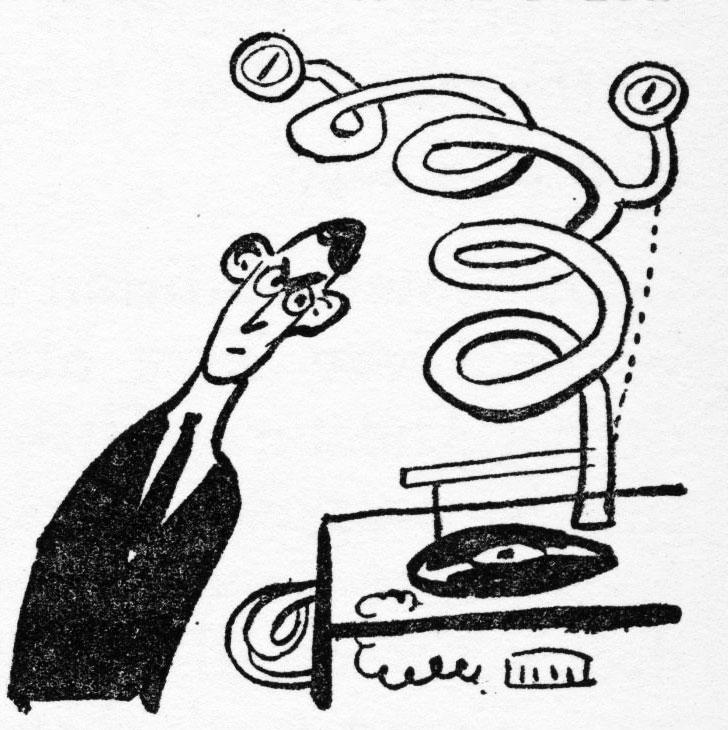
NYPR Archive Collections
Music and the Message (1960s)
Prominent musicians and artists reveal their interests and aspirations.
-
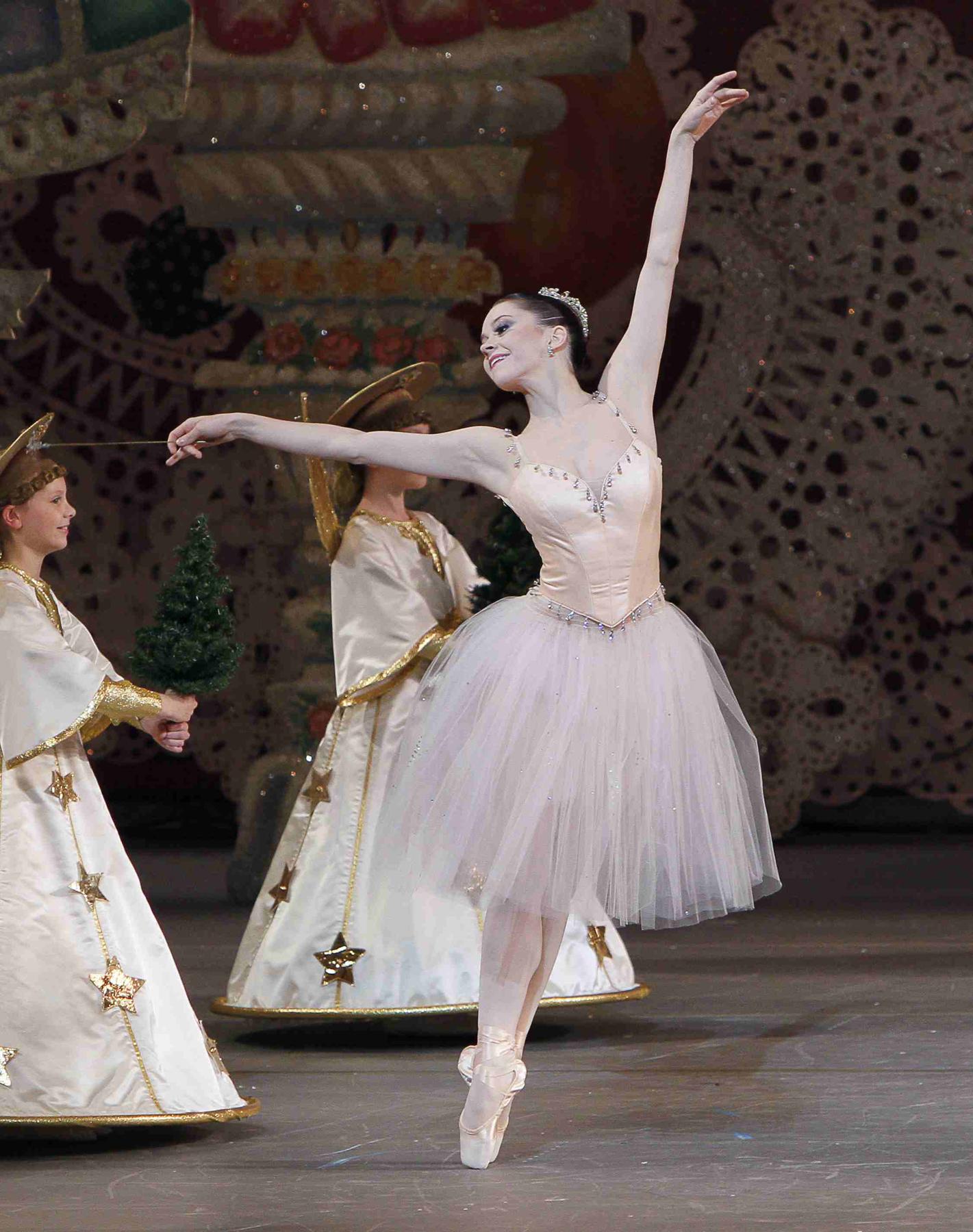
NYPR Archive Collections
Music and Ballet (1937-1943)
Author, critic, and commentator Irving Deakin hosts WQXR’s Music and Ballet, a Thursday evening program devoted to dance and music for dance productions "of all peoples in all periods."
-
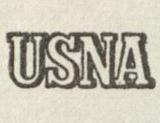
NYPR Archive Collections
Music By New Americans (1940s)
A showcase for European Jewish refugee performers who survived 'the Hitler terror' a.k.a, the Holocaust. It was broadcast by WNYC under the auspices of the United Service For New Americans, a social welfare organization founded in 1946 to aid concentration camp survivors who often had no other family members.
-
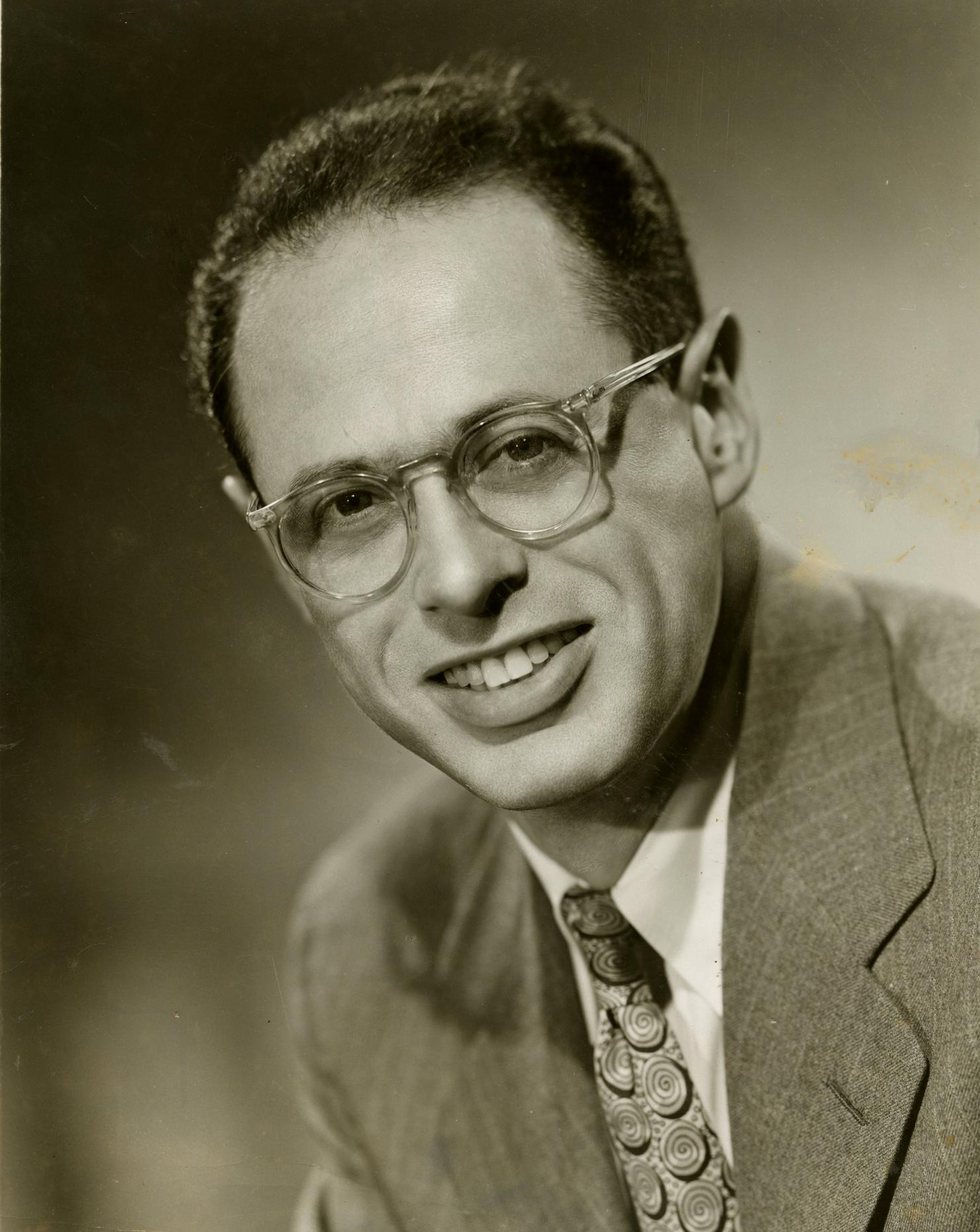
NYPR Archive Collections
Music for the Connoisseur
Maestro David Randolph's theme-oriented music programs began on WNYC in 1946. His gentle wit and vast knowledge fortified listeners for several decades.
-
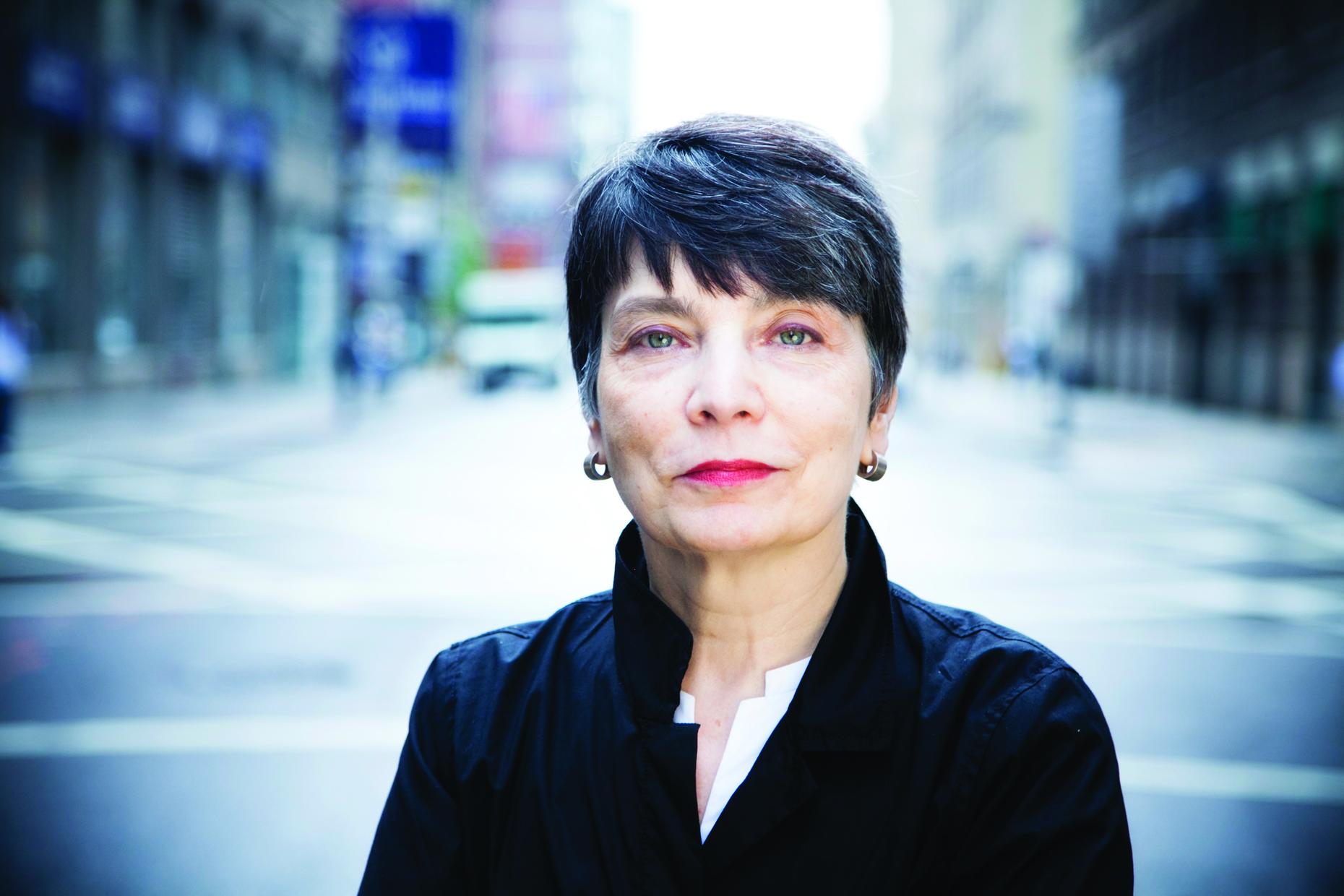
NYPR Archive Collections
Music from the 92nd Street Y
Sara Fishko digs into the audio archives of the 92nd Street Y to bring us the greatest live performances from the stage of the Y's Kaufmann Concert Hall. Curated and hosted by Fishko, the series combines elements from different concerts over the past few years, designed to highlight a particular theme or performer with the radio listener in mind.
-
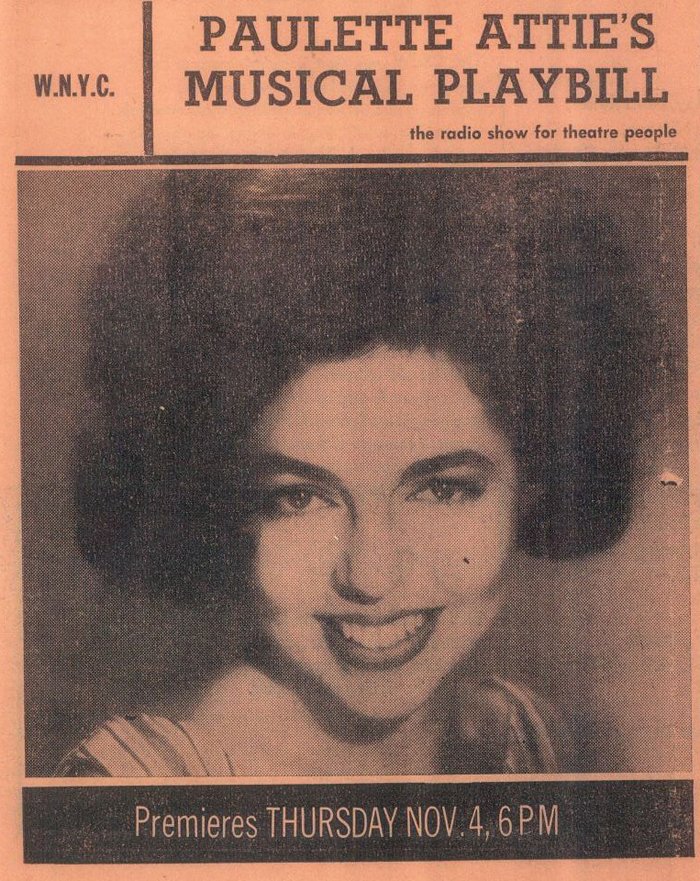
NYPR Archive Collections
Musical Playbill (1965-1967)
Paulette Attie's Musical Playbill was a weekly program of music and interviews aired on WNYC from late 1965 through 1967.
-

NYPR Archive Collections
Narcotics and Narcotic Addiction (1969-1970)
Award-winning weeklong series about "one of NYC's most serious problems": drug addiction.
-
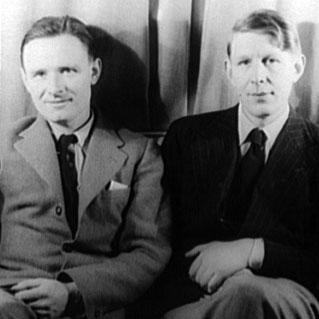
NYPR Archive Collections
National Book Awards (1956-1962)
Broadcasts from and about the annual National Book Awards ceremony.
-

NYPR Archive Collections
National Poetry Month Collection
We've pulled together some of the department's leading preservation work, series and sonic artifacts concerning poetry.
-
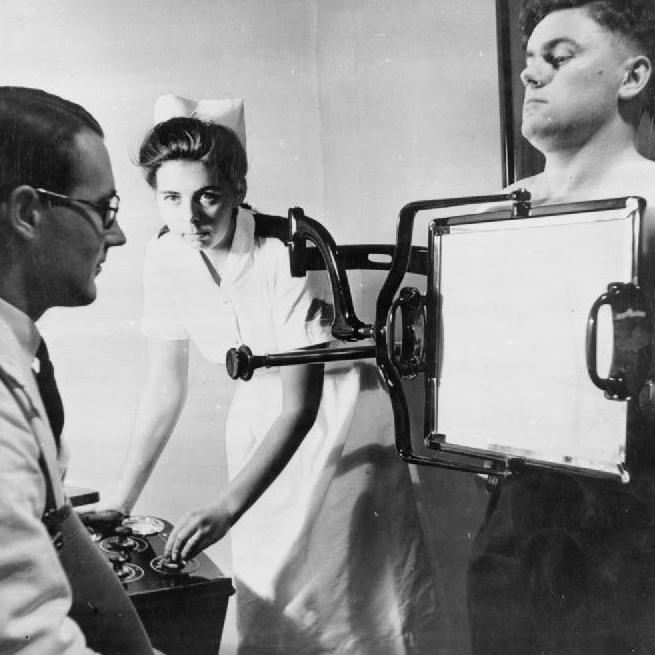
NYPR Archive Collections
National Tuberculosis Association (1940s-1950s)
This collection of National Tuberculosis Association recordings, aired on WNYC during the late 1940s to mid-1950s as a public service to educate citizens about the spread of tuberculosis, an infectious disease that primarily affects the lungs.
-
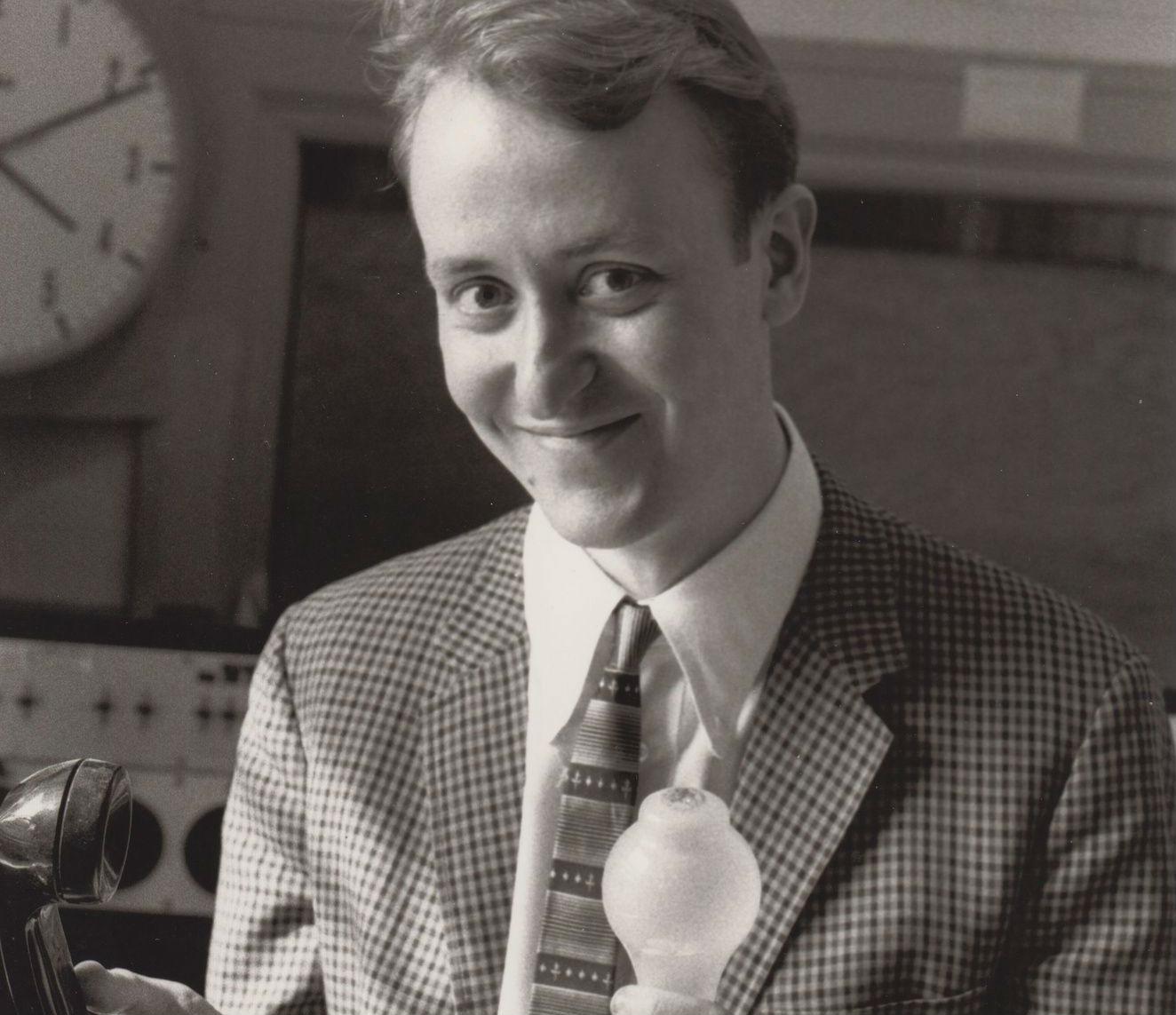
NYPR Archive Collections
New, Old, and Unexpected (1980s)
Tim Page presented hundreds of radio premieres including major works by Meredith Monk, Elliott Carter and Steve Reich. Aaron Copland and Virgil Thomson were among his guests. Page is a writer, editor, music critic, producer and professor. He was awarded a Pulitzer Prize for music criticism as well as the editor and biographer of the American author Dawn Powell.
-
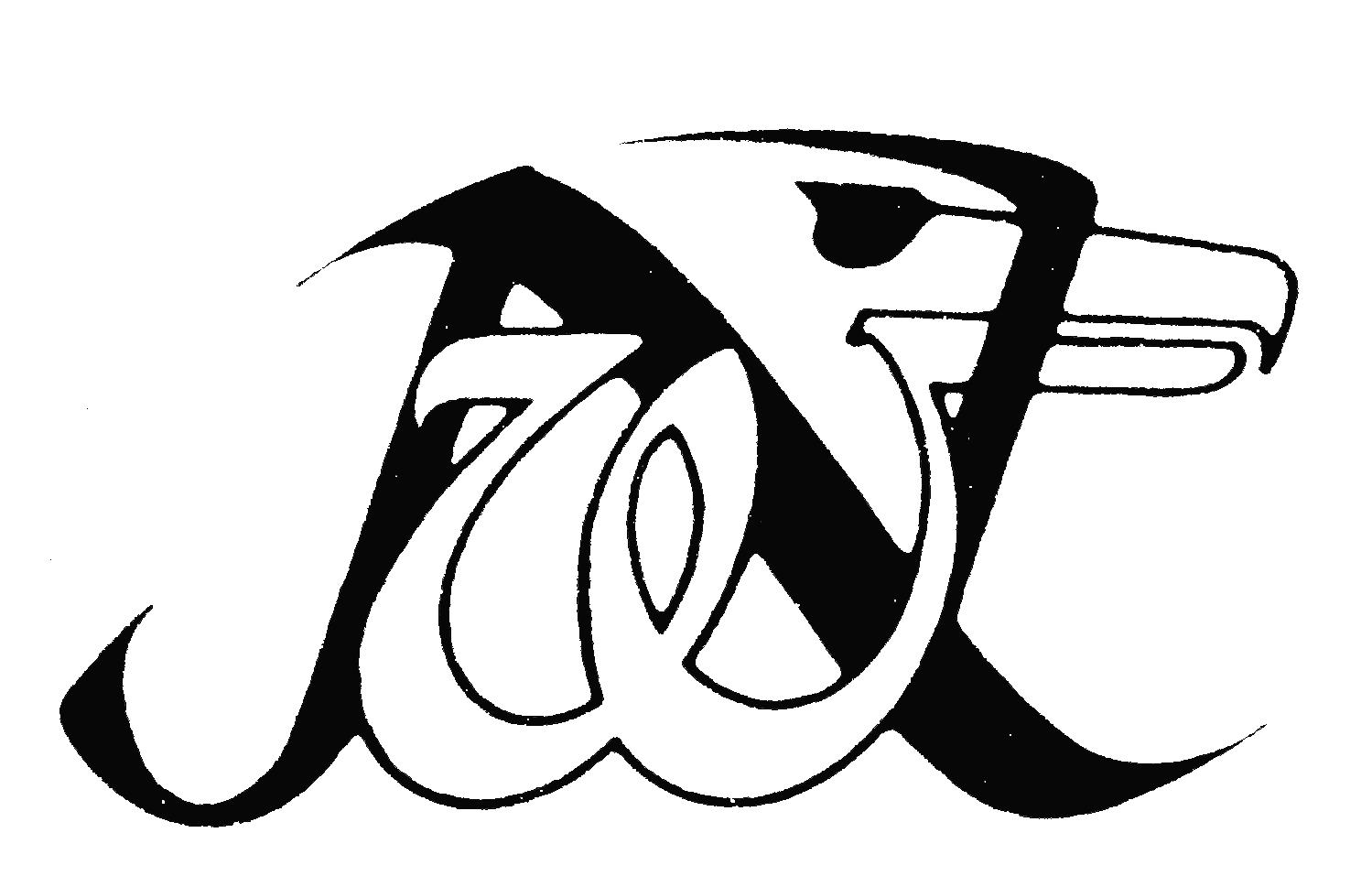
NYPR Archive Collections
A New World of Music
A New World of Music was a 13-week series produced by New World Records and Recorded Anthology of American Music, Inc. in conjunction with WQXR in the early 1980s. Its aim was to extend the awareness of American music and give exposure to otherwise unavailable recordings by American composers. Sherrill Milnes (then the reigning baritone at the Met) was the host. Elizabeth Ostrow was the series producer with Herman Krawitz as executive producer. WQXR's Robert Sherman was scriptwriter and producer.
-

NYPR Archive Collections
New York Cabaret Nights
The best of American popular song comes alive on WNYC's 1990 cabaret series, hosted by Steve Ross.
-
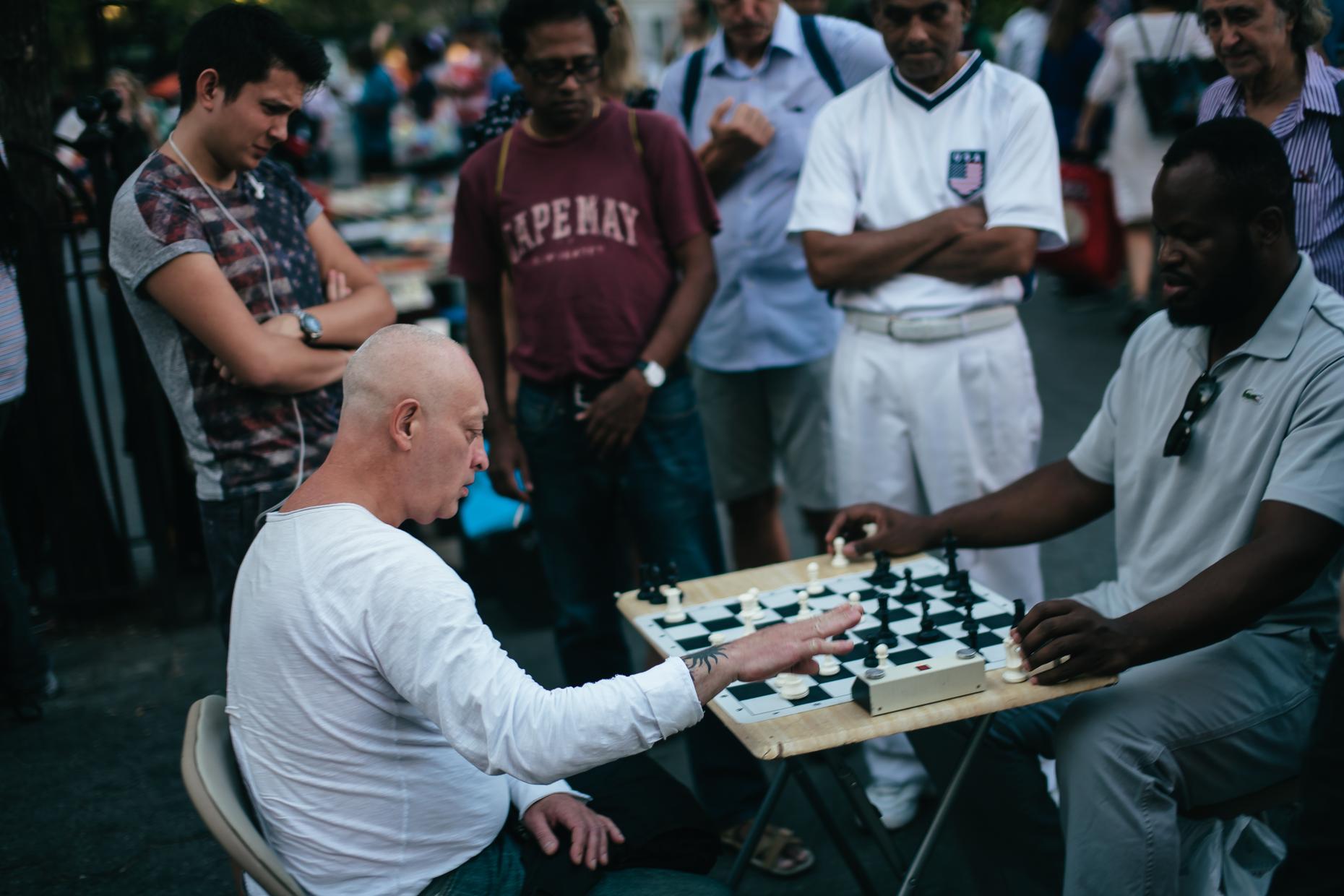
NYPR Archive Collections
New York Considered (1970s)
New York Considered was a local public affairs program about New York neighborhoods and the people who live in them. The format includes news stories, features and mini-documentaries and has been influenced by NPR’s award-winning All Things Considered. The program was produced and hosted by Marty Goldensohn and Peter Freiberg. The series premiered on February 6, 1979.
-

NYPR Archive Collections
New York Magazine (1960s)
New York Magazine hosted this program in the late 1960s. Each week, one of several editors of the magazine would host and invite a guest to discuss articles from the most recent issue.
-
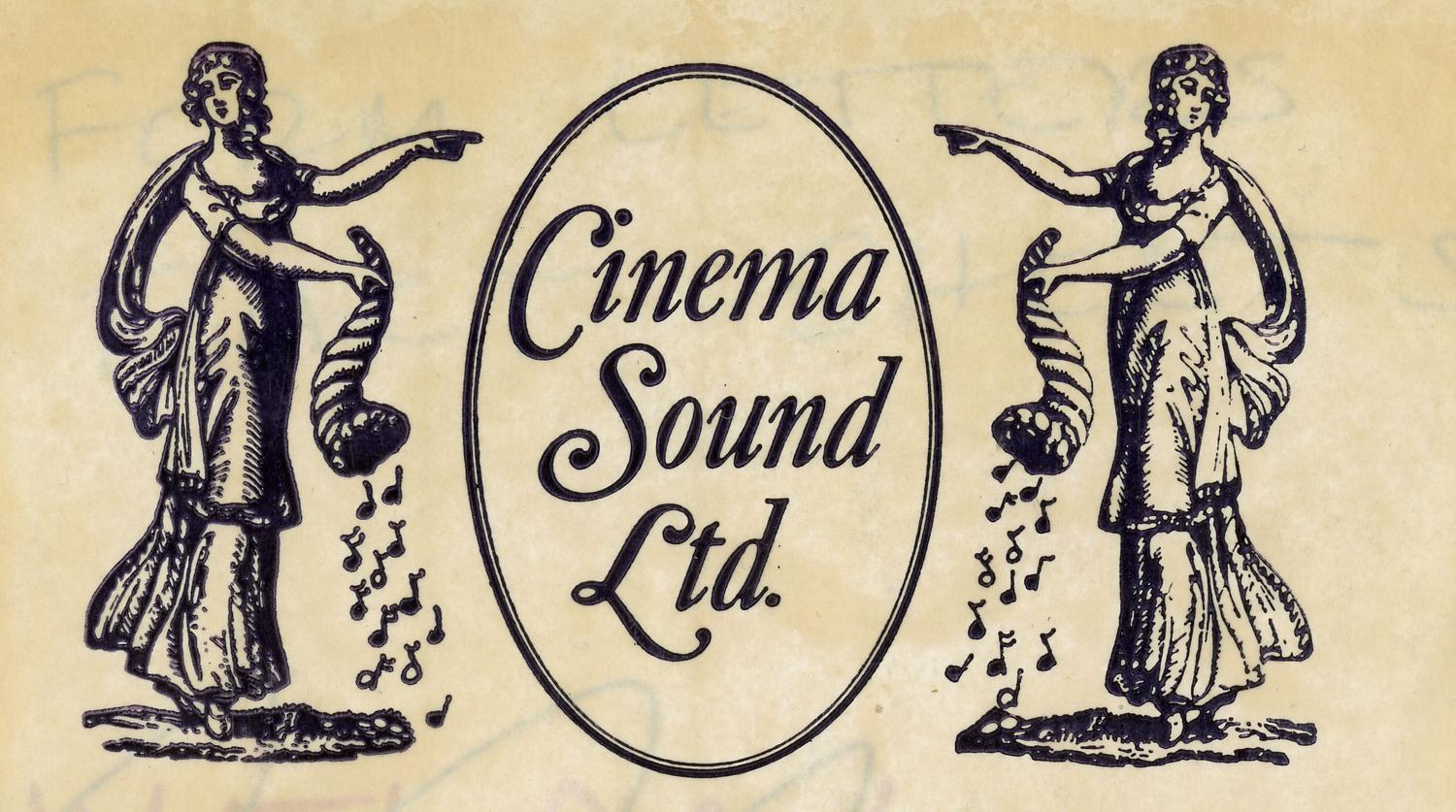
NYPR Archive Collections
New York: A Portrait in Sound (1960s)
In 1962, Joan and Robert Franklin established Cinema Sound, Ltd., an audio recording studio based out of their Upper West Side townhouse. The Franklin's produced this series of recordings, which illustrate the lives of everyday New Yorkers.
-
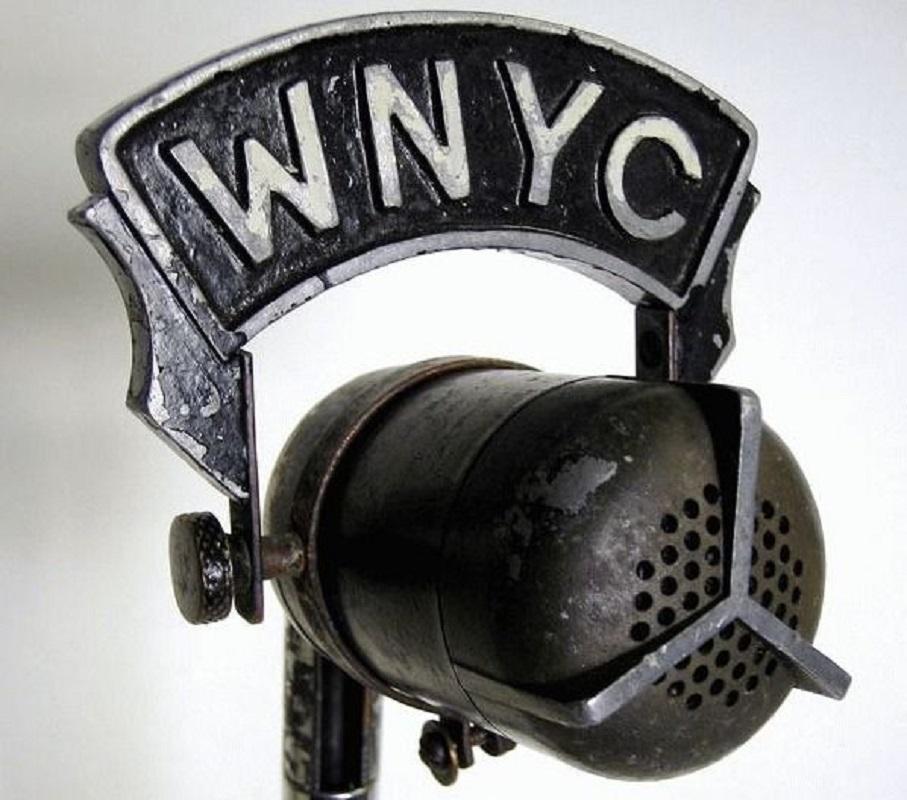
NYPR Archive Collections
New York Public Radio Archives and Preservation
The WNYC and WQXR archive collections blog and landing page.
-

NYPR Archive Collections
New York Queen of Commerce (1952-1953)
Sponsored by the Department of Commerce and New York, this program recasts economic history as an engaging, fun topic. Described by the host as "a new series of transcribed historic educational dramas" (1952-53), these shows reenact moments in New York's history of commerce with flair.
-
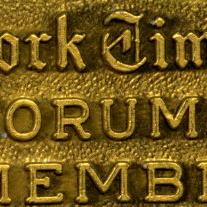
NYPR Archive Collections
New York Times Youth Forum (1945-1950)
In 1951 the Peabody awards panel wrote: "The New York Times Youth Forum has featured unrehearsed discussion by students selected from private, public and parochial schools, on topics ranging from the political, educational and scientific to the international and the United Nations.
-

NYPR Archive Collections
New York Tomorrow (1968)
The future is uncertain, so WNYC dares to ask the question: What will this city be like in the future? The result, the fascinating series New York Tomorrow, brings city luminaries to the studio to examine aspects of city life (Black power, labor, education) —asking the Big Questions in small doses.
-
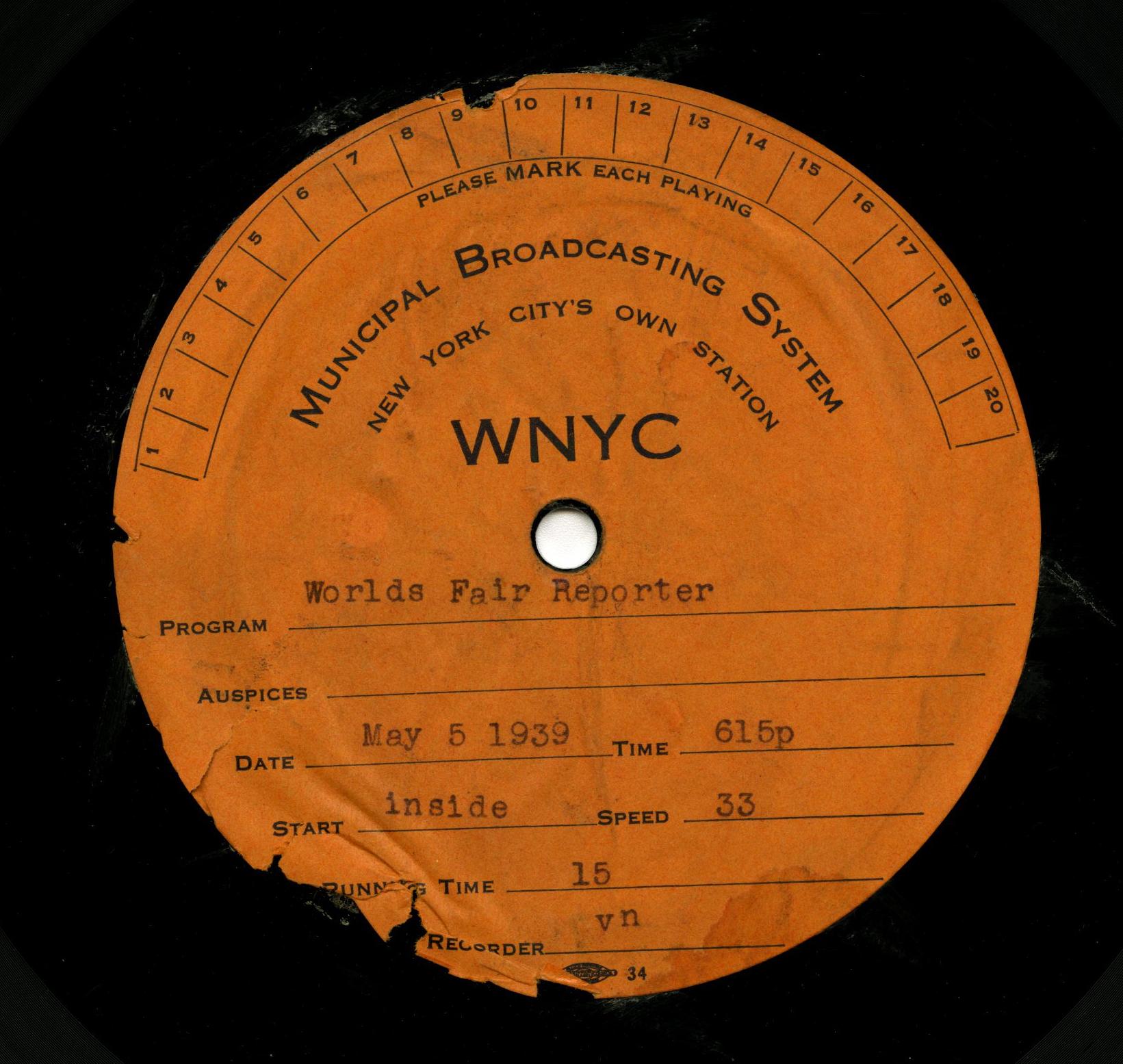
NYPR Archive Collections
New York World's Fair (1939-1940)
WNYC broadcasts live from the 1939-1940 World's Fair.
-
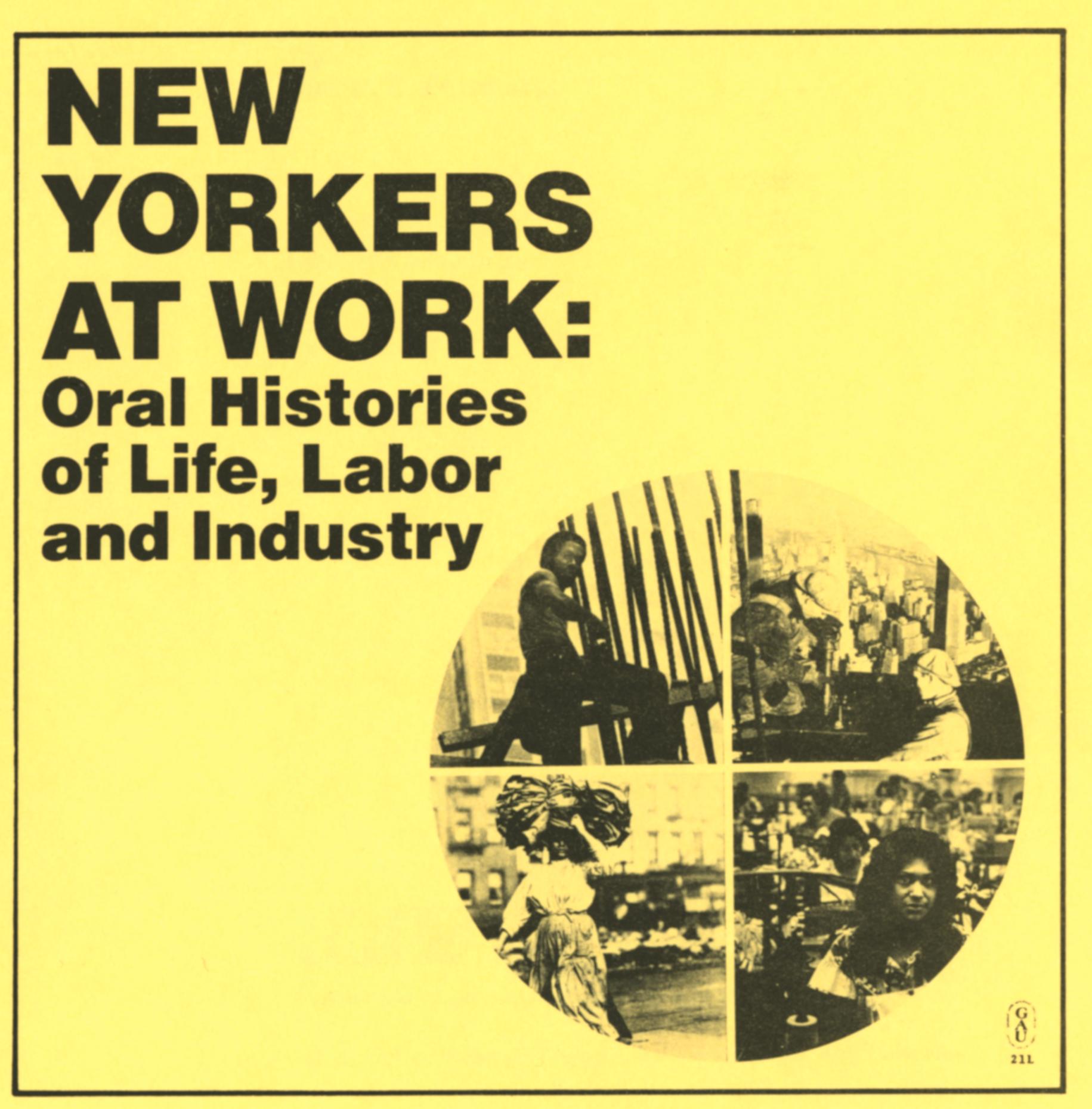
NYPR Archive Collections
New Yorkers at Work (1981)
Miniseries created by the late Debra E. Bernhardt, Head of the Robert F. Wagner Labor Archives at New York University. Drawing from their archives, the program showcased oral histories of male and female workers "whose names you aren't likely to find in history books," using them to tell the story of organized labor in New York.
-

NYPR Archive Collections
News (1939-)
Historic news reports aired over WNYC. When news was made, WNYC microphones were always nearby. This series is a collection of wide-ranging press conferences, local and national news reports, and political speeches made in and around the five boroughs by well-known and influential public figures.
-
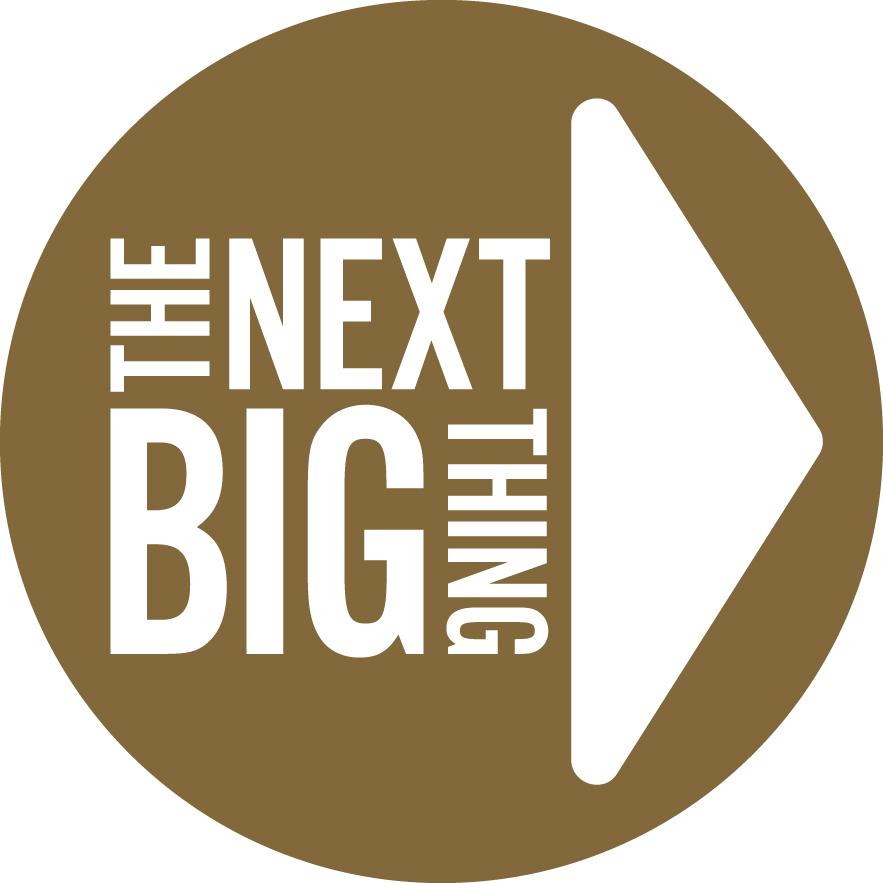
NYPR Archive Collections
The Next Big Thing (2000-2005)
The Next Big Thing is full of unusual sounds and memorable voices. It's a show in which well-known artists like Stanley Tucci and Suzanne Vega casually rub shoulders with subway strap hangers, park bench philosophers, street-corner humorists, and kids on the local basketball court.
-
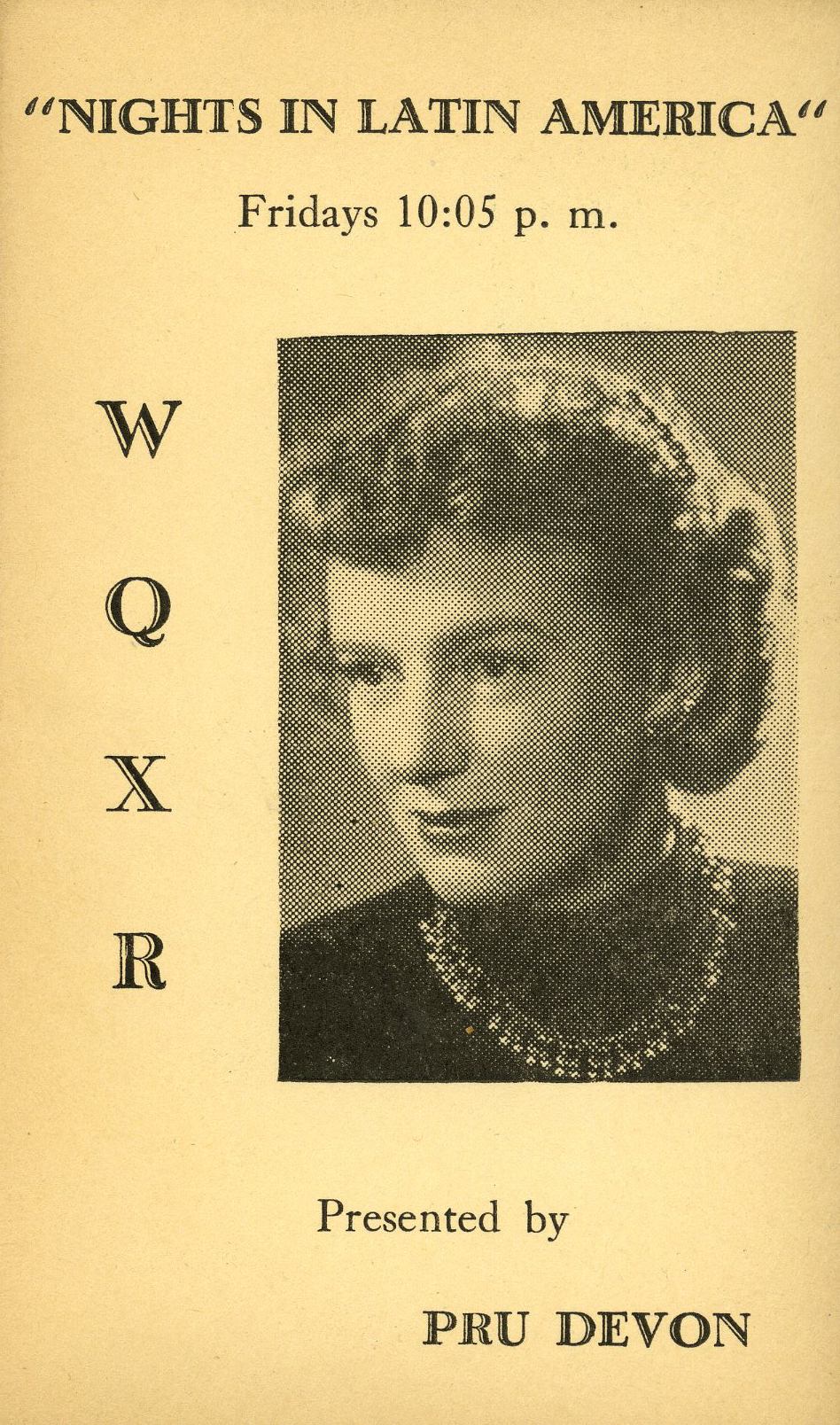
NYPR Archive Collections
Nights in Latin America
Nights in Latin America aired as a regularly sponsored program on WQXR from January 1947 until June, 1971. The show was hosted by Pru Devon who devoted herself to detailed research for each of her productions covering the full range of music found south of the United States in Central America, South America and the Caribbean. [under construction]
-
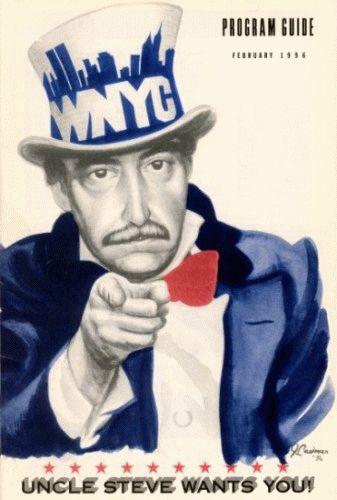
NYPR Archive Collections
The No Show
The No Show was a showcase for the idiosyncratic views and humor of Steve Post, a world-class curmudgeon whose irreverence and iconoclasm entertained audiences and appalled radio station managers for four decades. (Give or take.)
-

NYPR Archive Collections
Northwestern University Reviewing Stand (1938-1952)
Weekly debate on housing and politics, produced by Northwestern University's Offices of the Director of Radio (Public Relations).
-
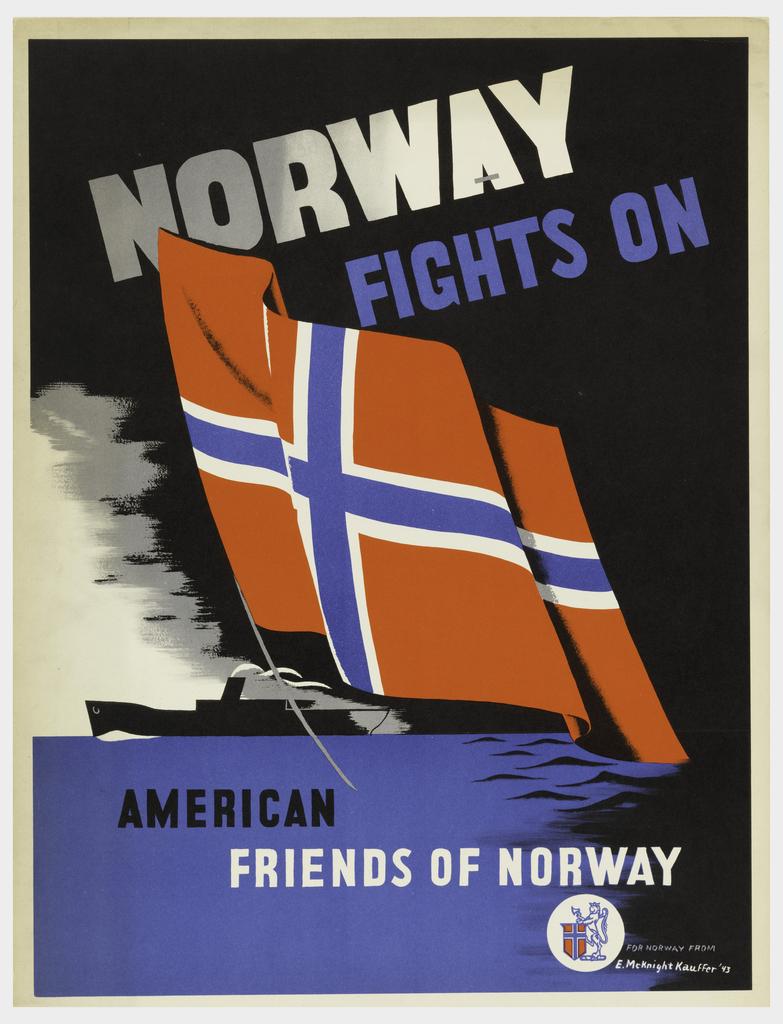
NYPR Archive Collections
Norway Fights On (1940s)
A program of news and interviews about Norwegian resistance to the Nazi occupation of Norway during World War II.
-
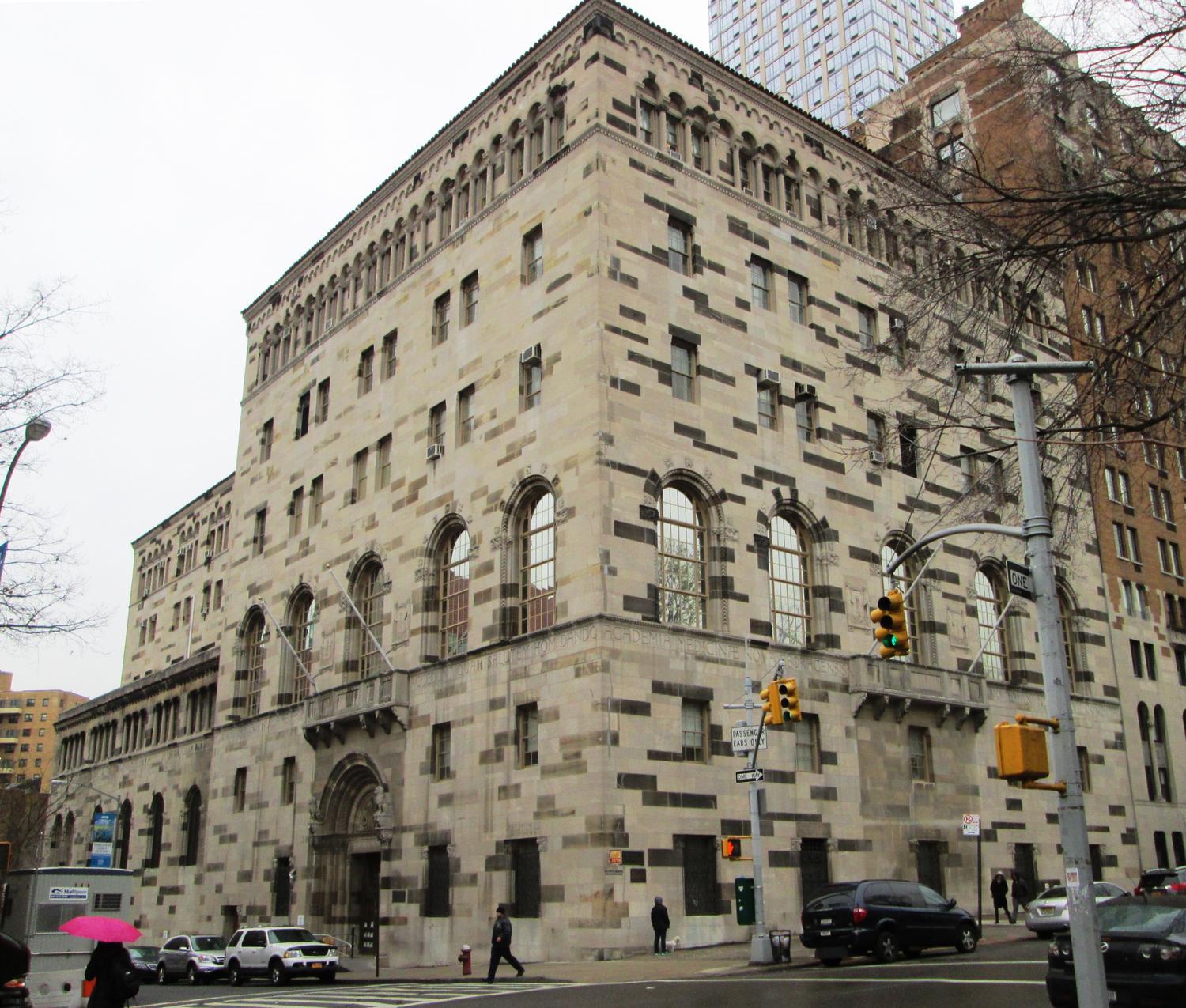
NYPR Archive Collections
The NYAM Lectures (1946-1957)
Medical Talks by Eminent Speakers with generous funding provided by the New York Metropolitan Library Council.
-
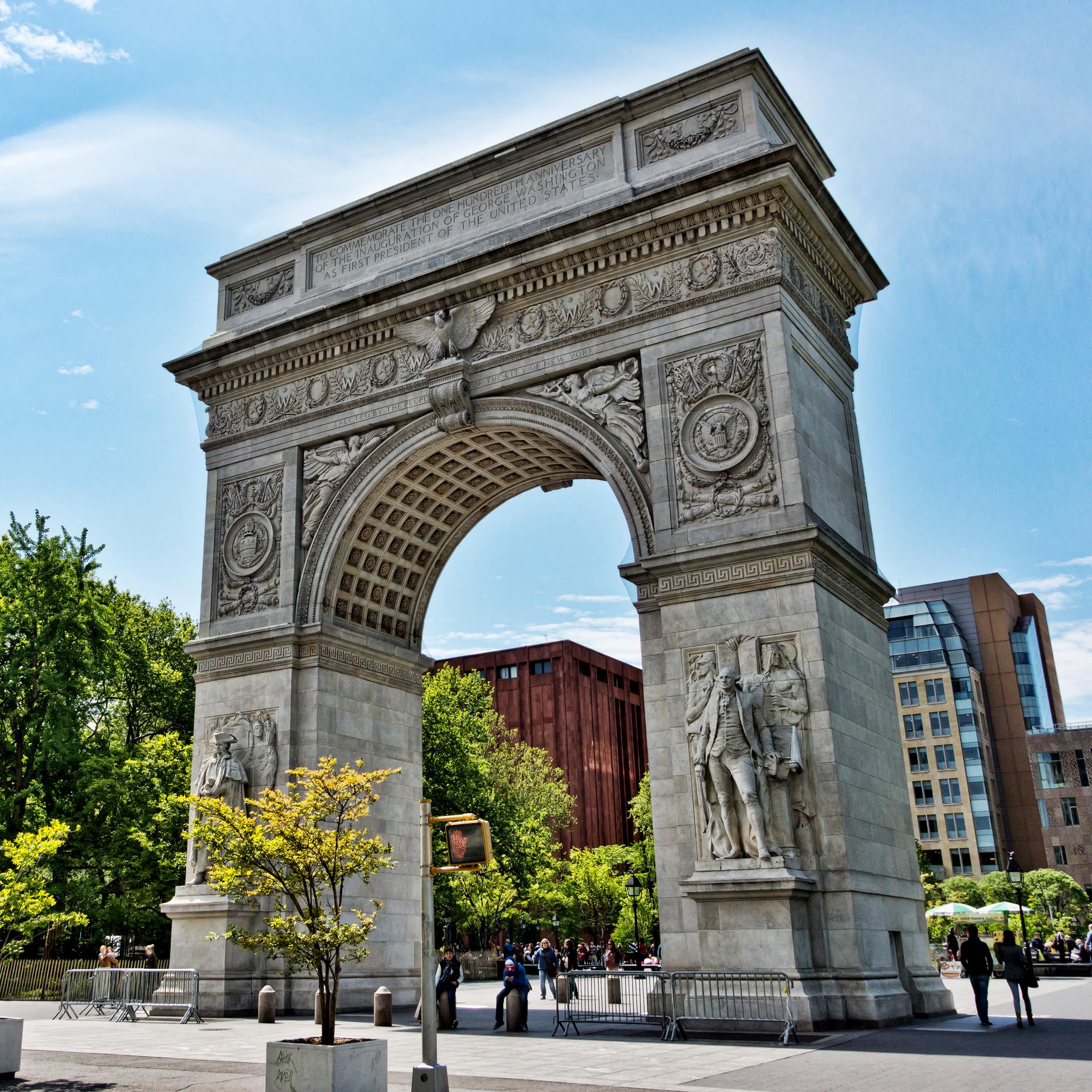
NYPR Archive Collections
NYU Mini Lecture (1960s)
NYU's School of Continuing Education presents panel discussions and lectures on a variety of topics.
-

NYPR Archive Collections
On The Media 1993-2000
OTM tackles sticky issues with frankness and transparency. The program's first regular host was veteran journalist Alex S. Jones followed by Brian Lehrer.
-

NYPR Archive Collections
One More River
In 1947 One More River was the only radio show in the country produced by “a Negro-White team” who felt they could pool their talent and do something positive for race relations. The Sunday broadcast was produced by The New York Amsterdam News’ Bill Chase and WNYC staff announcer Ken Joseph. The show’s producers said the program aimed to make people aware of the conditions of prejudice and intolerance in the north as well as the south and some shows included dramatizations as well as musical performances.
-
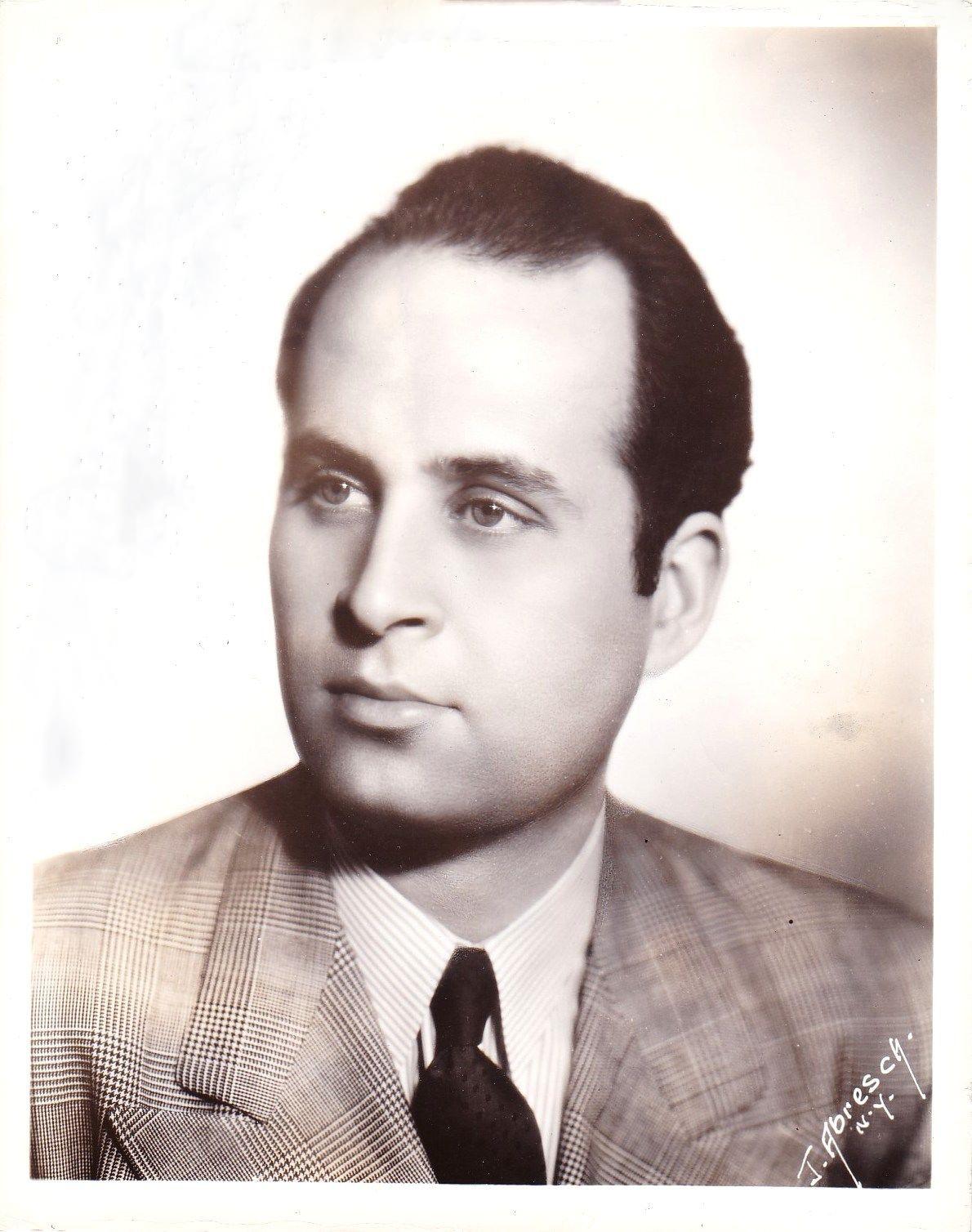
NYPR Archive Collections
Opera Topics
Opera Topics was hosted by Lorenzo Alvary, a hungarian born operatic bass between 1963 and 1984. It consisted of interviews with contemporary opera singers, historians, and impresarios, as well as reports of operatic performances from around the world. Guests included: Renata Scotto; Licia Albanese; George Lascelles; Zubin Mehta; Sherrill Milnes; Gebor Carelli; Regina Resnik; Friedelind Wagner, among many others.
-

NYPR Archive Collections
The Original Meet the Composer (1985-1986)
The original Meet the Composer with host Tim Page represents a broad exploration of contemporary American composition with composers from many different fields including jazz, popular, avant garde, folk and musical theater.
-
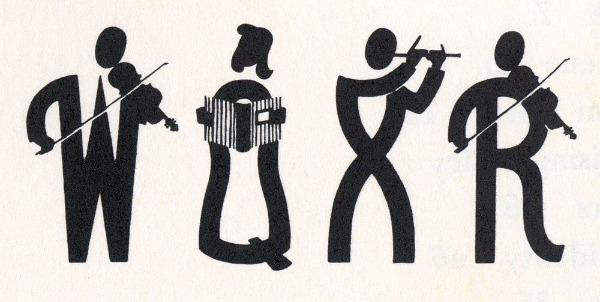
NYPR Archive Collections
Other People's Business
Other People's Business began on August 4, 1941 and ran for 19 years. The host, Alma Dettinger was a charming personality who discussed women's issues, food, books for the WQXR audience.
-

NYPR Archive Collections
Our Stake in the War (1942)
Broadcast in cooperation with CUNY, this 1942 wartime radio show features members of faculty discussing different aspects of Americanism, the war effort, and the threat of un-democratic ideas.
-

NYPR Archive Collections
Overseas Press Club (1940-1975)
The OPC aired a variety of programming on WNYC between 1940 and the mid70s, including speeches, awards shows, and question-answer sessions, providing an international perspective on news.
-

NYPR Archive Collections
Pals of the P.A.L. (1949-1955)
A community-centric variety show with a special focus on youth, performed by members of the Police Athletic League and children from the city. Featuring innocuous skits and popular tunes, this variety show (1949-1955) features the voice talents of police officers, members of P.A.L., and local children.
-
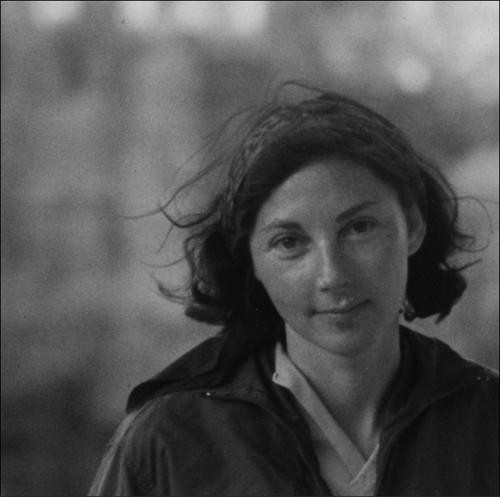
NYPR Archive Collections
Patricia Marx Interviews (1961-1969)
Patricia Marx Interviews is a series of interviews done for WNYC and other stations that include talks with Woody Allen, Dick Gregory, William Golding, General Omar Bradley, Arthur C. Clarke, David Halberstam, Bob Hope, George Balanchine and others.
-
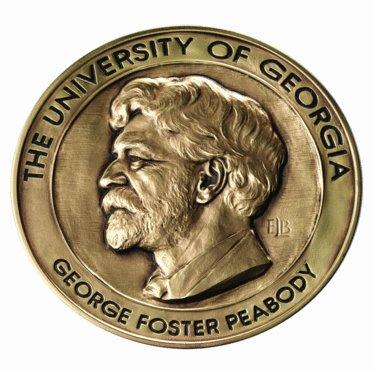
NYPR Archive Collections
Peabody Award Winners (1940 - present)
WNYC has been winning Peabody Awards since 1944. WQXR has been receiving recognition since the awards started!
-

NYPR Archive Collections
Peace, Love, Creativity: Hope of Mankind (1968-1969)
A special syndicated series of Cooper Union forums produced by WNYC and distributed by the National Educational Radio Network.
-

NYPR Archive Collections
Pen Portraits (1975)
PEN America's weekly 1975 WNYC interview program with host Anne Fremantle. Digital files courtesy of PEN America.
-
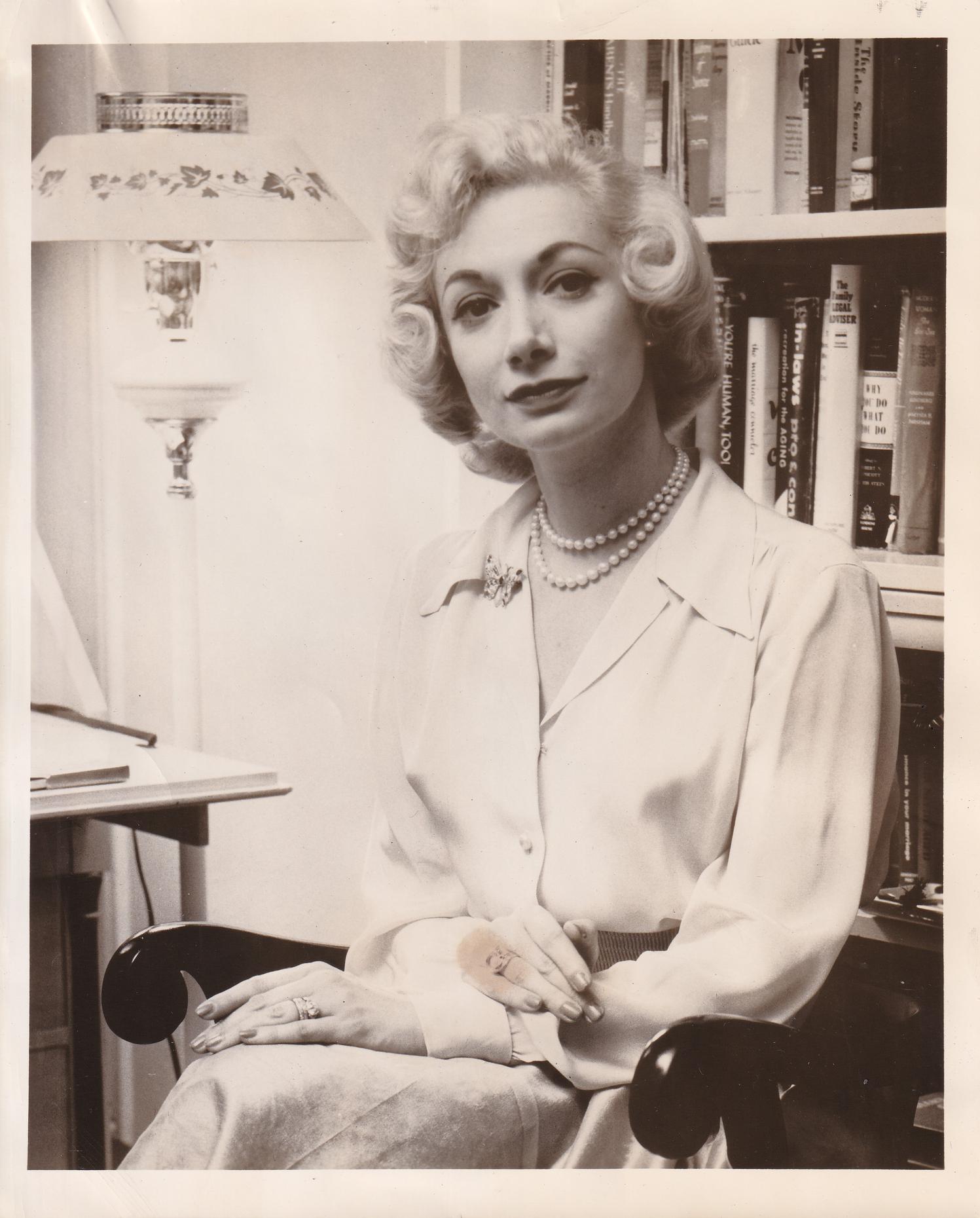
NYPR Archive Collections
People and Ideas
People and Ideas is a bi-weekly discussion series from the early 1960s. It consists of unrehearsed conversations between Lee Graham and one or more guests who have made notable contributions in international affairs. Although the background material and questions for the interview have been carefully prepared, this does not restrict the range nor spontaneity of the interviewees. After each broadcast, comments from listeners are invited.
-
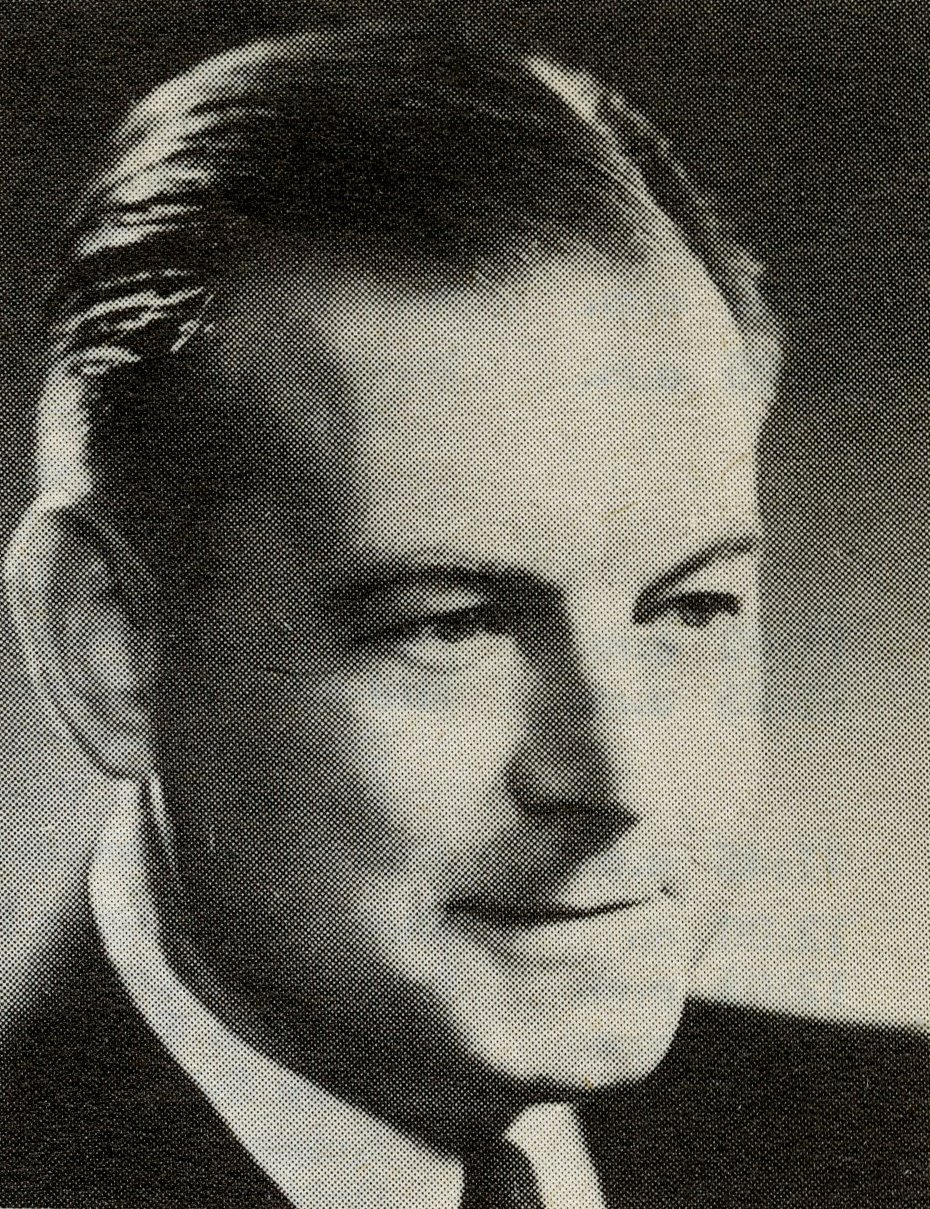
NYPR Archive Collections
People, Places and Books
People, Places and Books was a series of essays and commentaries by Dr. Gilbert Highet, a well-known author, teacher and lecturer. Highet was Anthon professor of Latin language and literature at Columbia University and a judge of The Book-of-the-Month Club.
-

NYPR Archive Collections
Plan For Survival (1950-1951)
With surprisingly calm moderators, the Plan for Survival series goes beyond the usual "duck and cover" advisement and into the details of an A-bomb attack, fallout shelters, the Soviet threat, first aid, radiation sickness, and food and water supplies following a nuclear attack.
-

NYPR Archive Collections
Poetry of the Avant-Garde (1966-1967)
A series of interviews with avant-garde poets with host Michael Silverton. .
-

NYPR Archive Collections
Police Safety Program (1949-1950)
A children's musical variety show for youngsters who need some supervision. Join Mister Narrator, Talking Piano, Mister Singing Safety Police Officer, Old Man Accident, and others in issuing a strict disciplinary stance on crossing the street with safety. Other topics covered include bicycle safety, avoiding strangers, ab rhyming schemes, and general carefulness.
-

NYPR Archive Collections
Psychoanalysis and Everyday Living (1949-1950)
The series is based on the work of Dr. Karen Horney (horn-AY), a German psychoanalyst whose views both relied on and questioned those of Sigmund Freud. Speakers are members of the Association for the Advancement for Psychoanalysis who have taken up Dr. Horney's work after her 1952 death.
-

NYPR Archive Collections
Public Interest New York (1960s-1970s)
A weekly interview show featuring important news makers whose "opinions and decisions affect the lives of all new Yorkers." Hosted by former New York State Senator Frederic S. Berman.
-
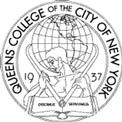
NYPR Archive Collections
Queens College Forum (1941-1948)
A series in celebration of Queens College and public discourse.
-
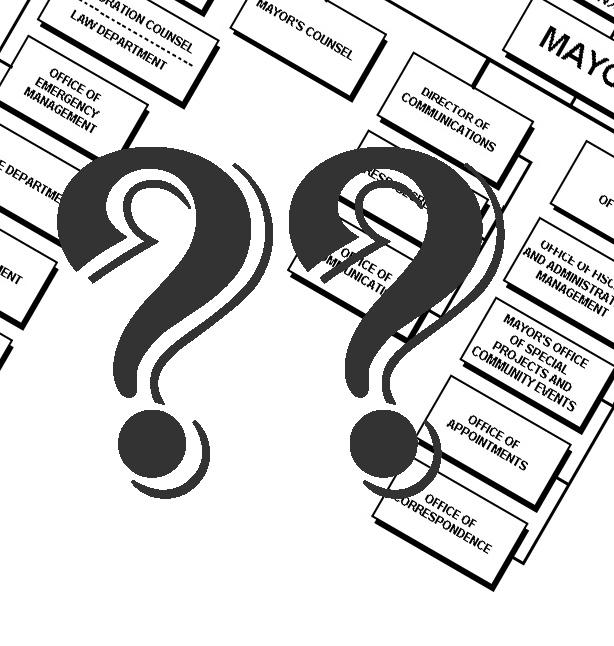
NYPR Archive Collections
Quiz Time (1950s)
Sixteen city government departments compete to see which department knows best how New York City government works.
-
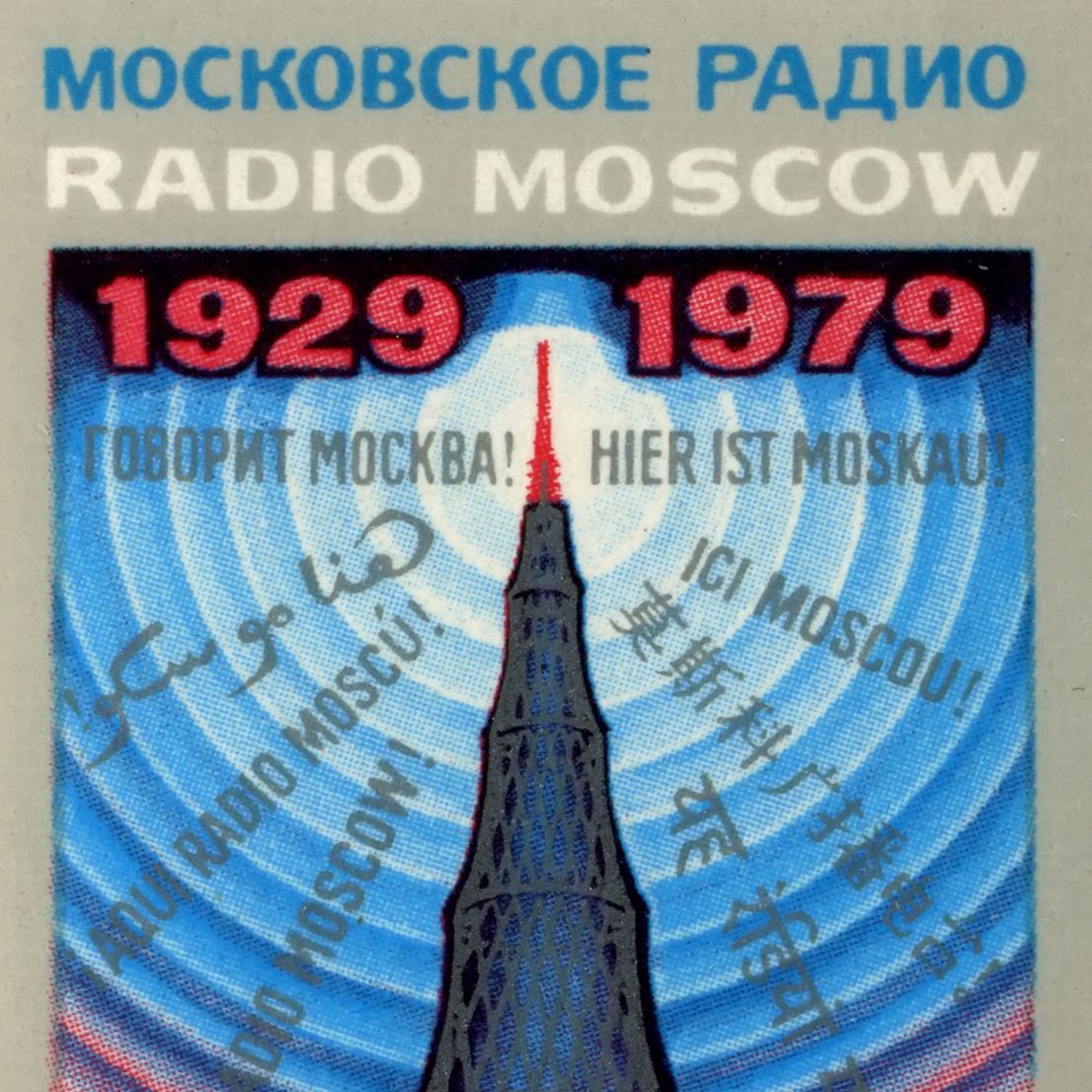
NYPR Archive Collections
Radio Moscow (1960s)
In the mid 1960s, at the height of the Cold War, WNYC was one of few American stations to broadcast cultural programs from Radio Moscow, the international news service of the USSR.
-

NYPR Archive Collections
Reader's Almanac (1938-1985)
Reader’s Almanac was one of WNYC’s longest running shows, airing for nearly 50 years through hot and cold wars, economic booms and crises, the passage and perseverance of literary trends, and the jolting culture shocks and shifting mores of an era of enormous change. It also won a Peabody.
-
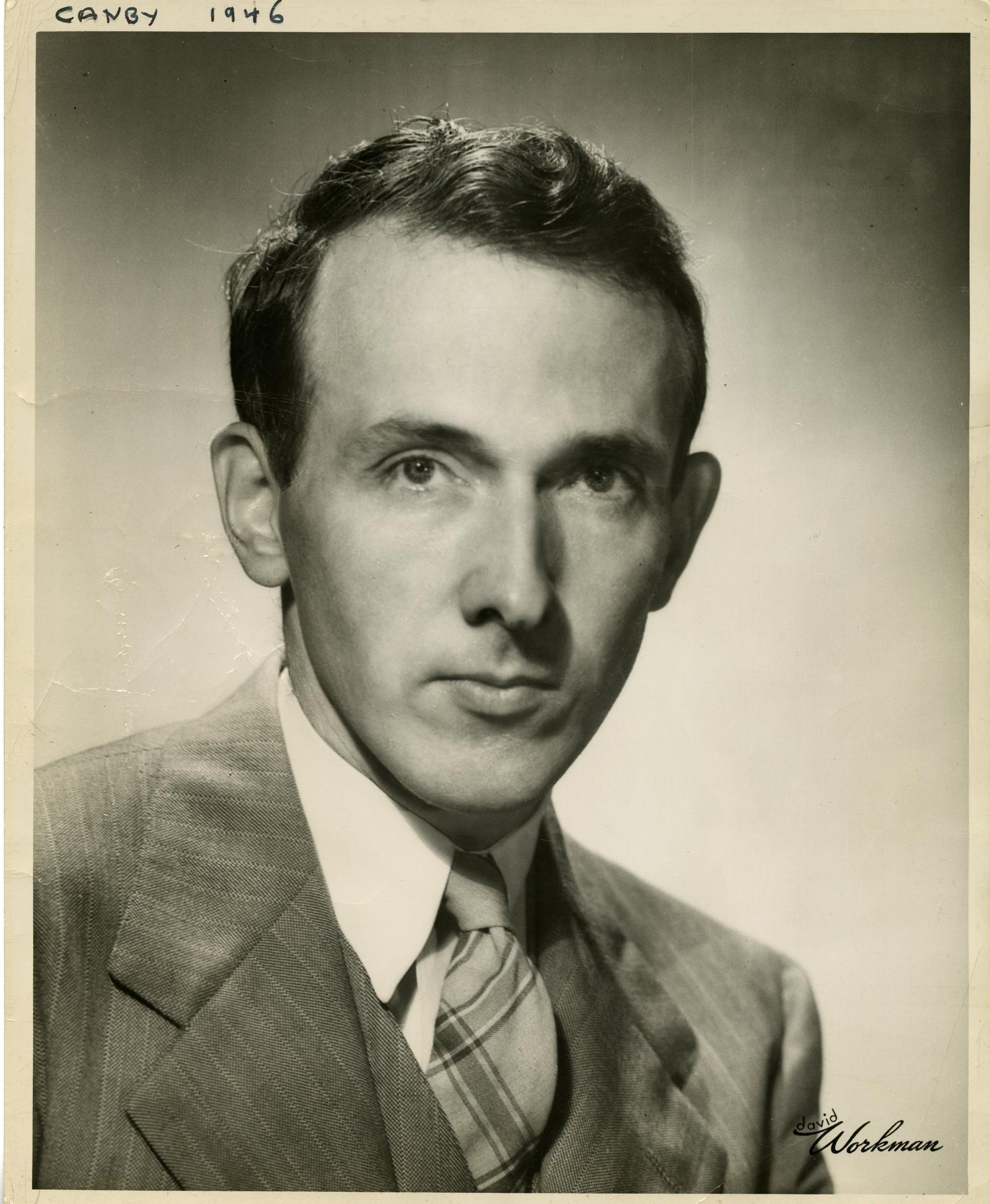
NYPR Archive Collections
Recordings, E.T.C. (1947-1970)
Hosted by Edward T. Canby, this show covered a wide range of genres including Baroque, French Impressionism, Medieval folk, and experimental electronic music.
-

NYPR Archive Collections
Report on Civil Defense (1950-1952)
From public welfare to firefighting to water safety, this program updates the public about disaster preparedness. Arthur J. Wallander, Civil Defense Director for New York City, interviewed the heads of city departments about the steps their departments had taken to meet the needs of the city's civil defense system.
-

NYPR Archive Collections
The Role of Science in the War (1942)
News for "when science plays such a large part in supplying our war needs." Talks by members of the City College of New York faculty discussing how their disciplines help the war effort. Topics include astronomy, mathematics, biology, and more.
-
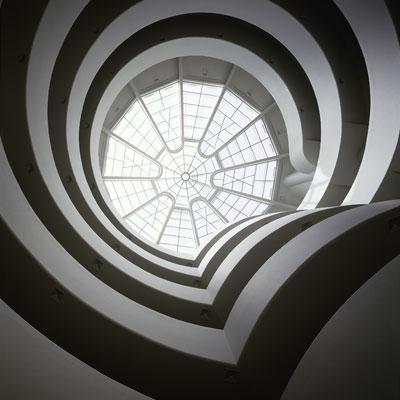
NYPR Archive Collections
Round and About the Guggenheim (1970s-1980s)
The program highlighted not only exhibitions and events at the museum, but broader issues facing the art community at galleries and museums in a time of significant social and institutional changes. Host Mimi Poser was a development and public affairs officer for the museum from the early ’70s to late ’80s.
-

NYPR Archive Collections
Schwartz, Tony Collection
For more than 30 years Schwartz produced a weekly segments on WNYC called Adventures in Sound. The Library of Congress Sound Division has generously provided digital files of some one hundred Adventures in Sound broadcasts to the WNYC Archives to publish online for the first time.
-
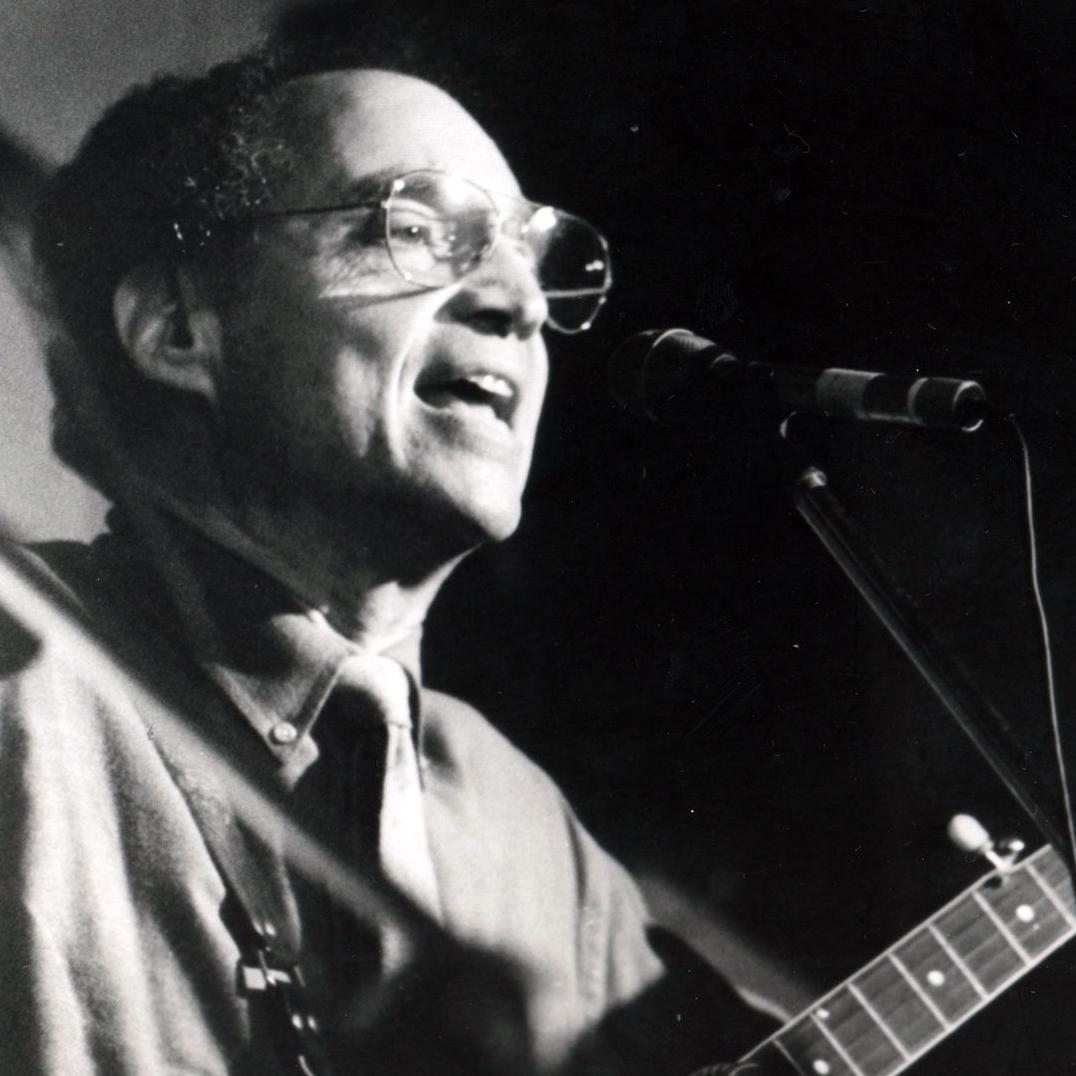
NYPR Archive Collections
Sear, Dave: Folk Music Collection (1960s-1980s)
Three decades of shows produced and recorded by Dave Sear. Artists include Reverend Gary Davis, Mable Hillery, Utah Phillips, Tom Paxton, Happy Traum, Pete Seeger, Sonny Terry and Brownie McGhee, Robin and Linda Williams, and many many more.
-
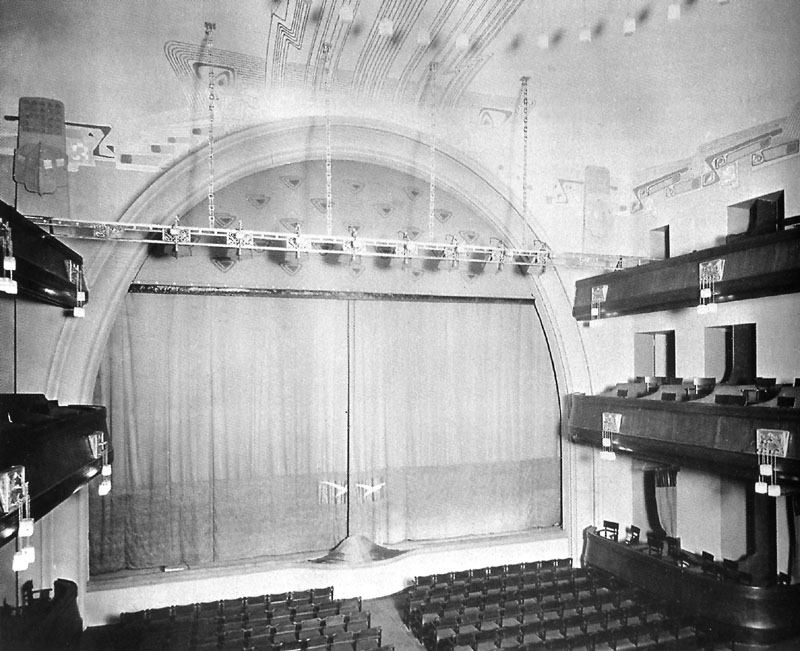
NYPR Archive Collections
Seminars in Drama: Moscow Art Theatre (1964)
Victor Manyukov, Theater Director and Teacher; Vladimir Prokofyev, Historian and Theoretician; Angelina Stepanova, Actress; and Vasily Toporkov, Actor discuss Stanislavsky's method of acting at a symposium on the Moscow Art Theatre.
-
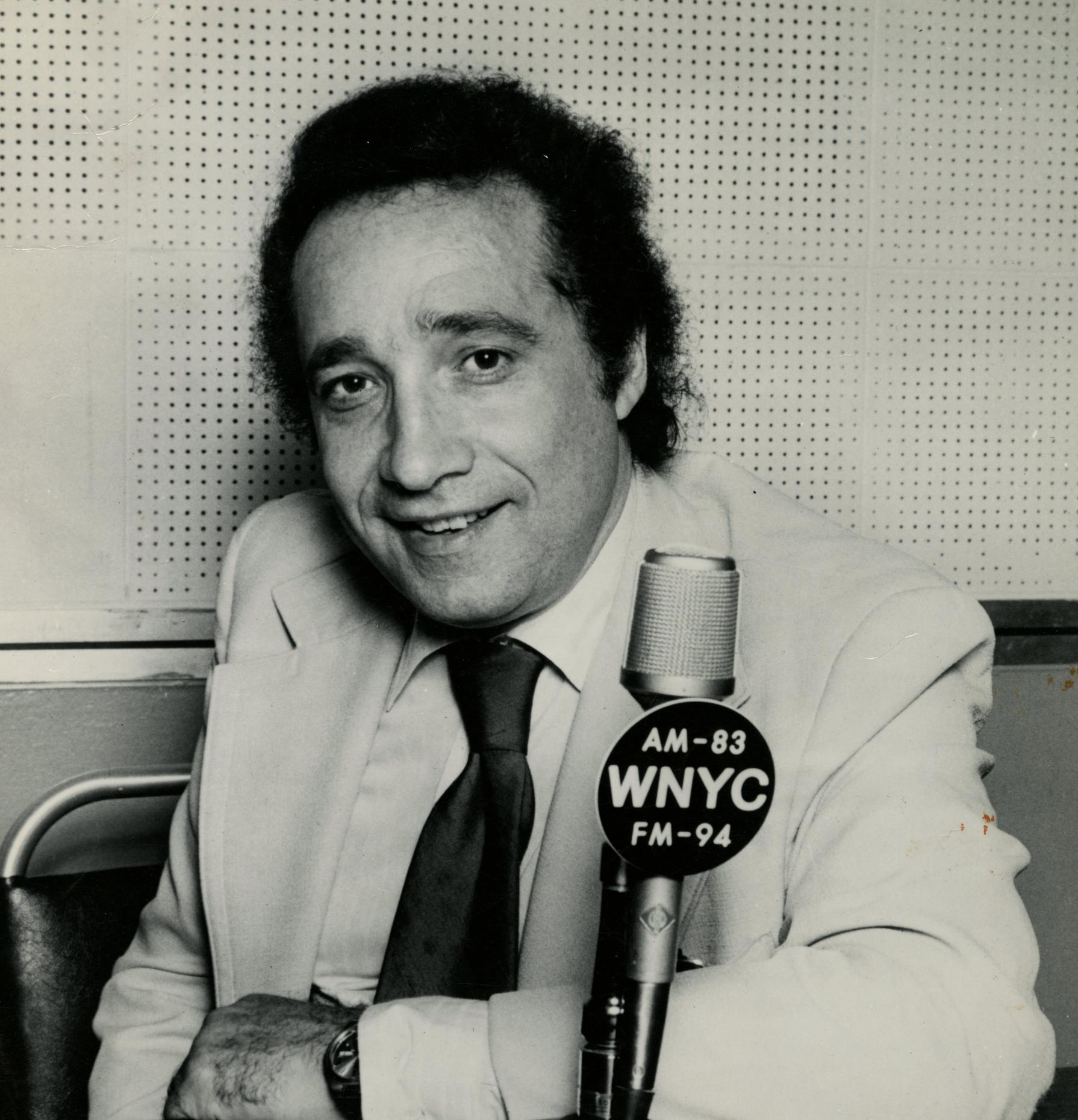
NYPR Archive Collections
Seminars in Theater (1965-1979)
Richard Pyatt hosts this interview program that discusses "trends, activities and theater practice across the country" with "outstanding artists and craftsmen in every facet of theater."
-
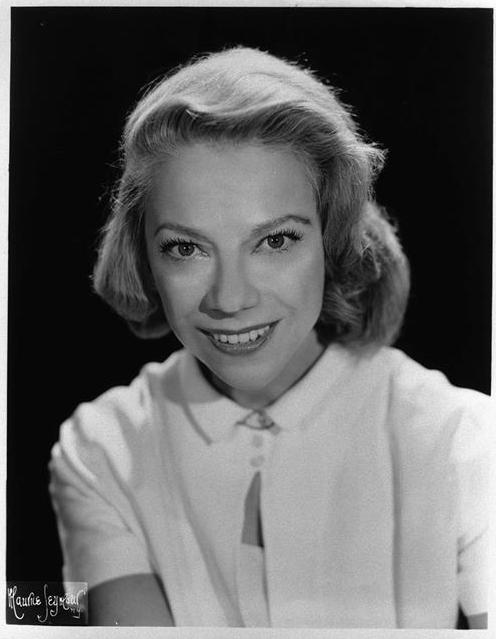
NYPR Archive Collections
The Singing Lady (1960s)
In 1960 the Peabody awards panel said that "Ireene Wicker brings to her weekly program, The Singing Lady, literate taste, tender understanding, wit, gaiety, and style. A benign sorceress as well as an artist of consummate skill, Miss Wicker has been a steadfast foe of violence and brutality and a true friend to children everywhere."
-
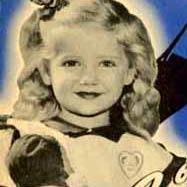
NYPR Archive Collections
Sister Elizabeth Kenny Foundation (1947-1954)
A drama about polio focusing on symptoms, illness, and eradication efforts from the Sister Elizabeth Kenny Foundation.
-
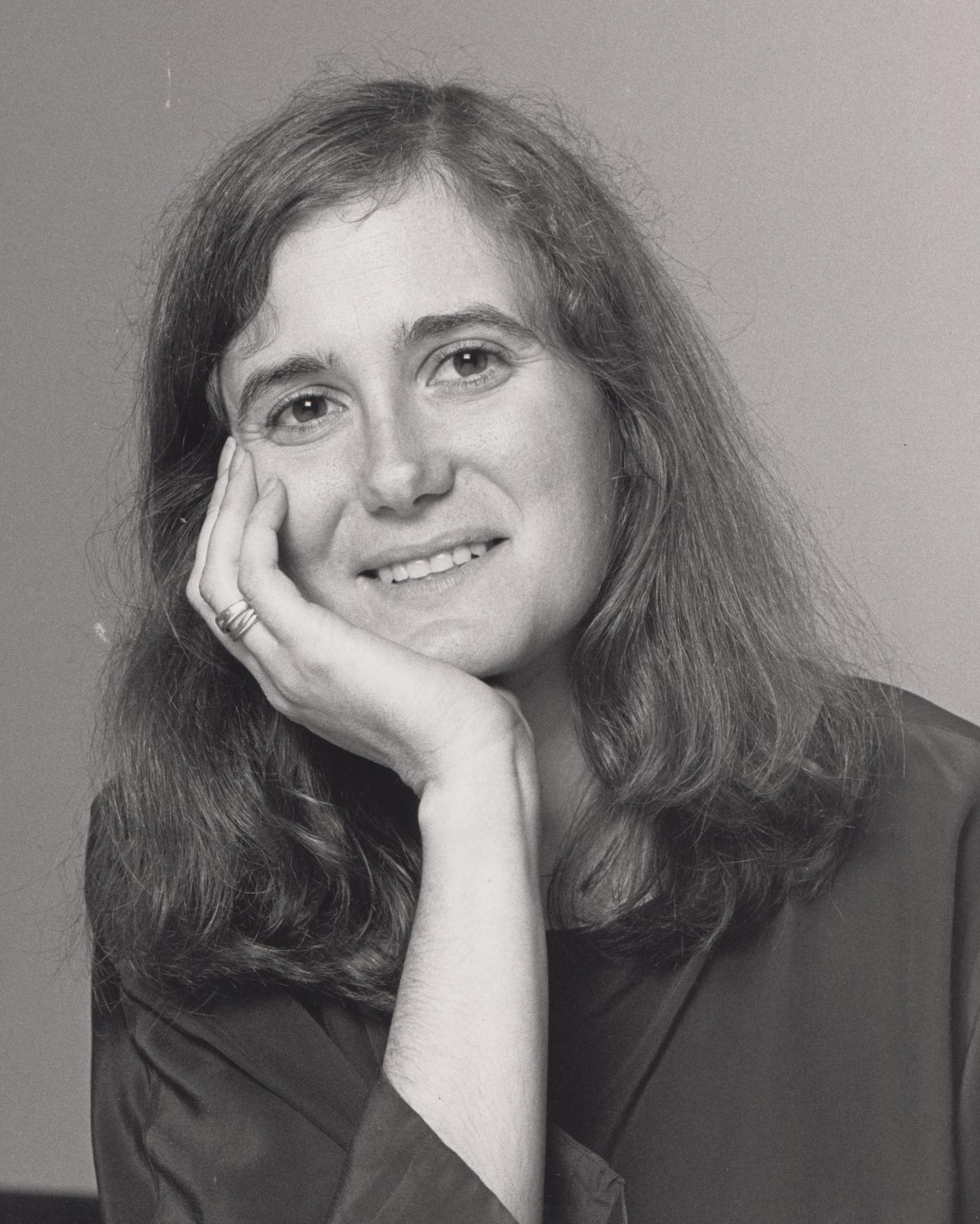
NYPR Archive Collections
Speaking for Ourselves (1985-1987)
Helping women learn more about themselves and to have men better understand the women in their lives. The show was hosted by Carrie Carmichael and Amy Goodman.
-
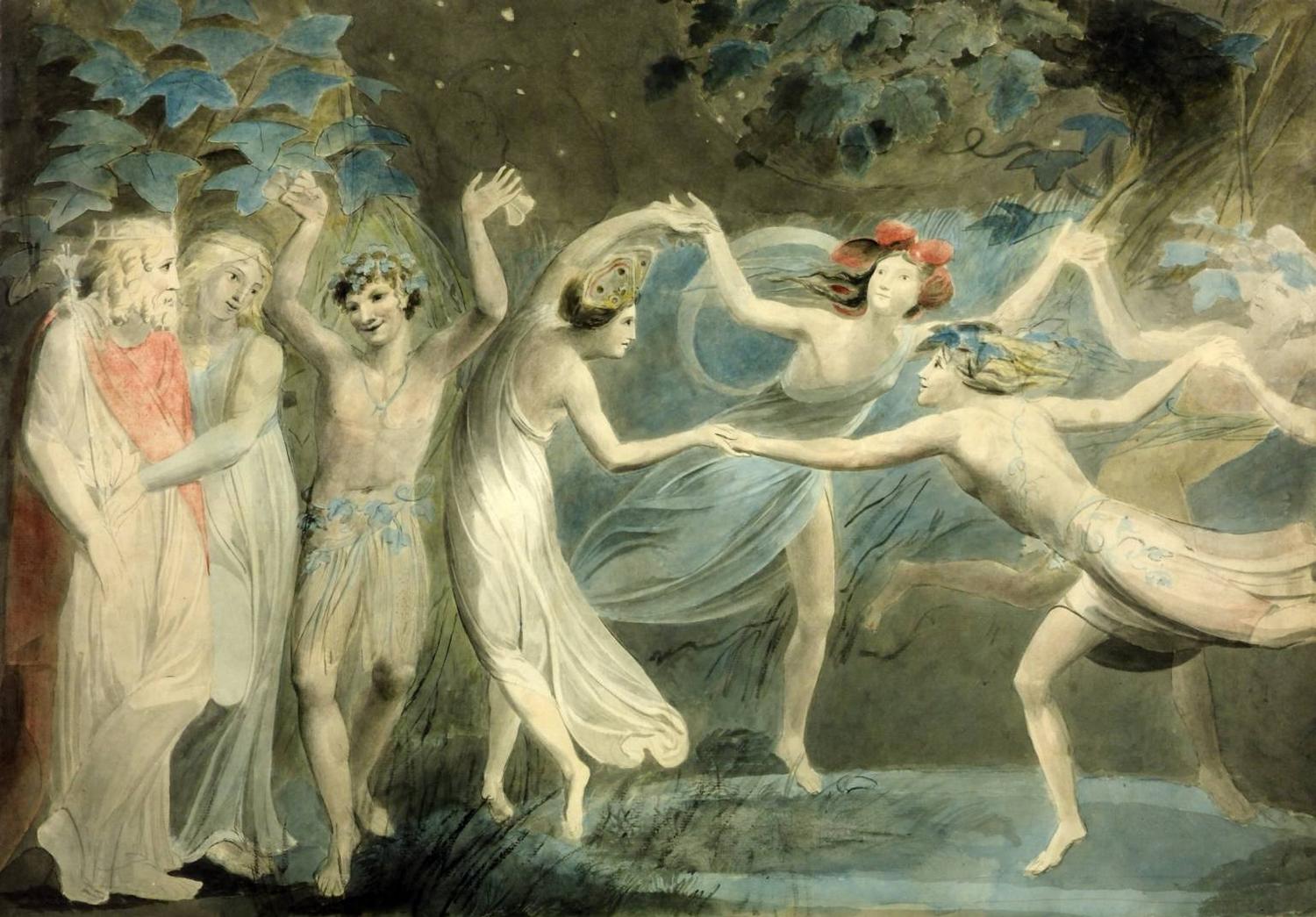
NYPR Archive Collections
Speaking of Dance
Commentaries and interviews by Lee Edward Stern, WNYC's Dance Critic.
-
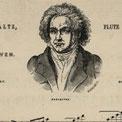
NYPR Archive Collections
Speaking of Music (1952-1955)
This interview, commentary, and discussion program features some of the greatest composers, performers, and critics of the music world.
-

NYPR Archive Collections
Spirit of the Vikings (1940s)
A program of news, interviews, and the culture of Norway as well as the resistance to the Nazi occupation during World War II with host Gladys Petch.
-
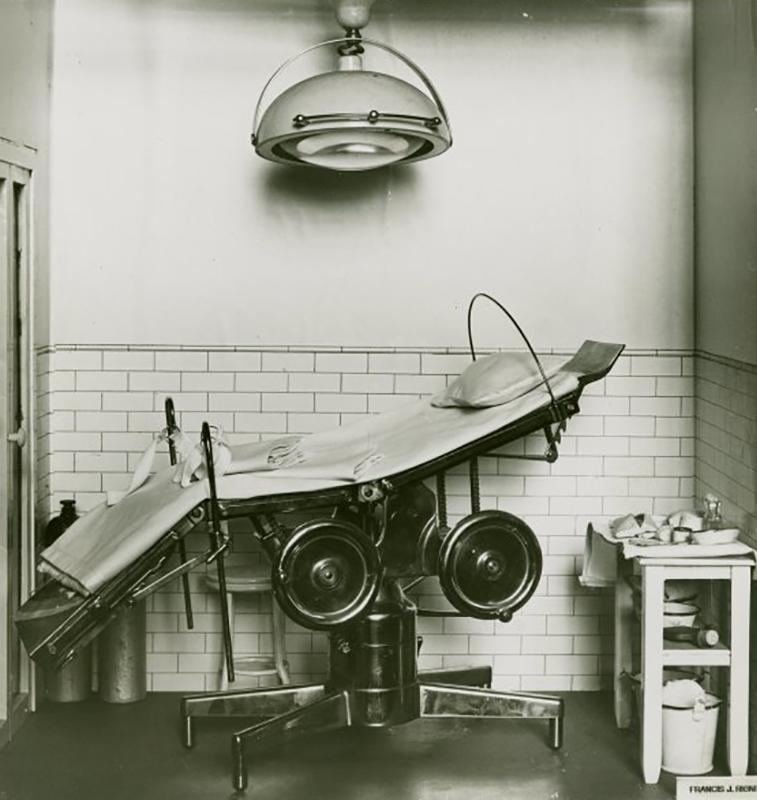
NYPR Archive Collections
The Story of Empire County (1955)
A fictional radio drama starring Dr. Walter Bell, the Health Commissioner of Empire County. Brought to you by the New York State Department of Health and produced by the State Radio Bureau, this program aired in 1955.
-
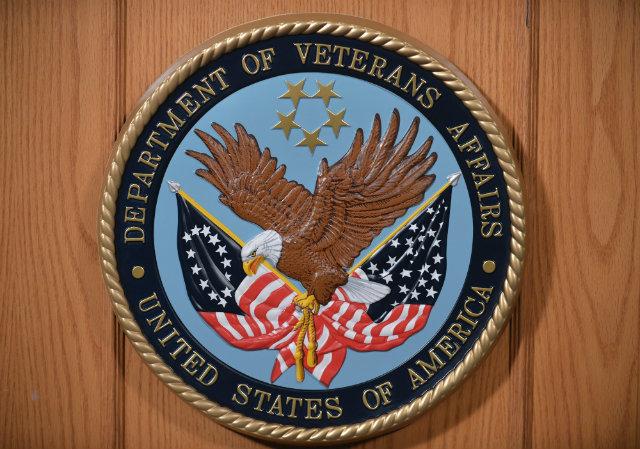
NYPR Archive Collections
Straight Facts for Veterans (1940s)
Your city station and the New York Branch of the United States Veteran Administration present "a quarter hour of veteran's news and timely comment."
-

NYPR Archive Collections
Take the Tunnel (1947)
The New York City Tunnel Authority provides historical context for "jaunts around the city" through its numerous tunnels and connectors.
-

NYPR Archive Collections
Tales From the Four Winds (1940s-1950s)
A radio series dramatizing the folk tales and legends from different lands.
-

NYPR Archive Collections
Talk to the People (1942-1945)
The famous Sunday afternoon talks by Mayor Fiorello H. La Guardia, “the people’s mayor.” These recordings, made during World War II, include the two iconic readings of the comics (only two of three were ever recorded) during the newspaper deliverymen’s strike of July 1945.
-
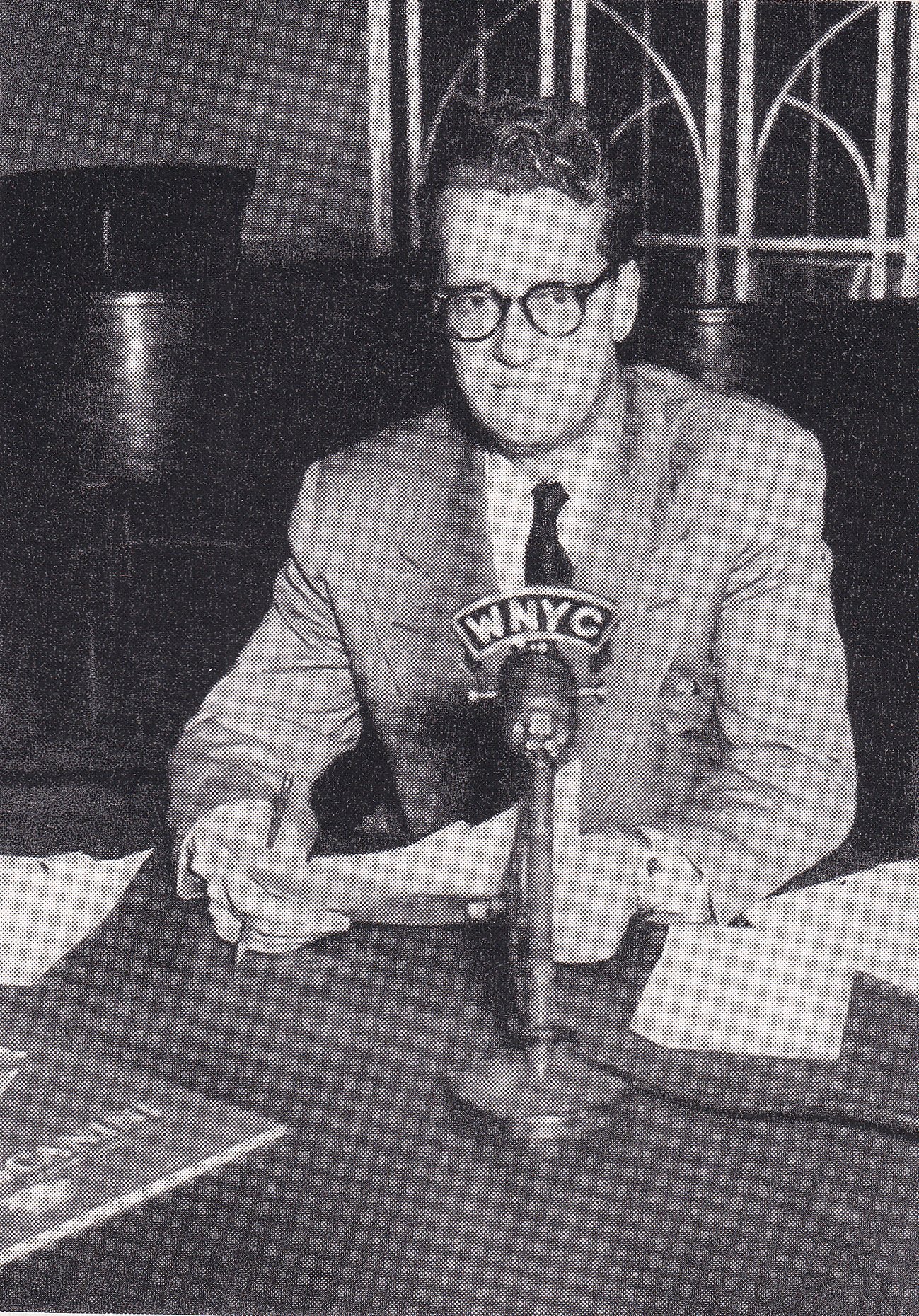
NYPR Archive Collections
This is America's Music (1950s)
Don Gillis presents "a musical heritage that is as rich and full and all-encompassing as the world has yet seen", believing that from "the outpourings of Americans has come music that is worthy, is great and necessary."
-

NYPR Archive Collections
This is Our Enemy (1942-1943)
This Office of War Information-produced radio docudrama series describes the activities of the Axis powers during World War II.
-

NYPR Archive Collections
Today in History
The WNYC News Department in collaboration with the NYPR Archives (Site under reconstruction).
-
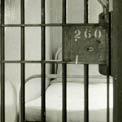
NYPR Archive Collections
Toward a Return to Society (1946)
With a mix of drama and sober/clinical assessments, the program aims to cast prison time as rehabilitative rather than punitive. The show was written and produced by Lily Supove with assistance from Antioch College interns Rod Serling, J. Michael Kitross, and Kit Davidson.
-
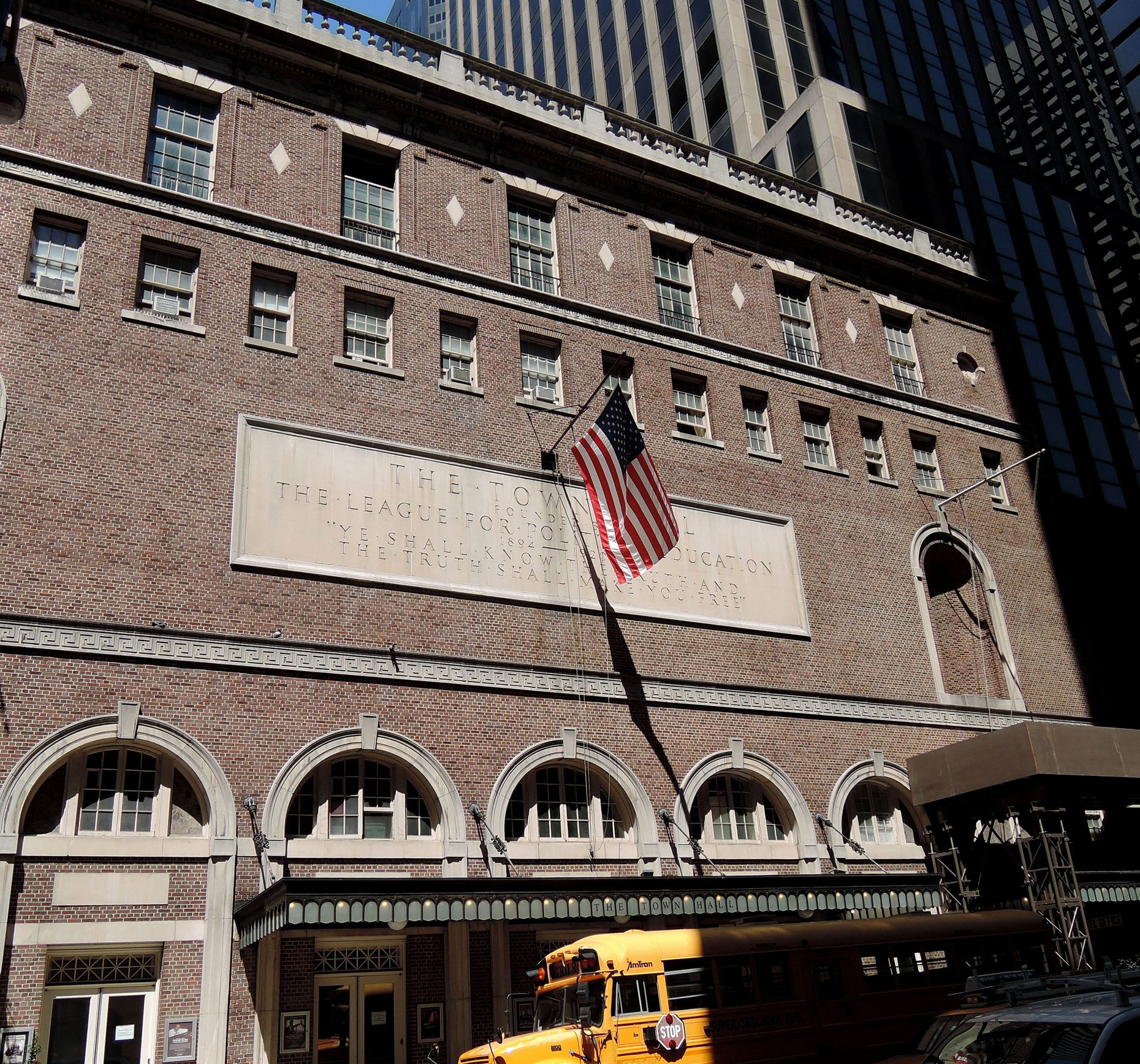
NYPR Archive Collections
Town Hall Club
Town Hall Club is a series of talks delivered at Town Hall between 1925 and 1955 by notable people.
-
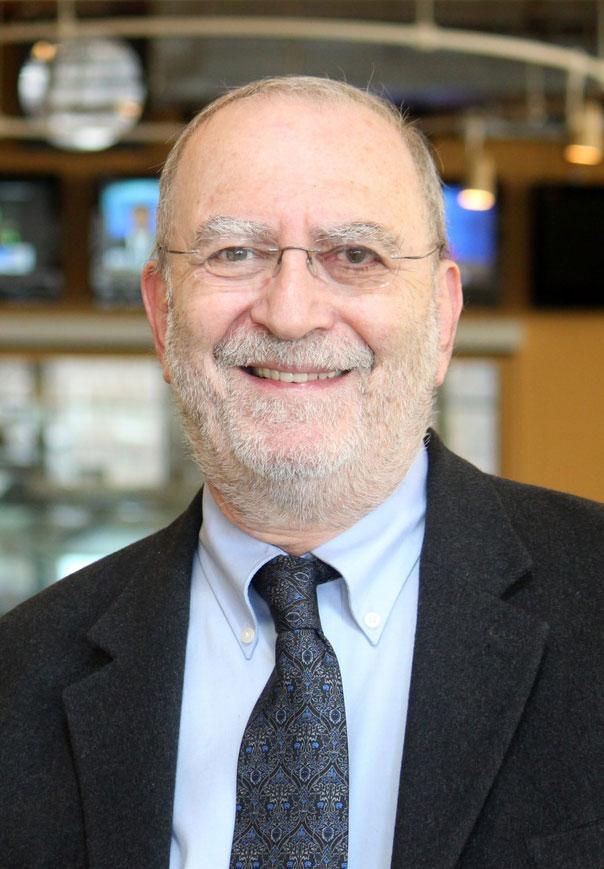
NYPR Archive Collections
Tributes
Tributes is large series of interviews with notable people who have passed away. They were interviewed by Leonard Lopate and others at WNYC over the course of many years.
-

NYPR Archive Collections
U.P.A. Forum (1947)
The United Parent's Association Forum tackles various issues related to children and education.
-
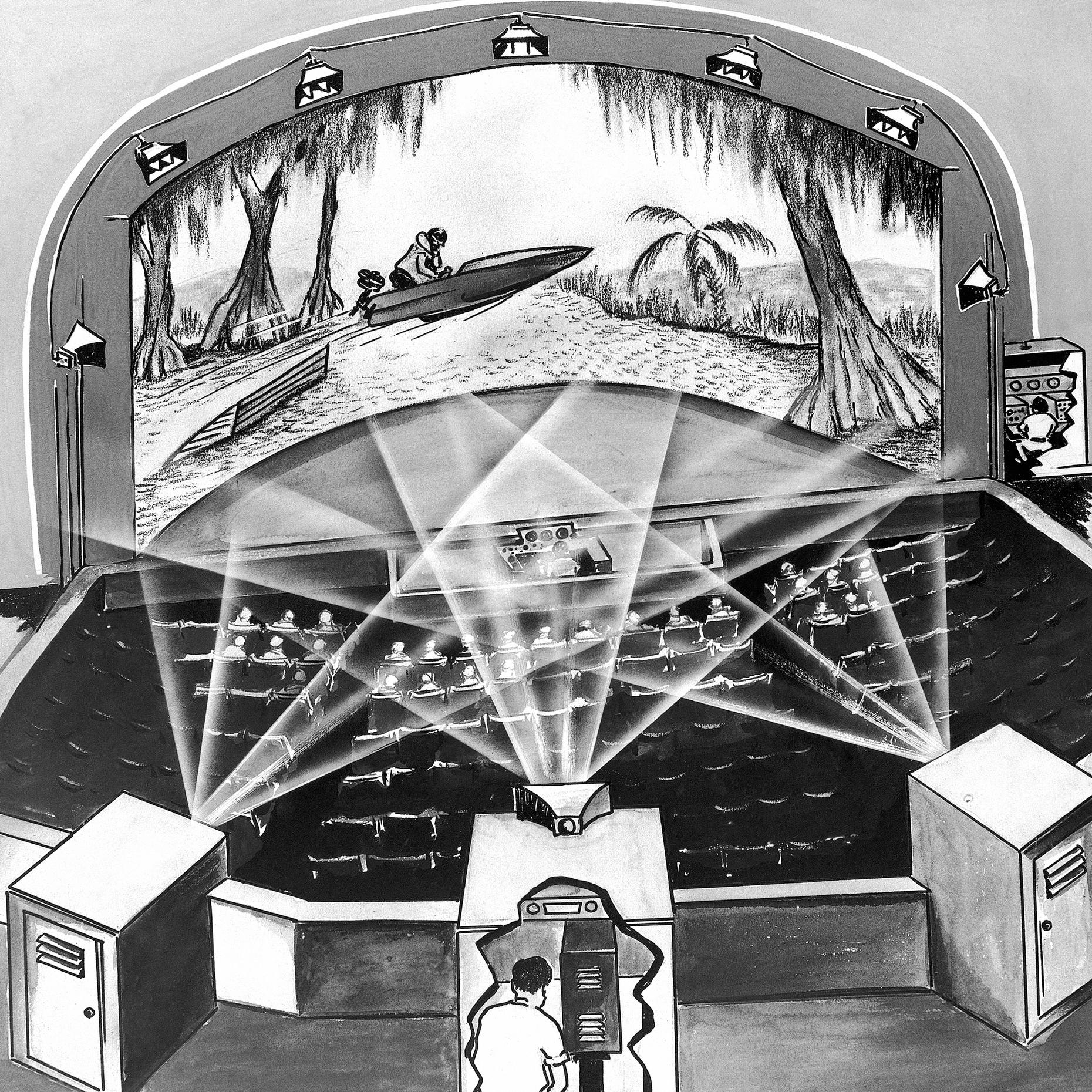
NYPR Archive Collections
Understanding Film (1960s)
A 1960s lecture series about film history and aesthetics. Brought to you from Queens College.
-

NYPR Archive Collections
Unity At Home, Victory Abroad (1943)
This program urged New Yorkers to take tolerance and unity to heart and to push prejudice to the side during the war effort. The series aired on New York's leading radio stations.
-

NYPR Archive Collections
University of Chicago Roundtable (1946)
The University of Chicago Roundtable brings together a host of panelists in the fields of journalism, science, philosophy, politics, literature, business, and others, in order to address the big questions of the day.
-

NYPR Archive Collections
V.D. Radio Project (1949)
The Public Health Service, in tandem with Columbia University, produced a number of programs aimed to stamp out syphilis.
-
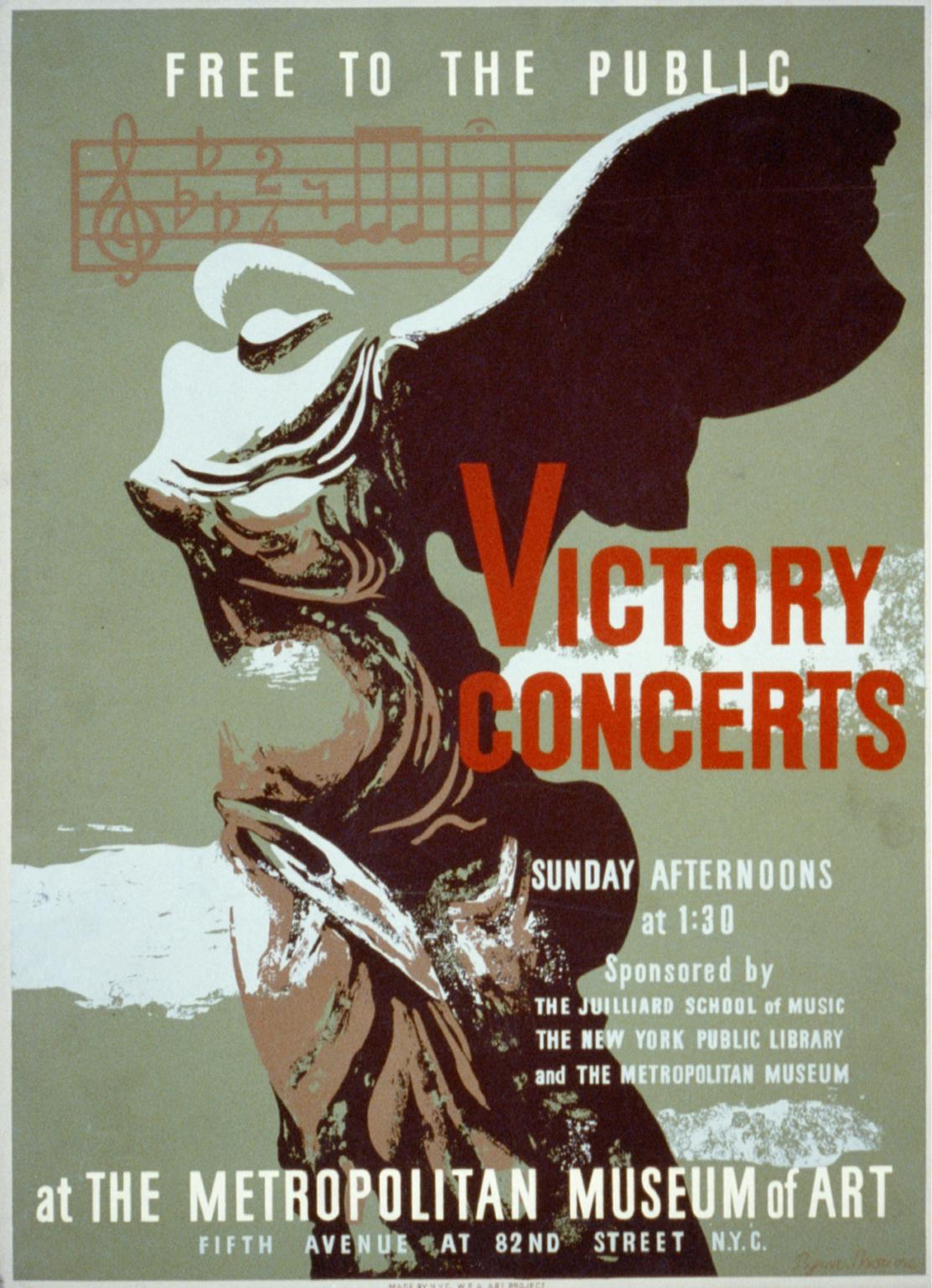
NYPR Archive Collections
Victory Concerts
Victory Concerts at The New York Public Library on 5th Avenue and 42nd Streets began on February 7, 1942 and ran for the duration of the war. Their target audience was "servicemen and their women guests."
-
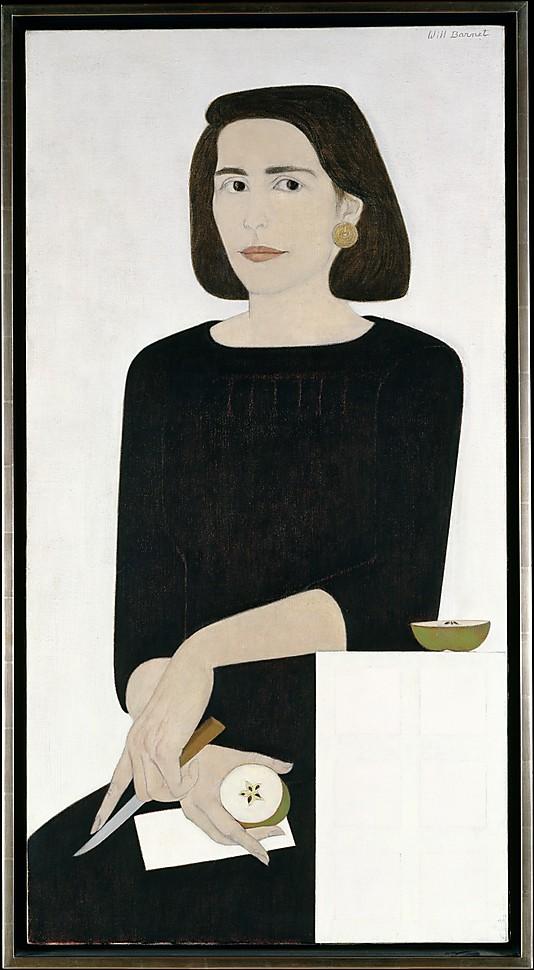
NYPR Archive Collections
Views on Art (1967-1973)
Join host Ruth Bowman as she interviews notable artists, curators, and museum directors in the New York City art scene.
-

NYPR Archive Collections
Visitors From the Other Side (1970-1979)
A weekly interview conducted by WNYC Program Director Richard Pyatt with a professional working in commercial radio. The program includes talks with disc jockeys, show hosts, administrators, editors and others in the industry.
-
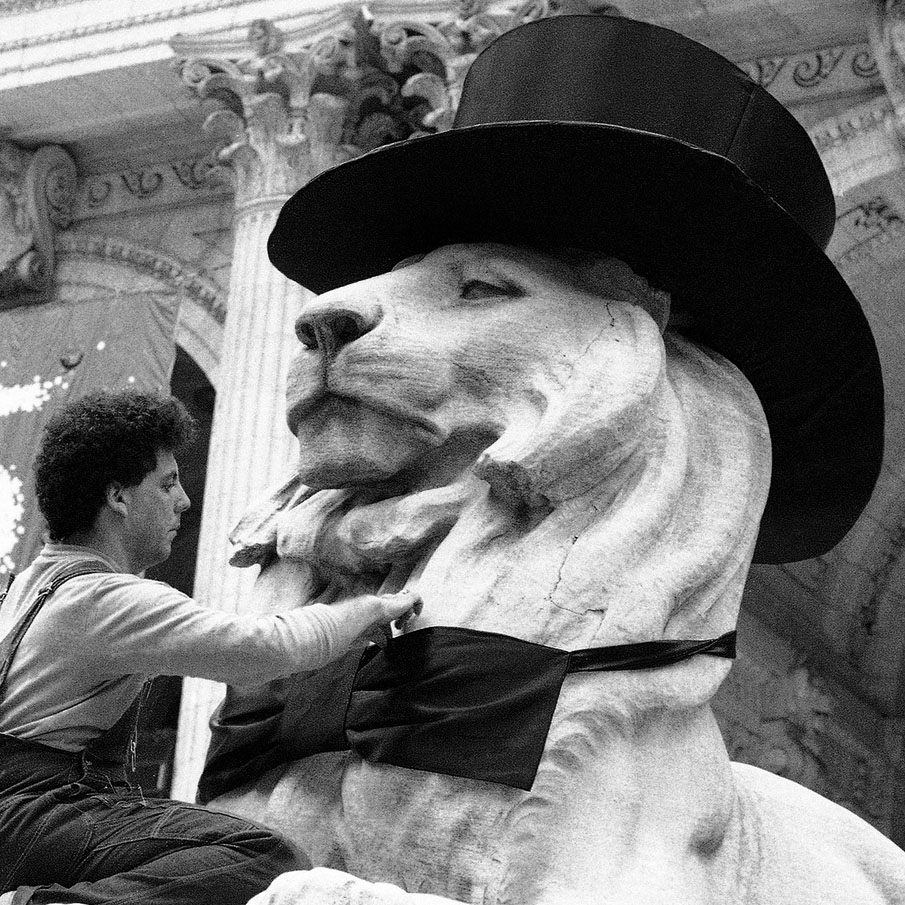
NYPR Archive Collections
Voices at the New York Public Library (1980s)
Voices at the New York Public Library presents writers, performing artists and officials talking about everything from racism in sports to Bernard Shaw to the New York City subway system
-
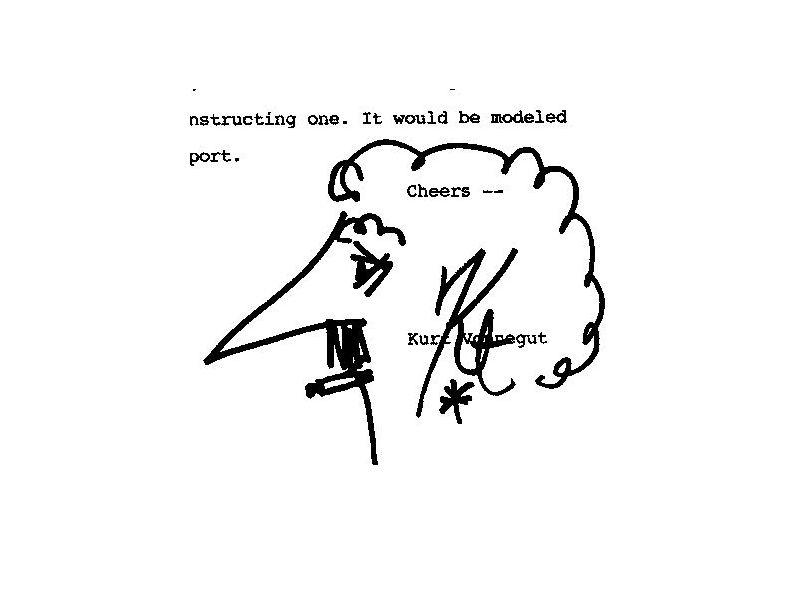
NYPR Archive Collections
The Vonnegut Collection
A collection of appearances and discussions about the writer Kurt Vonnegut and Vonnegut family members over WNYC in years past. These include his series, Reporter on the Afterlife, as well as interviews for the Reader's Almanac and other programs.
-
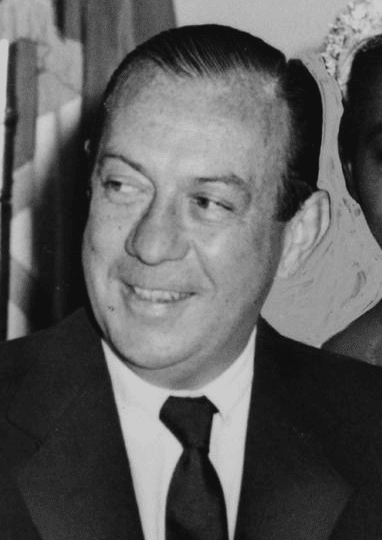
NYPR Archive Collections
Wagner, Robert F. (1961-1965)
The Mayor Robert F. Wagner collection includes audio reformatted from acetate open-reel tape and 16" transcription discs pulled from the NYC Municipal Archives. The collection spans his entire time as mayor, but the extant recordings concentrate on his third term, 1961-1965.
-

NYPR Archive Collections
Washington Dialogue (1960s)
An interview program featuring Washington politicians and policymakers. Hosted by Barbara Newman.
-
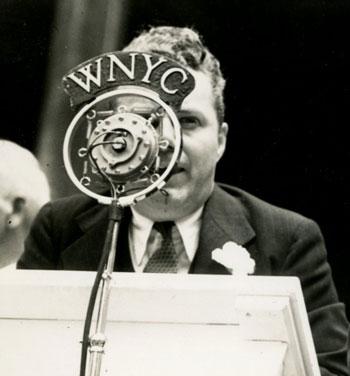
NYPR Archive Collections
Way Back
New York City has a rich and storied history, one that has played out on WNYC’s airwaves since 1924. "Way Back on WNYC" is a fortnightly portrait of the city's past as heard through archival audio.
-

NYPR Archive Collections
Weekend in New York (1947)
Host, Lilian Supove, provides a report on the various weekend arts and culture events happening around New York City.
-

NYPR Archive Collections
Weekly from the Atlantic Monthly (1960s)
A weekly program dedicated to various articles and short stories published in the Atlantic Monthly. Hosted by WNYC Program Director, Richard Pyatt.
-

NYPR Archive Collections
What Makes New York City Run (1967)
A weekly program on WNYC presented by the League of Women Voters of New York City to encourage participation in and discussion of municipal issues.
-

NYPR Archive Collections
What America Means to Me
This award-winning show, created by Philadelphia station WFIL in 1950, invited big names to wax patriotic for three to four minutes. The show had a wide range of guests, and though the emphasis was on liberty and freedom, there are moving testimonies and some candid criticisms.
-
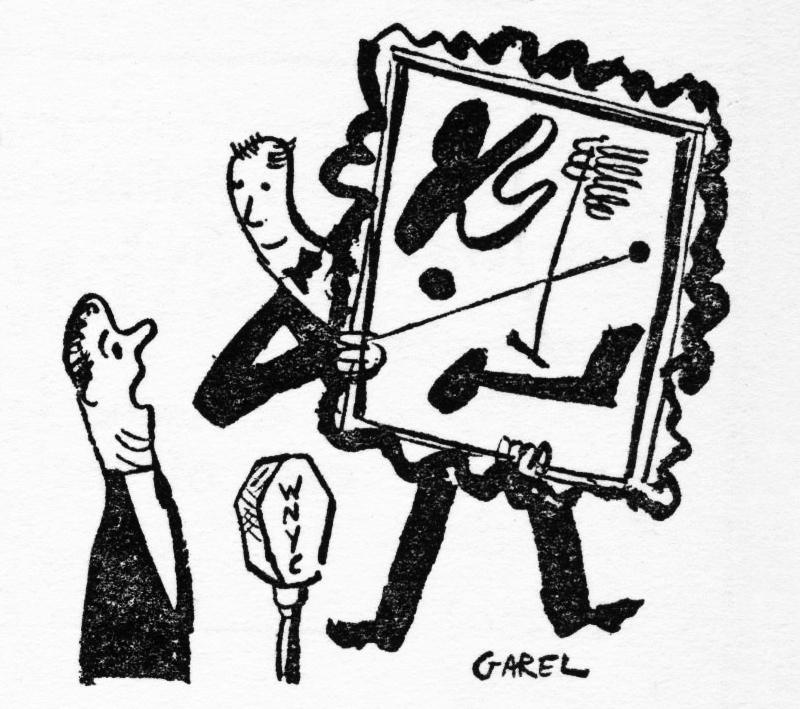
NYPR Archive Collections
WNYC American Art Festival (1950s)
An annual forum series from the early 1950s for robust discussion about art.
-

NYPR Archive Collections
WNYC History Notes
A series of articles about WNYC's colorful past, programs and producers.
-

NYPR Archive Collections
WNYC Special Report (1960s-1970s)
A series about New York City - its people, agencies, problems, and solutions.
-
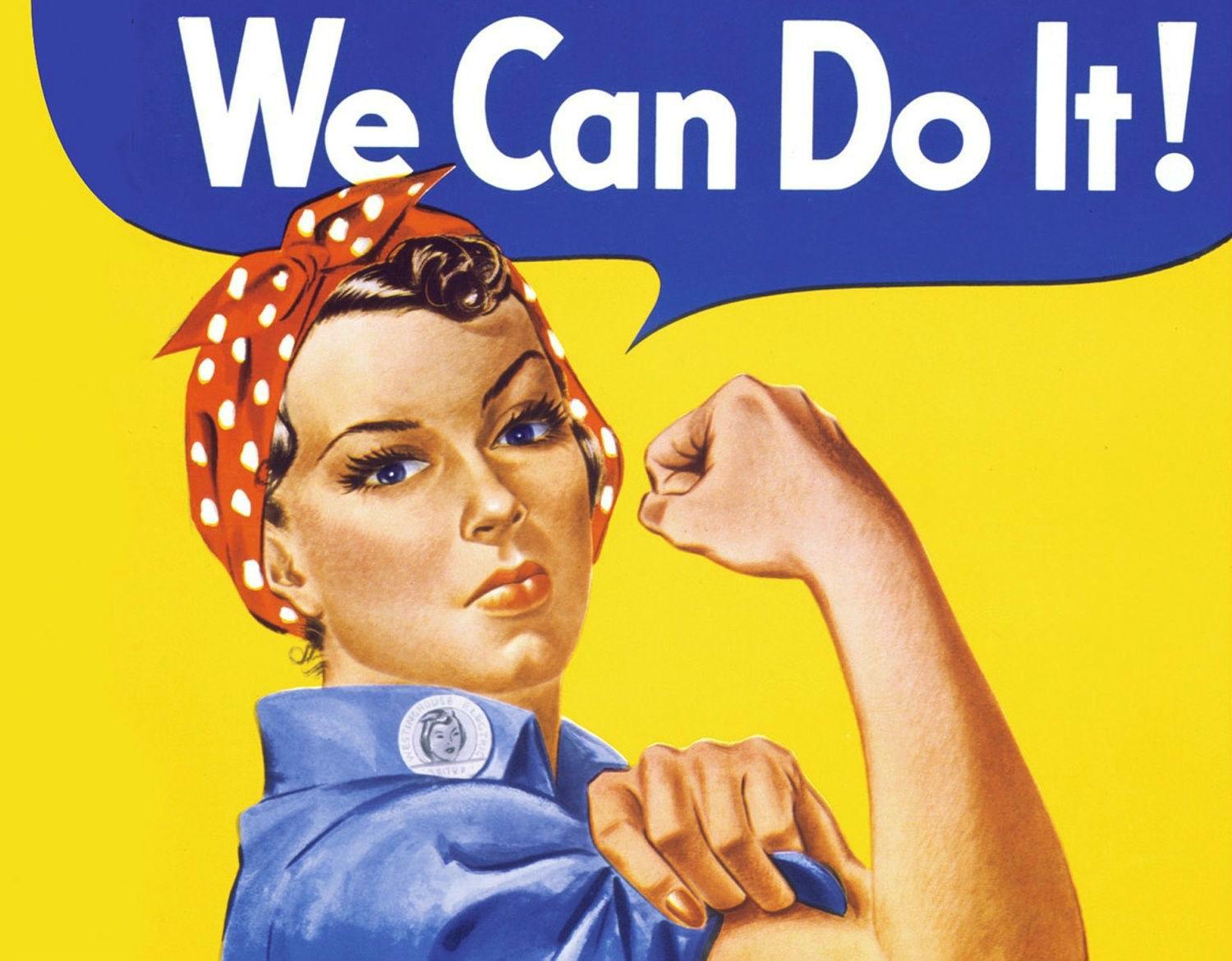
NYPR Archive Collections
Women's History Month Collection
The New York Public Radio Archives has pulled together some of the department's leading preservation work, series and sonic artifacts concerning women's history.
-
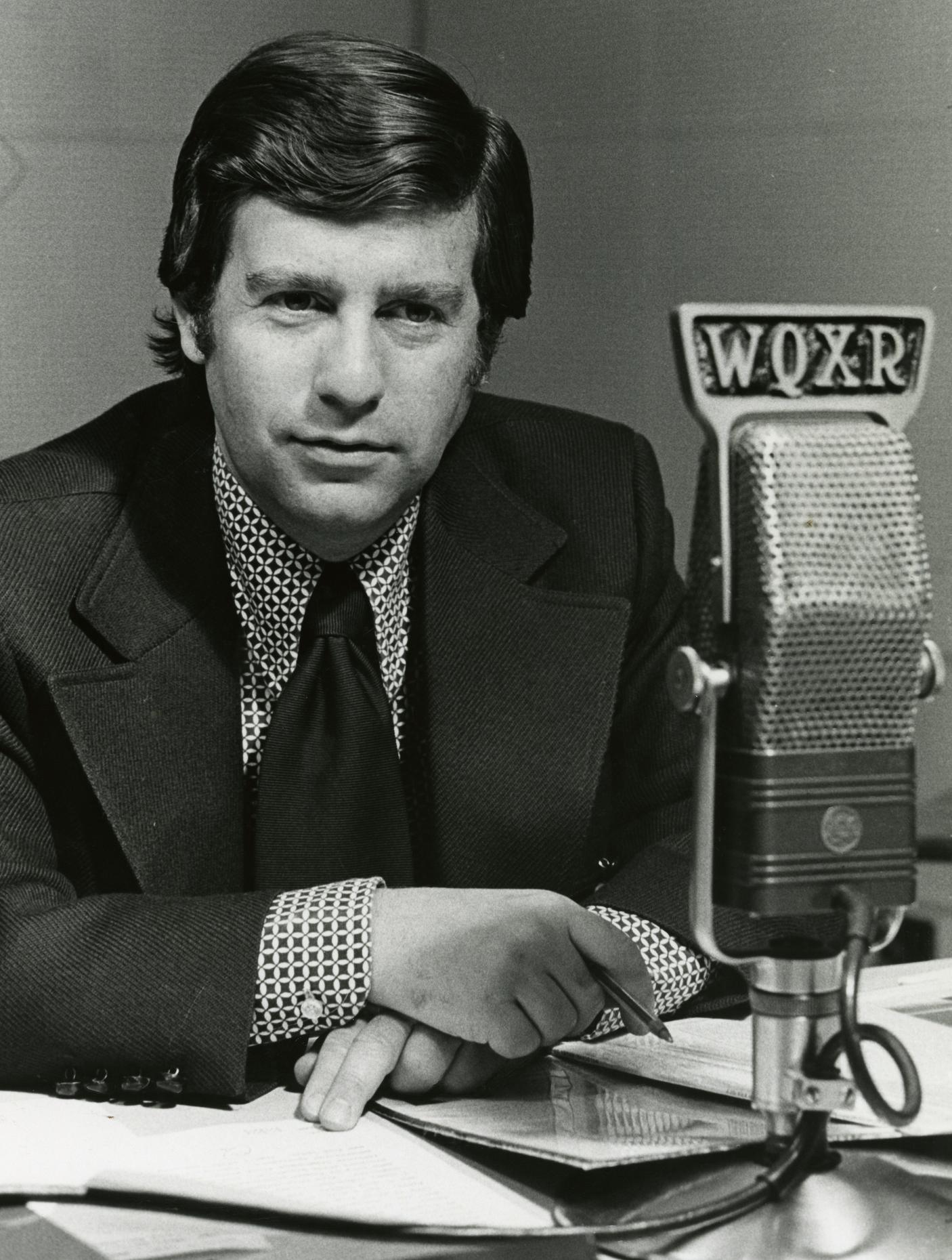
NYPR Archive Collections
Woody's Children (1969-1999)
Since January 1969 Woody's Children has aired the likes of Judy Collins, Odetta, Tom Paxton, Tom Chapin, Josh White, Jr., Peter, Paul & Mary, Pete Seeger and many other folk singers. The show was hosted and produced by Bob Sherman for 30 years on WQXR before the station decided it no longer fit its format. However, it did not die! Thankfully, Woody's Children was then picked up by WFUV where it can be heard to this day.
-

NYPR Archive Collections
Works Progress Administration: Federal Music Project (1930-1941)
From the mid-1930s to early 1940s, the federal Works Progress Administration (WPA) distributed thousands of transcription discs to hundreds of radio stations around the United States, including WNYC.
-
NYPR Archive Collections
World of the Arts (1965)
An arts magazine program produced by the Office of Cultural Affairs of the City of New York that interviewed various curators, museum directors, and artists in New York City.
-
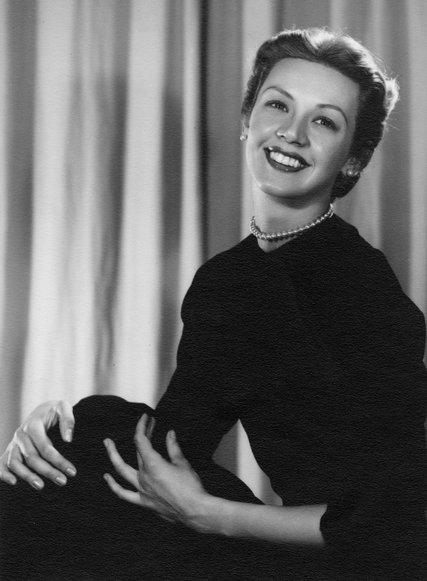
NYPR Archive Collections
World of Dance
A series featuring interviews with many of the 20th Century's greatest dancers and choreographers.
-
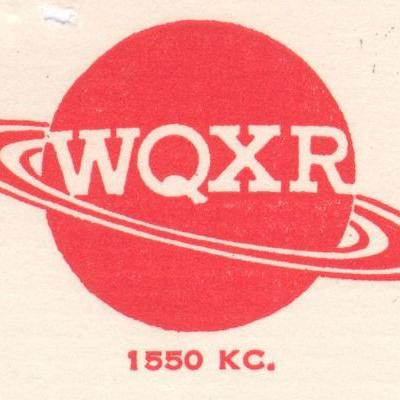
NYPR Archive Collections
WQXR Archive Collections
We gathered here some choice bits of WQXR's distinguished past.
-

NYPR Archive Collections
WQXR at Fifty: An Anniversary Album (1986)
Host Robert Sherman digs deep into the station's rich archives for this mini-series celebrating the first 50 years of WQXR.
-

NYPR Archive Collections
WQXR History
A series of articles and blog pieces using material from the WQXR Archive Collections highlighting shows, personalities and interviews from the station's 80+ years on the air.
-

NYPR Archive Collections
WQXR Program Guide - WWII Era Essays
Leading conductors, composers, commentators, WQXR staff and others have their say about music and broadcasting in turbulent times.
-

NYPR Archive Collections
You and Your Health (1946)
A discussion of health issues and advice with a host of prominent medical practitioners.
-

NYPR Archive Collections
You and Your Landlord (1968-1969)
A discussion of home ownership and tenants' rights issues in New York City.
-
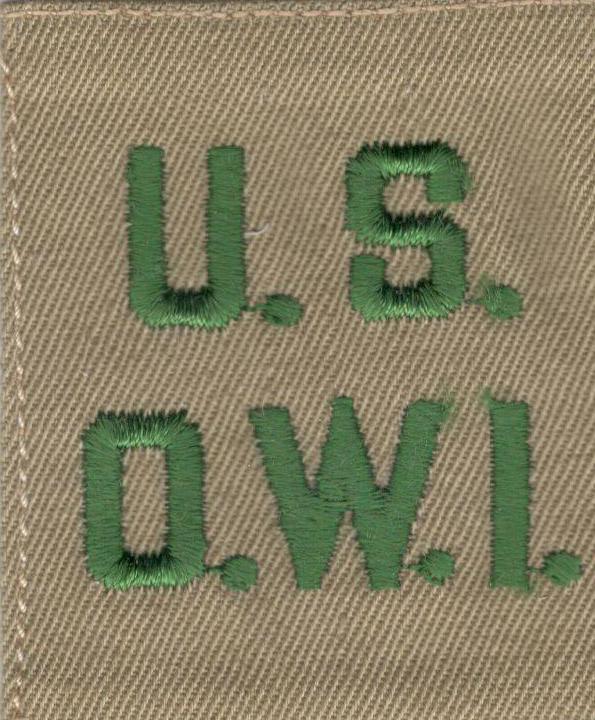
NYPR Archive Collections
You Can't Do Business With Hitler
You Can't Do Business With Hitler was written and produced by the radio section of the Office of War Information (OWI). The program is based on a book by the same name detailing the experiences of Douglas Miller, who was for 15 years commercial attaché to the American Embassy in Berlin. (Site under construction)
-

NYPR Archive Collections
Young People's Concerts
The Young People's Concerts at the New York Philharmonic are the longest-running series of family concerts of classical music in the world, according to Wikipedia. They began in 1924 under the direction of "Uncle" Ernest Schelling and have run uninterrupted under this name since 1926.
-

NYPR Archive Collections
Your Land and Mine (1967)
A monthly series featuring Commissioner Carl Madonick of the City's Department of Real Estate.
-

NYPR Archive Collections
Your Pocketbook (1951)
From the Office of Price Stabilization for New York and New Jersey, this show discusses the pennies and nickels of city life.
-

NYPR Archive Collections
Youth Builders (1947-1952)
A civics series intended to teach youngsters about participatory democracy.
